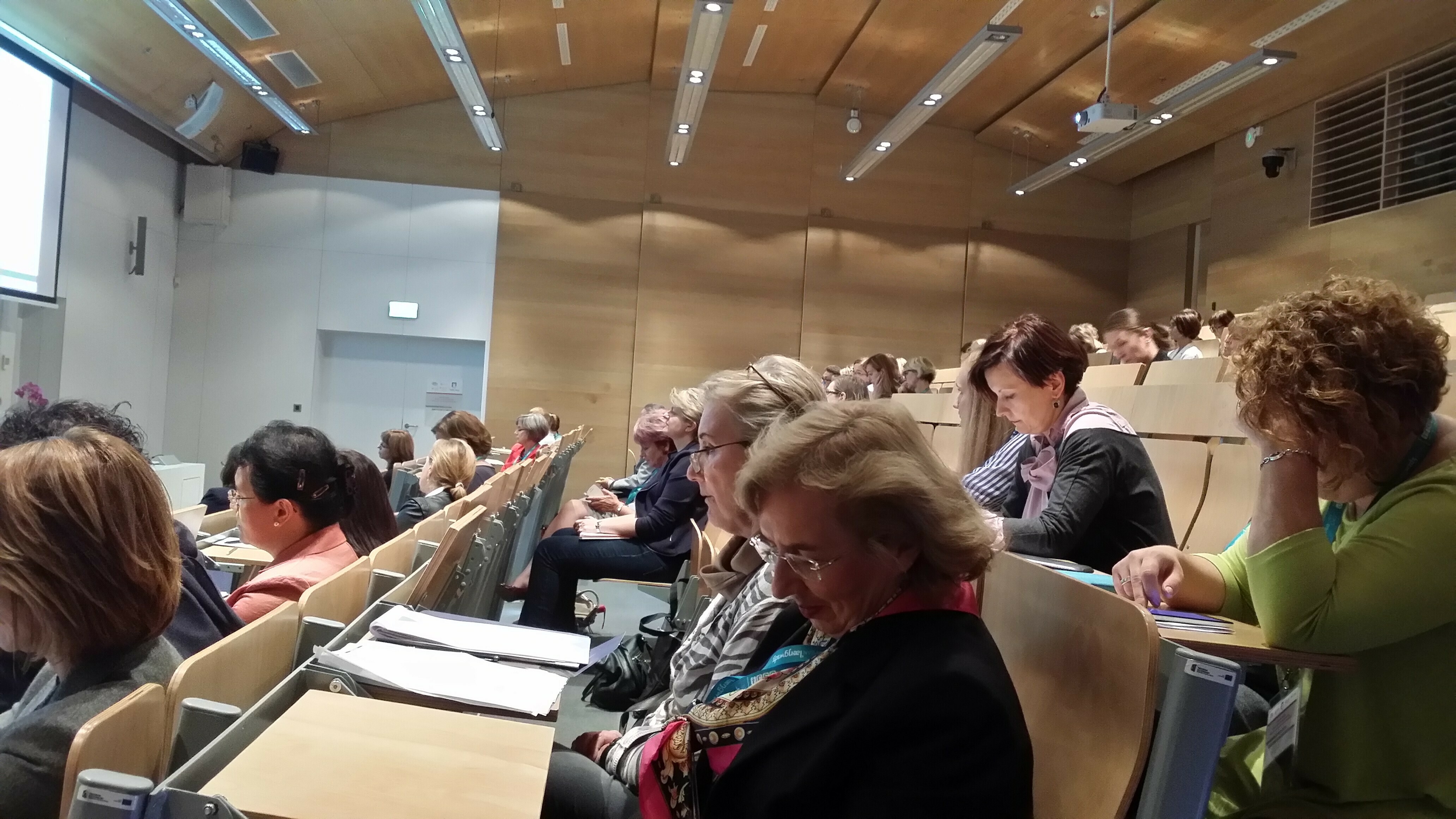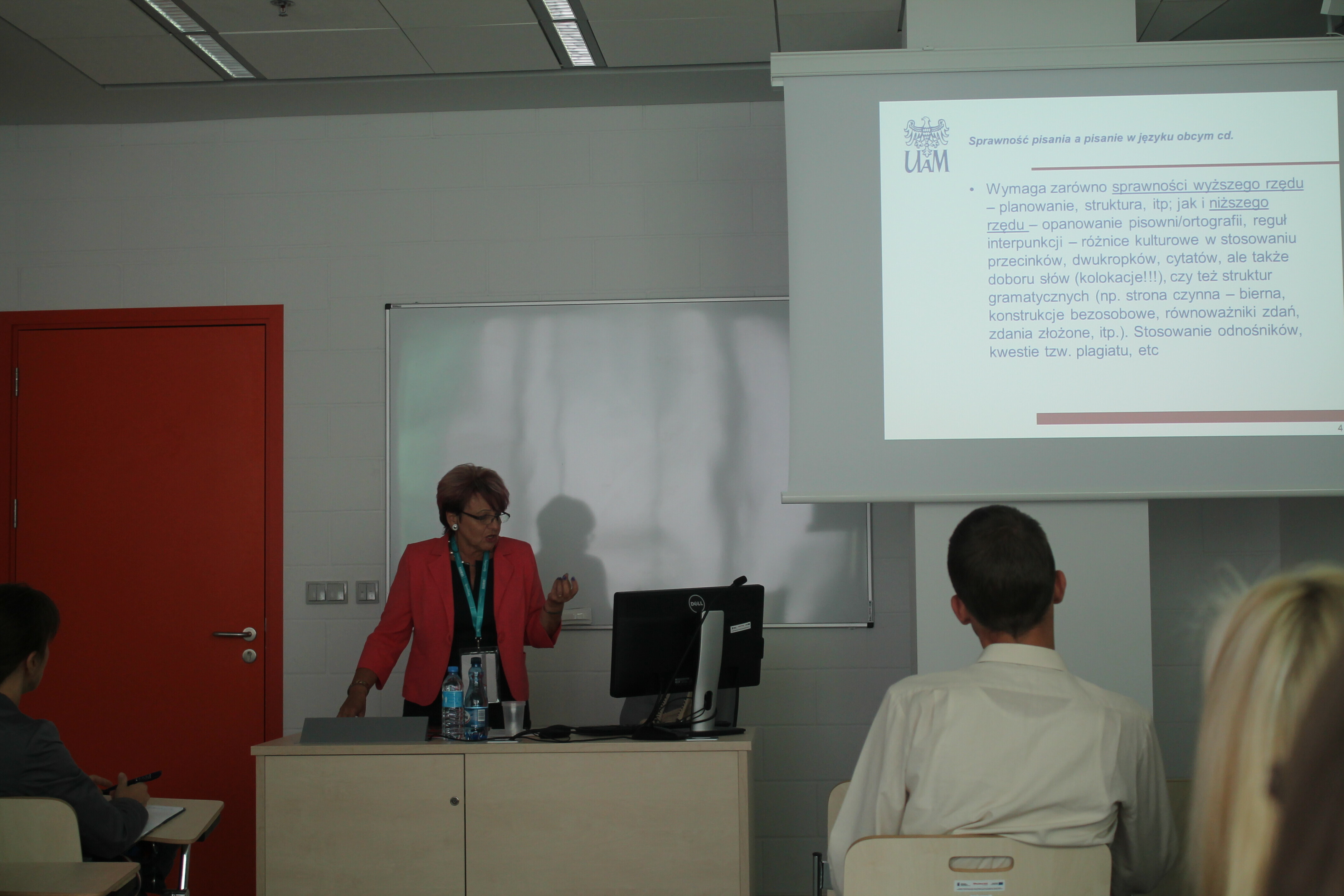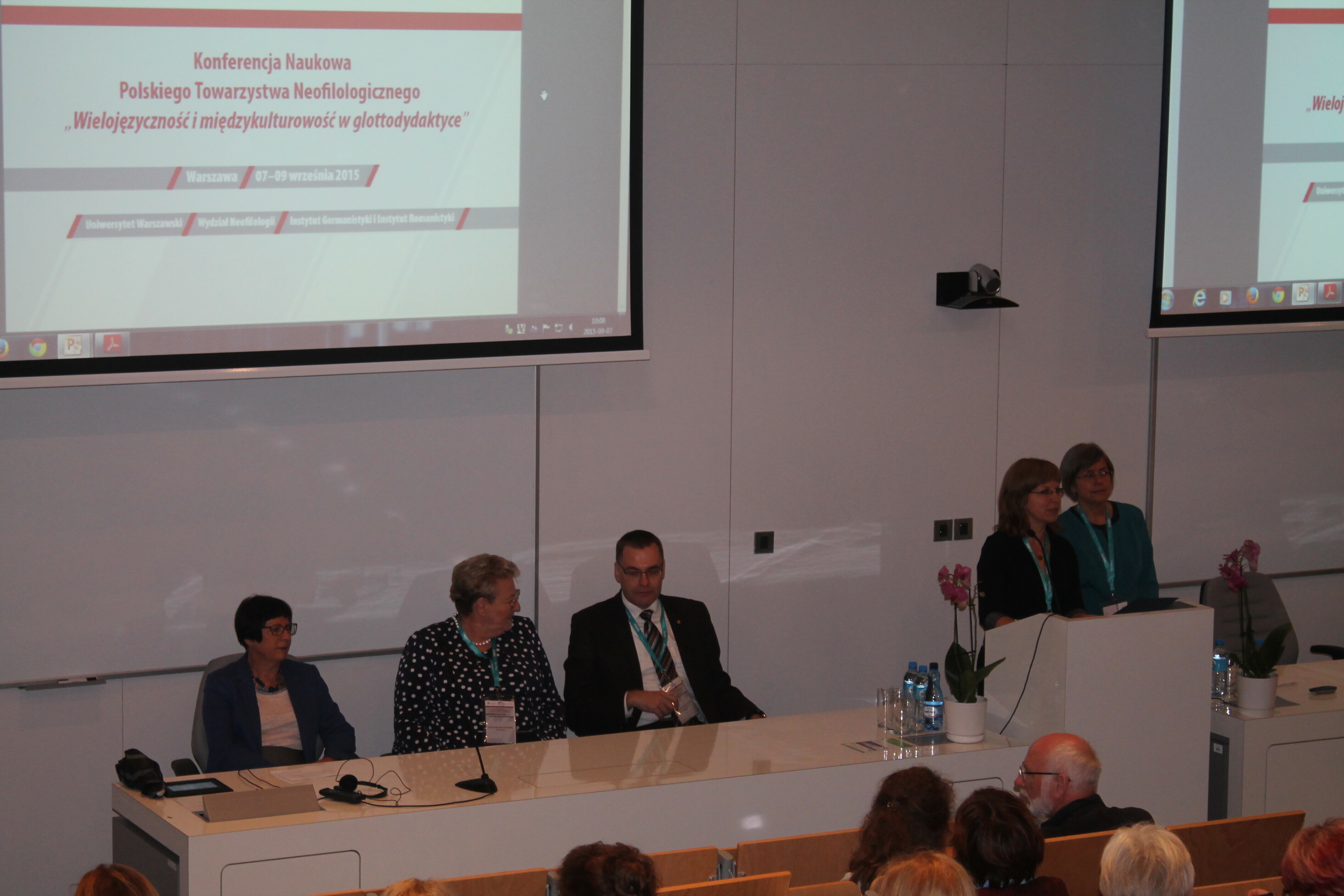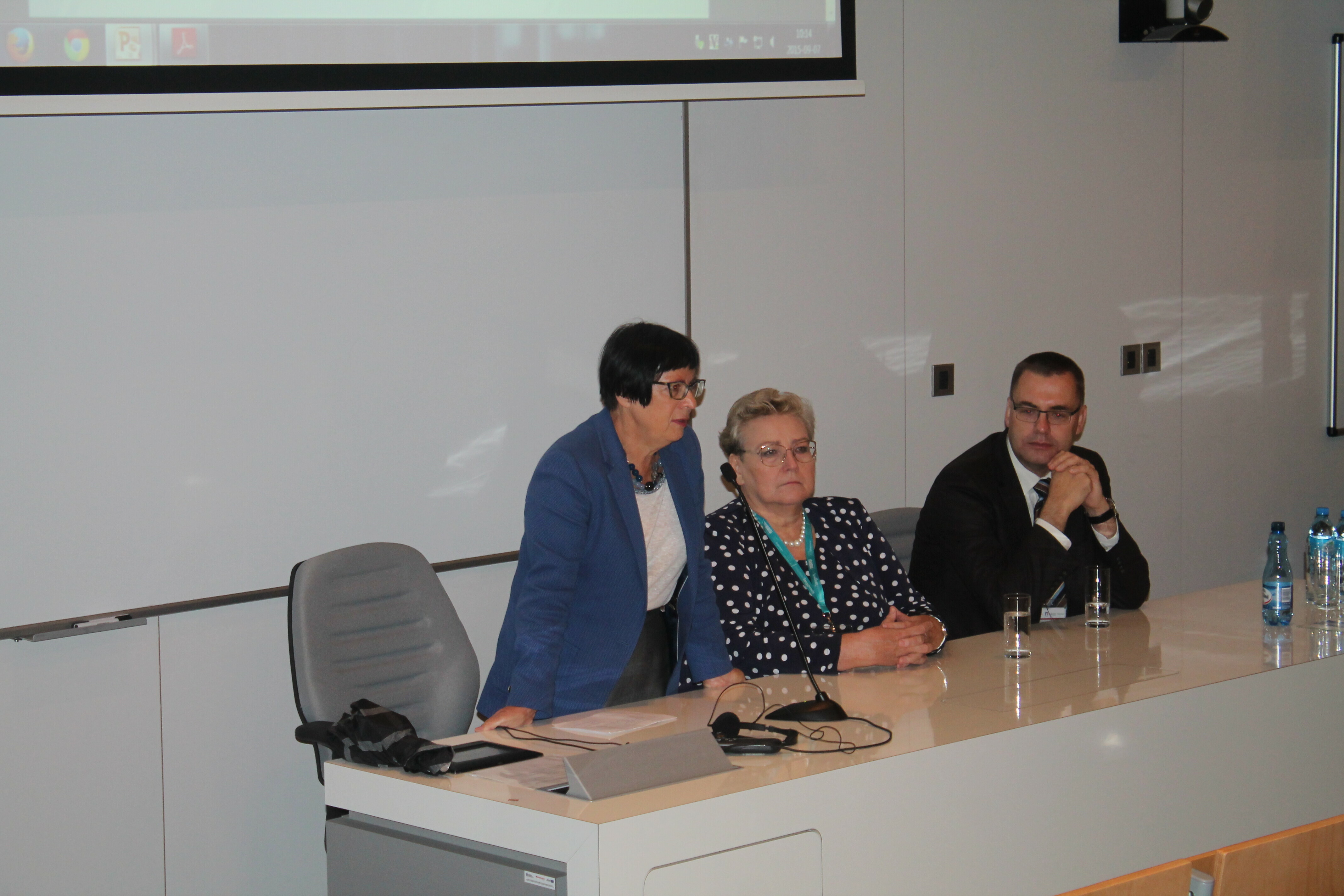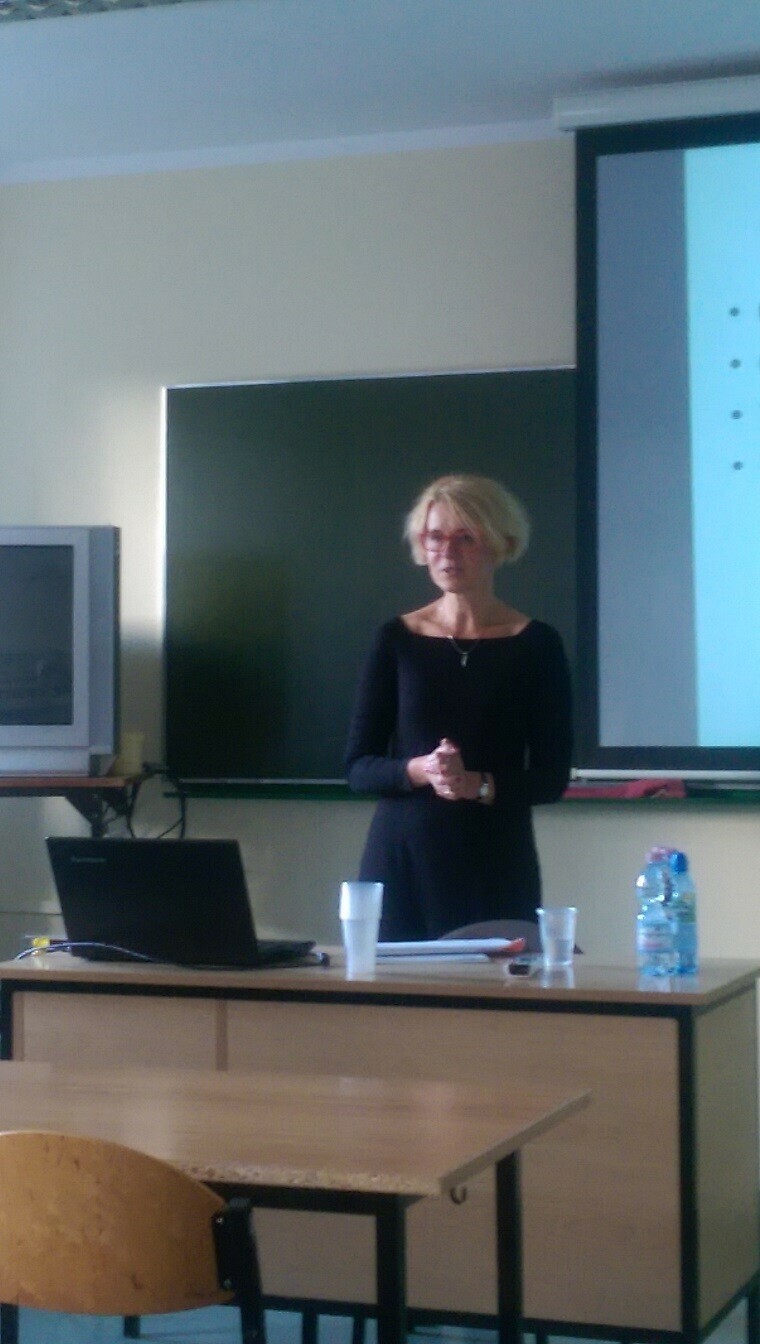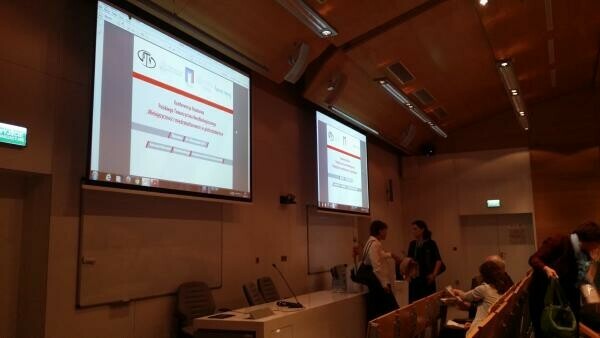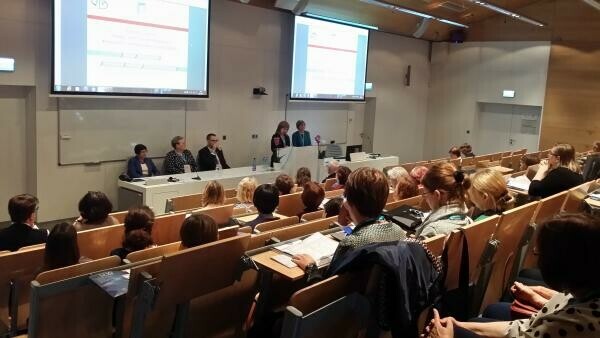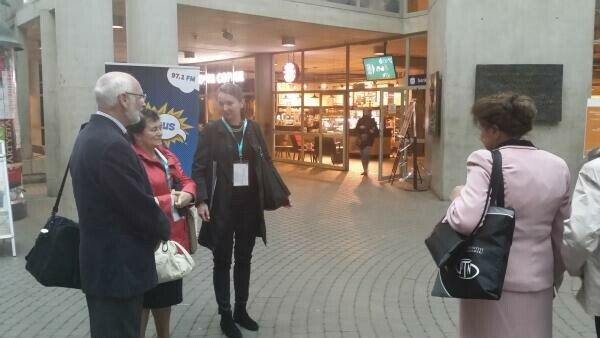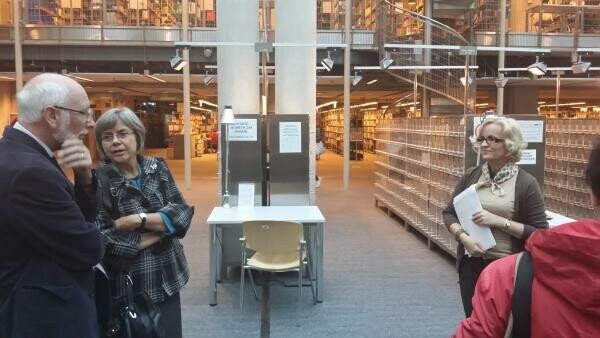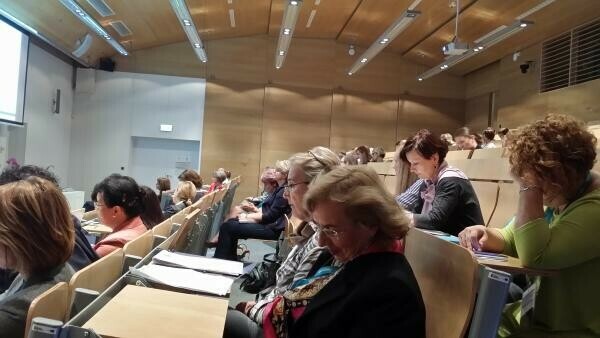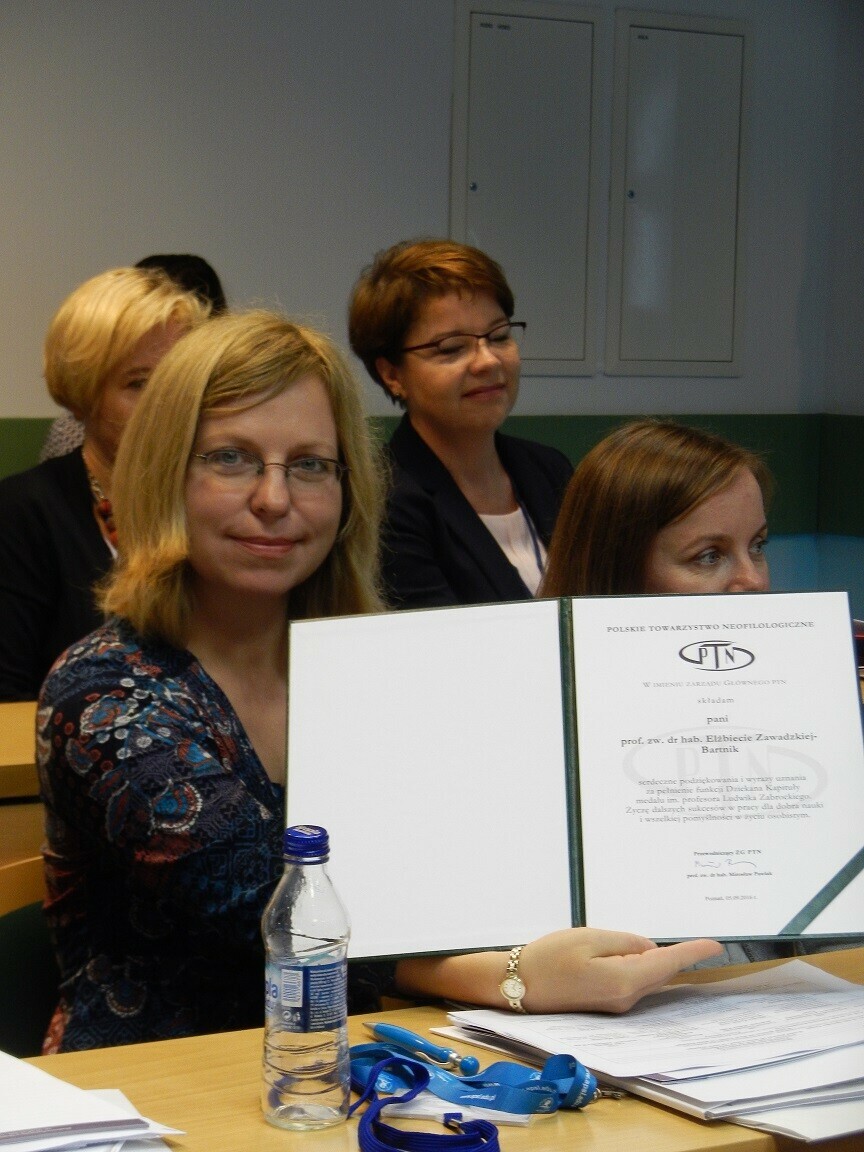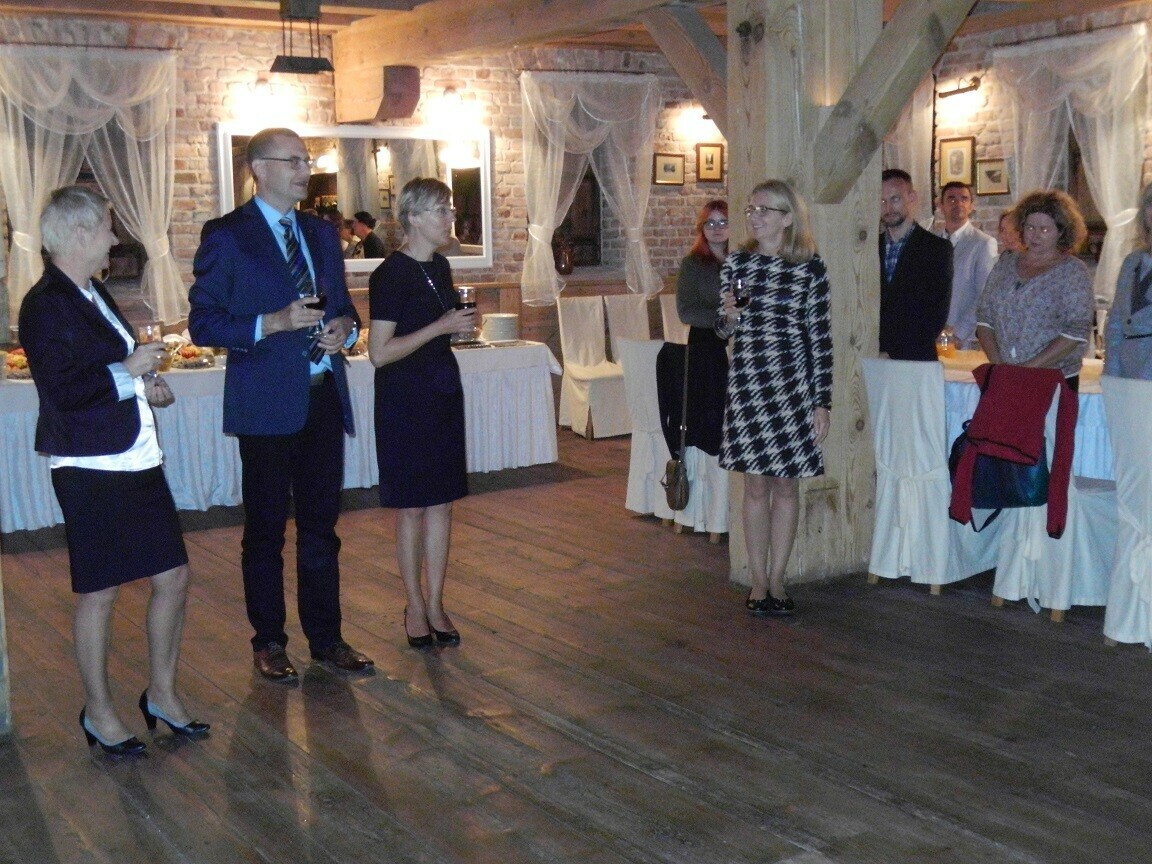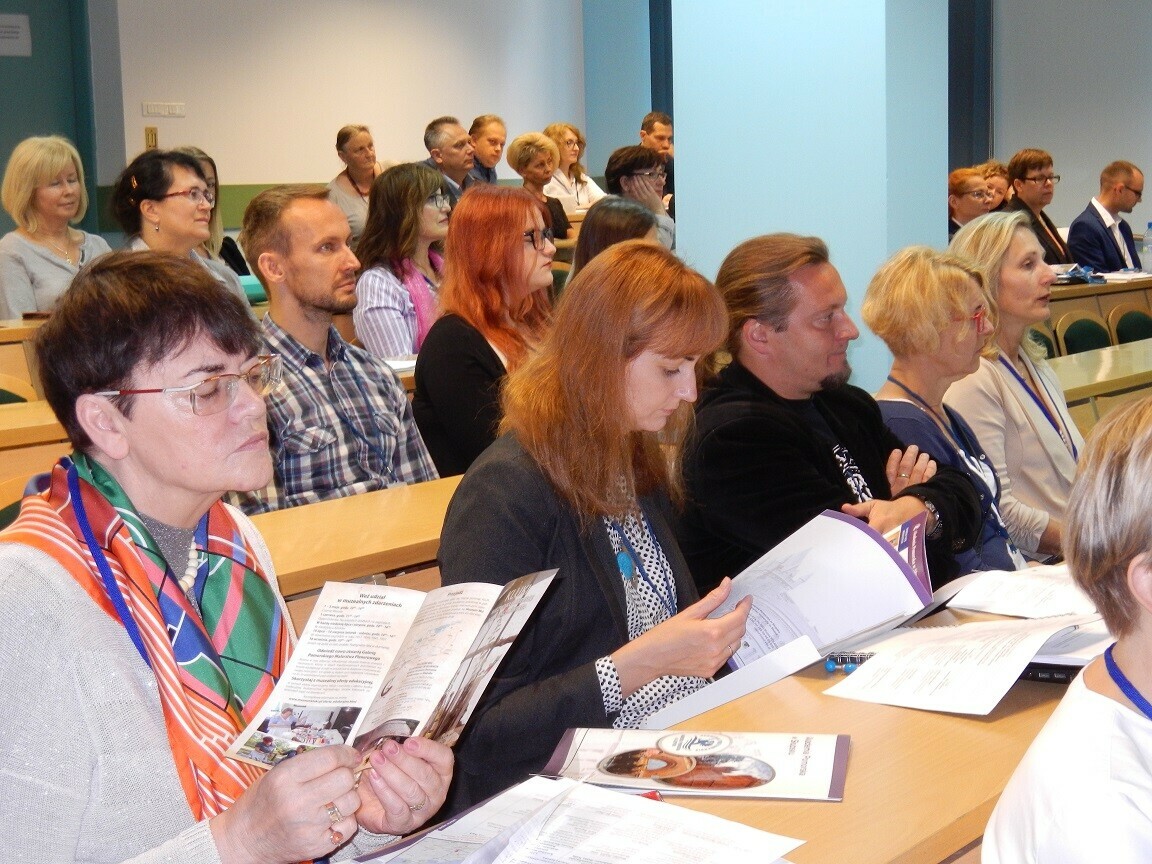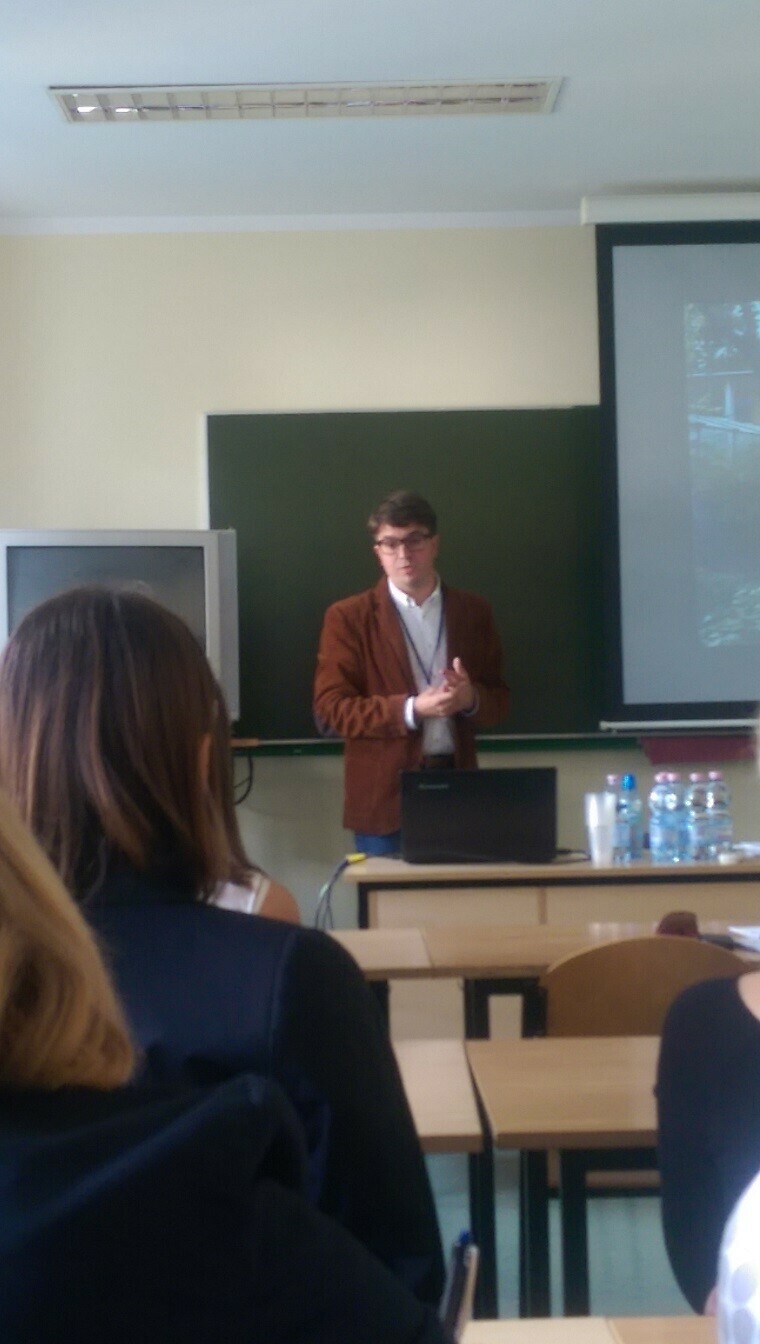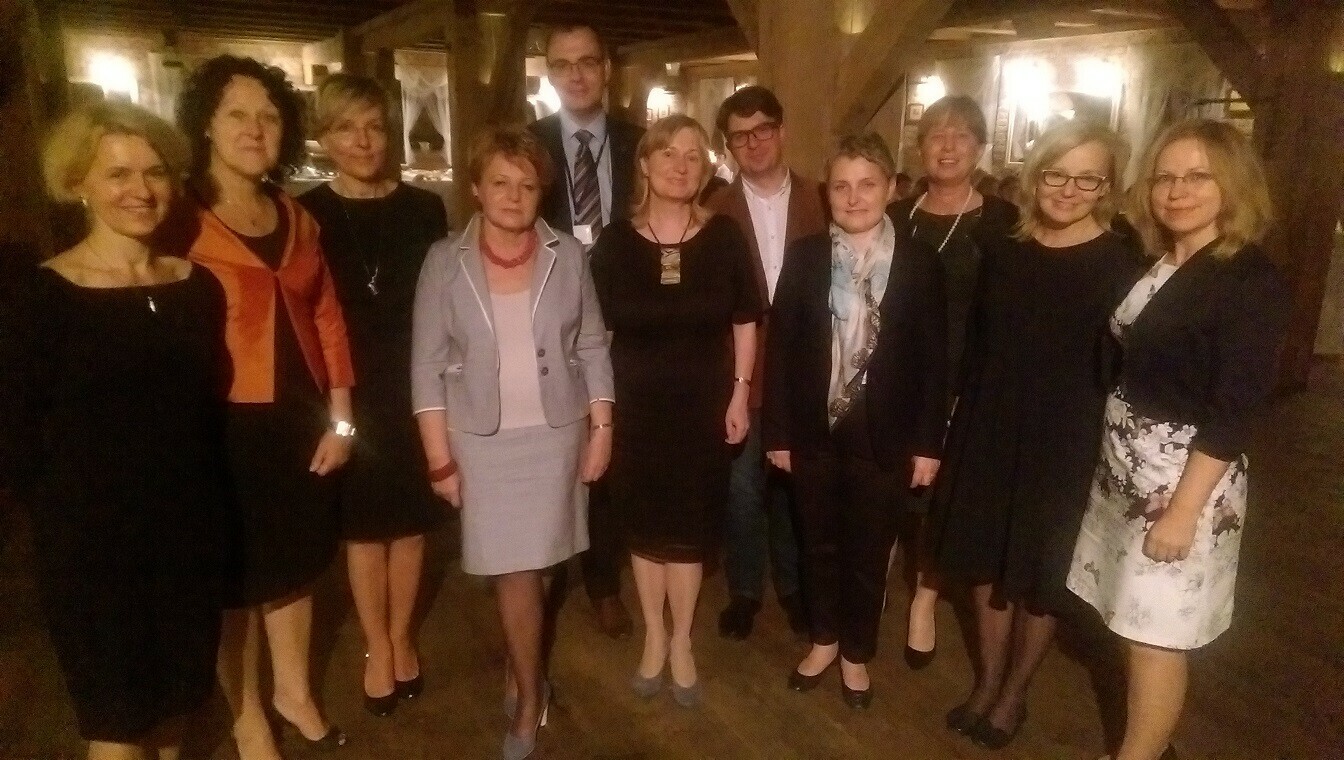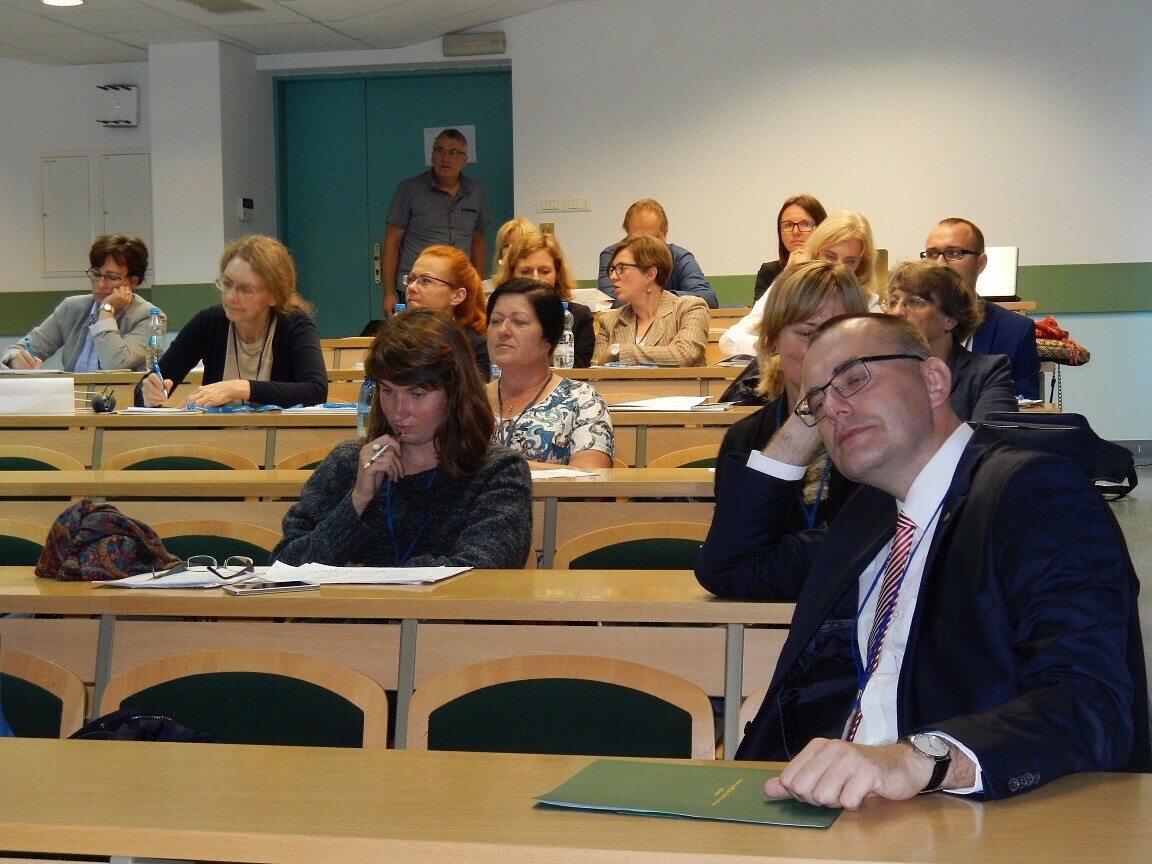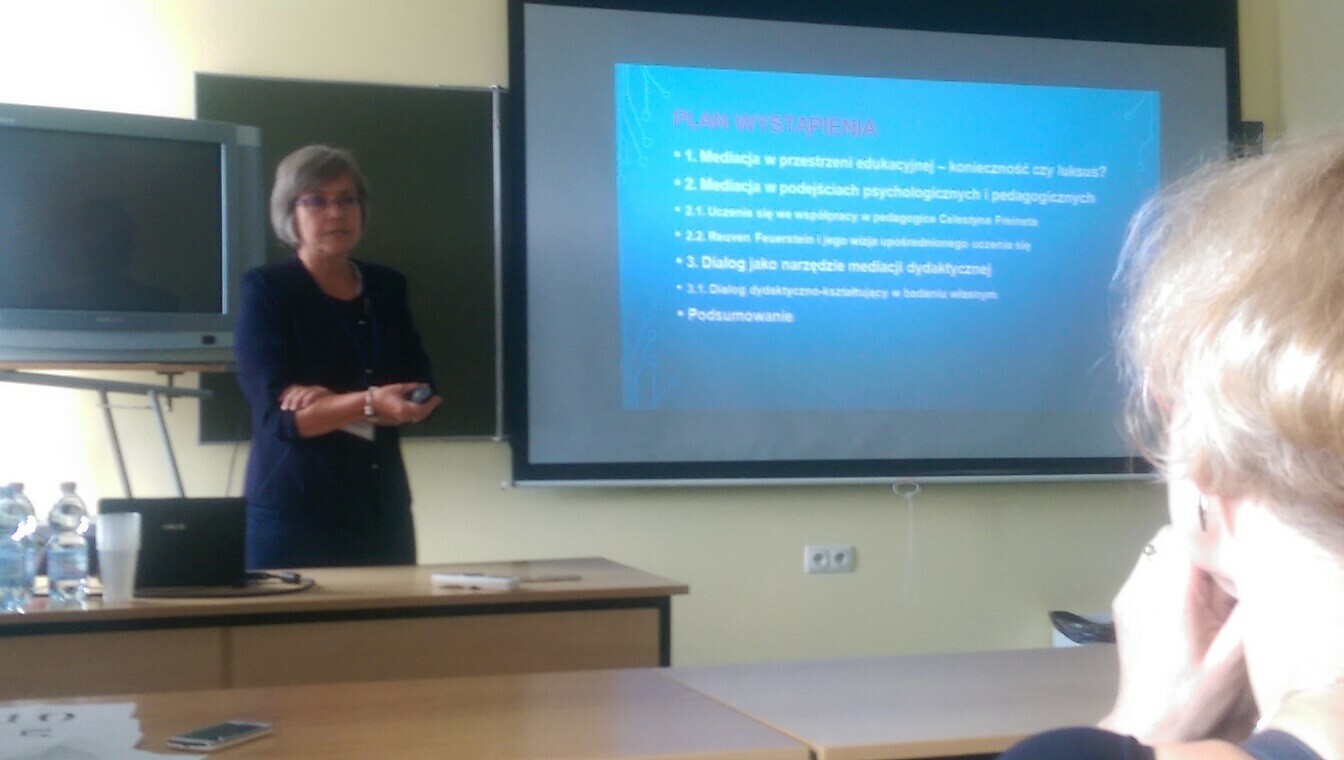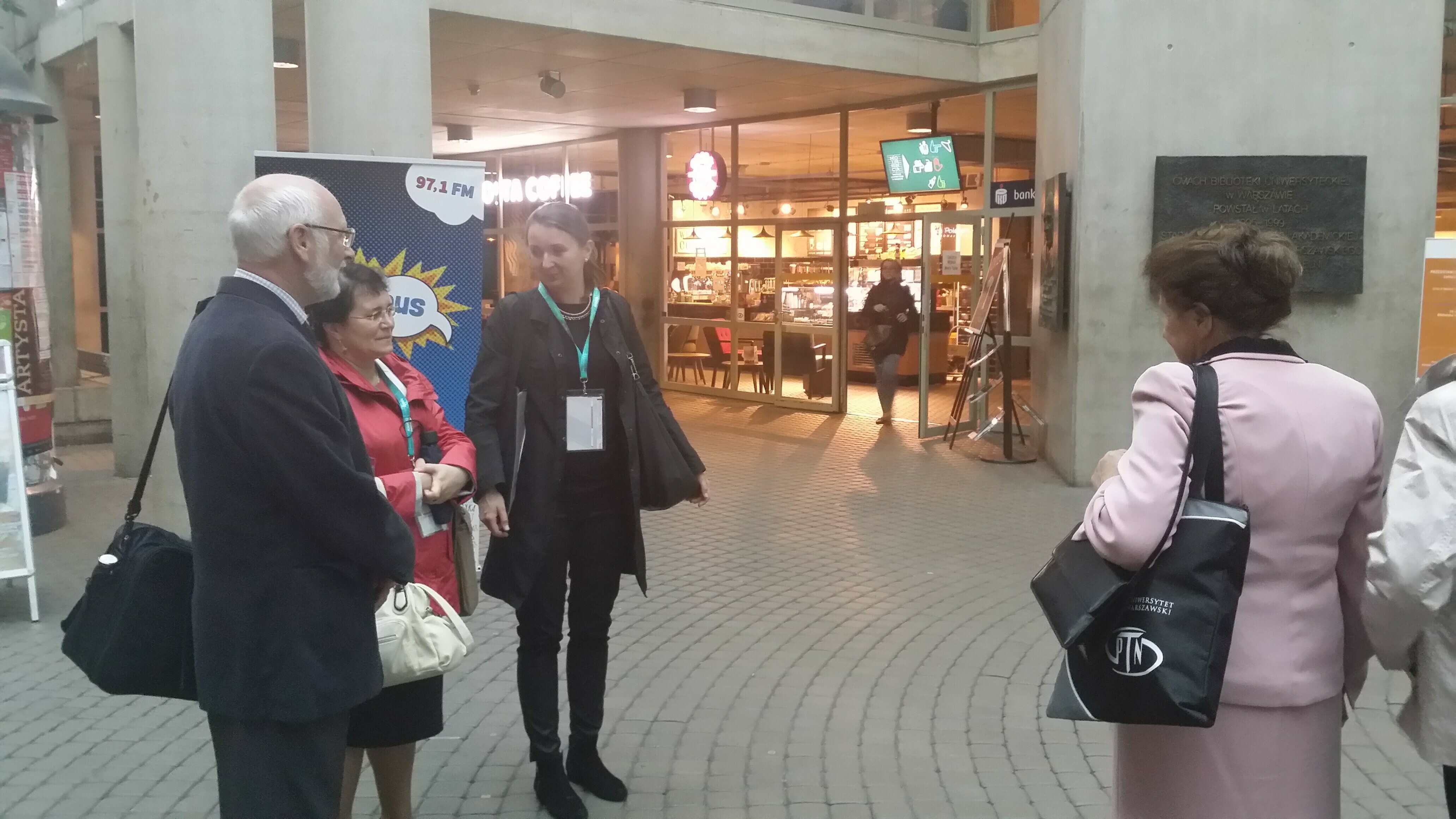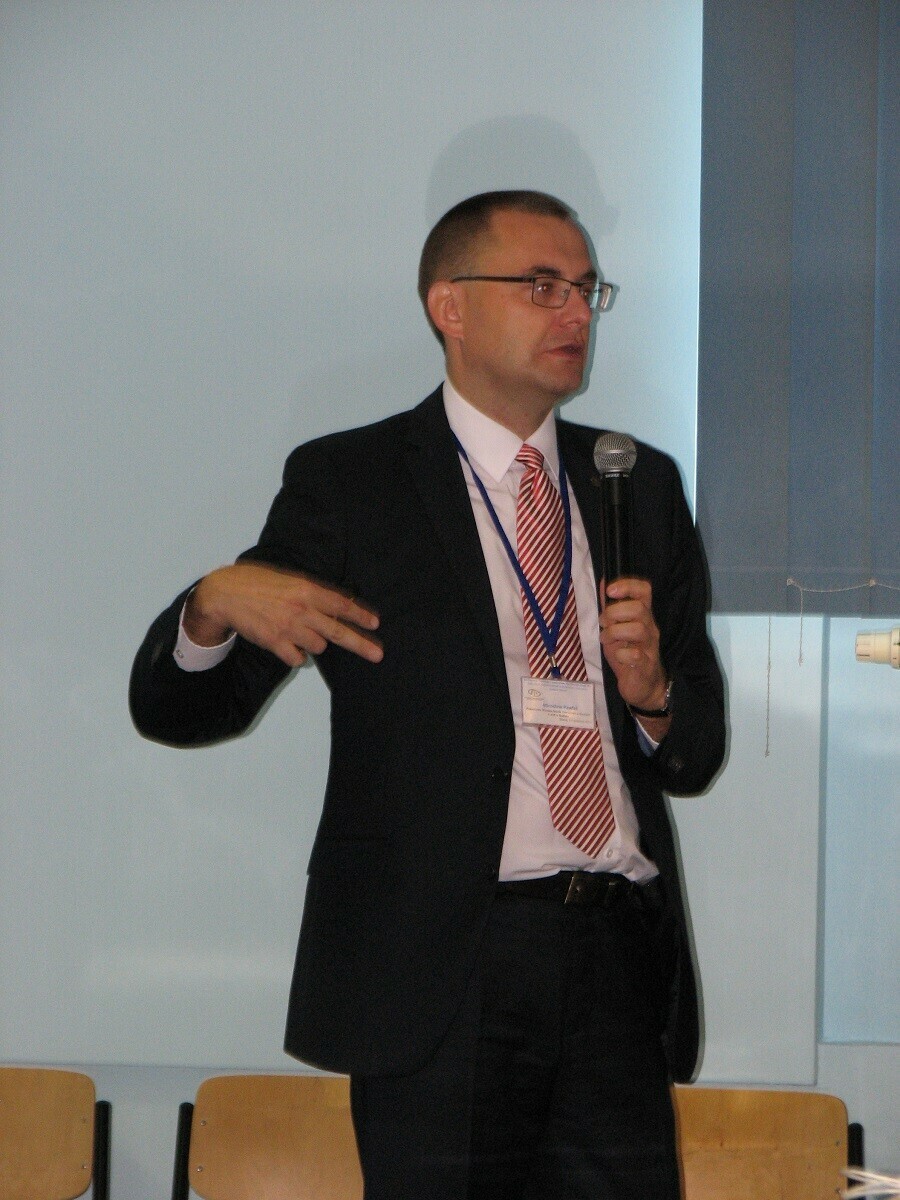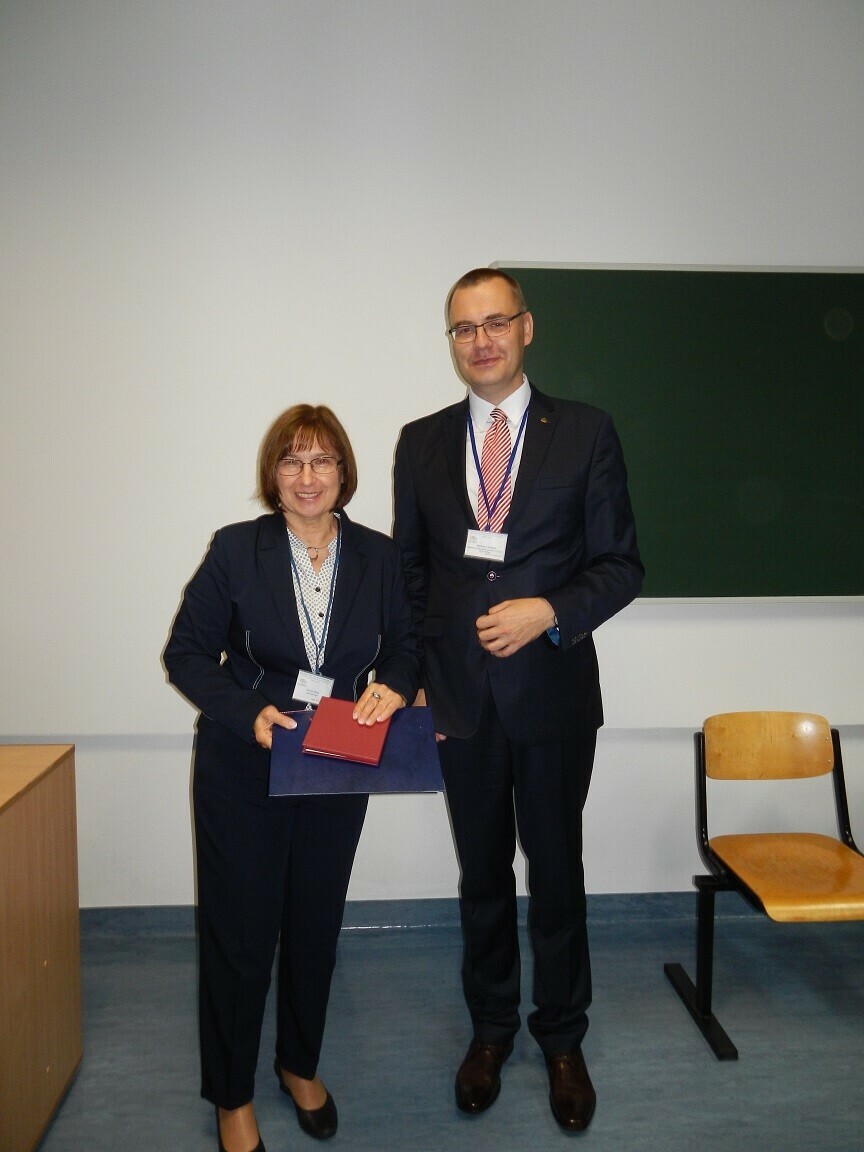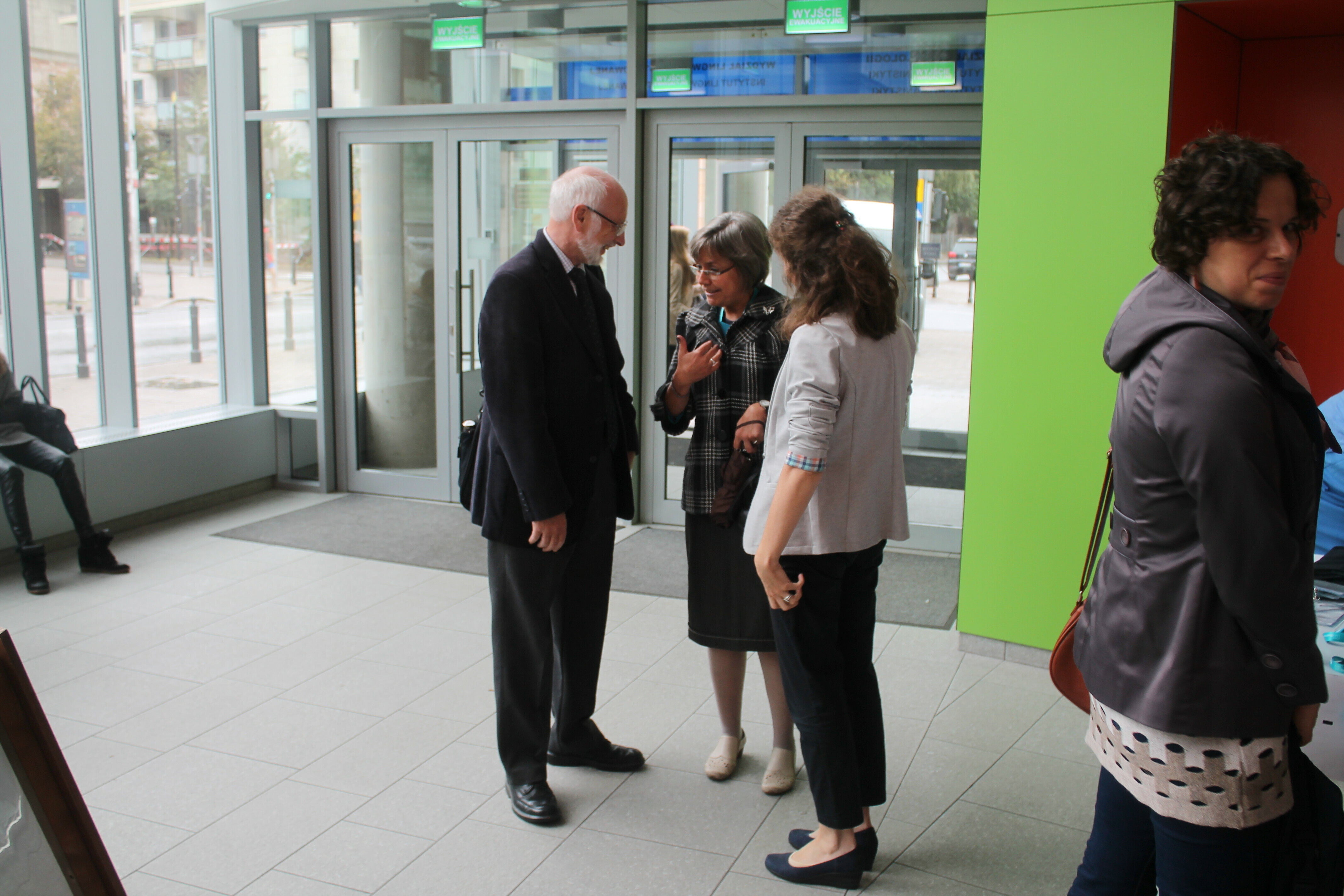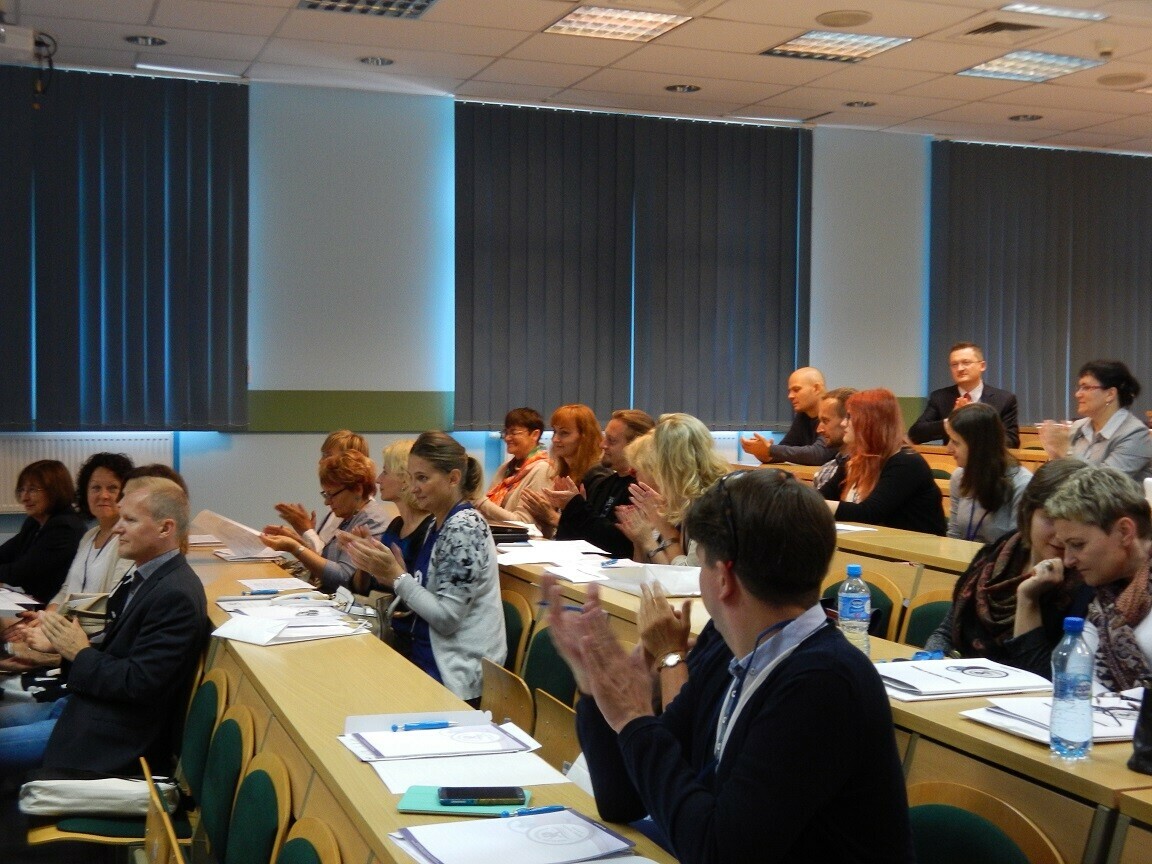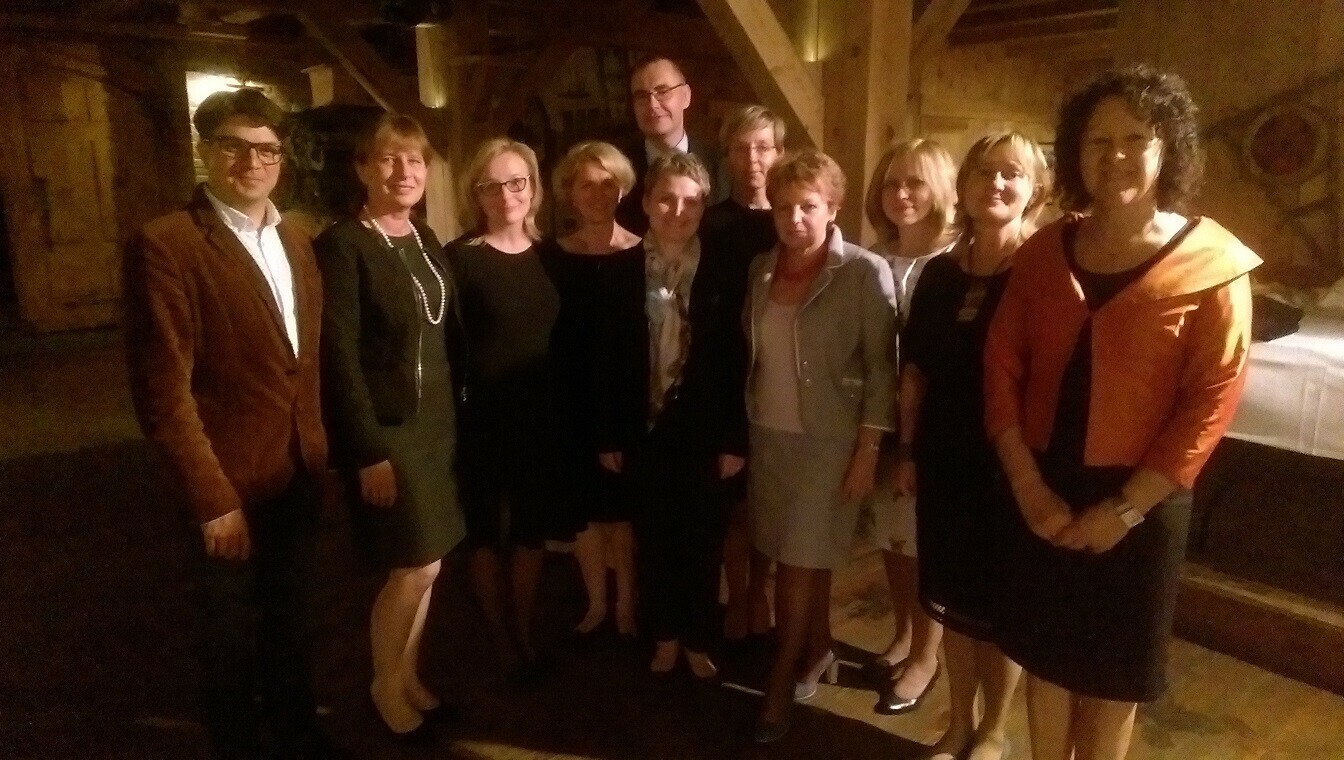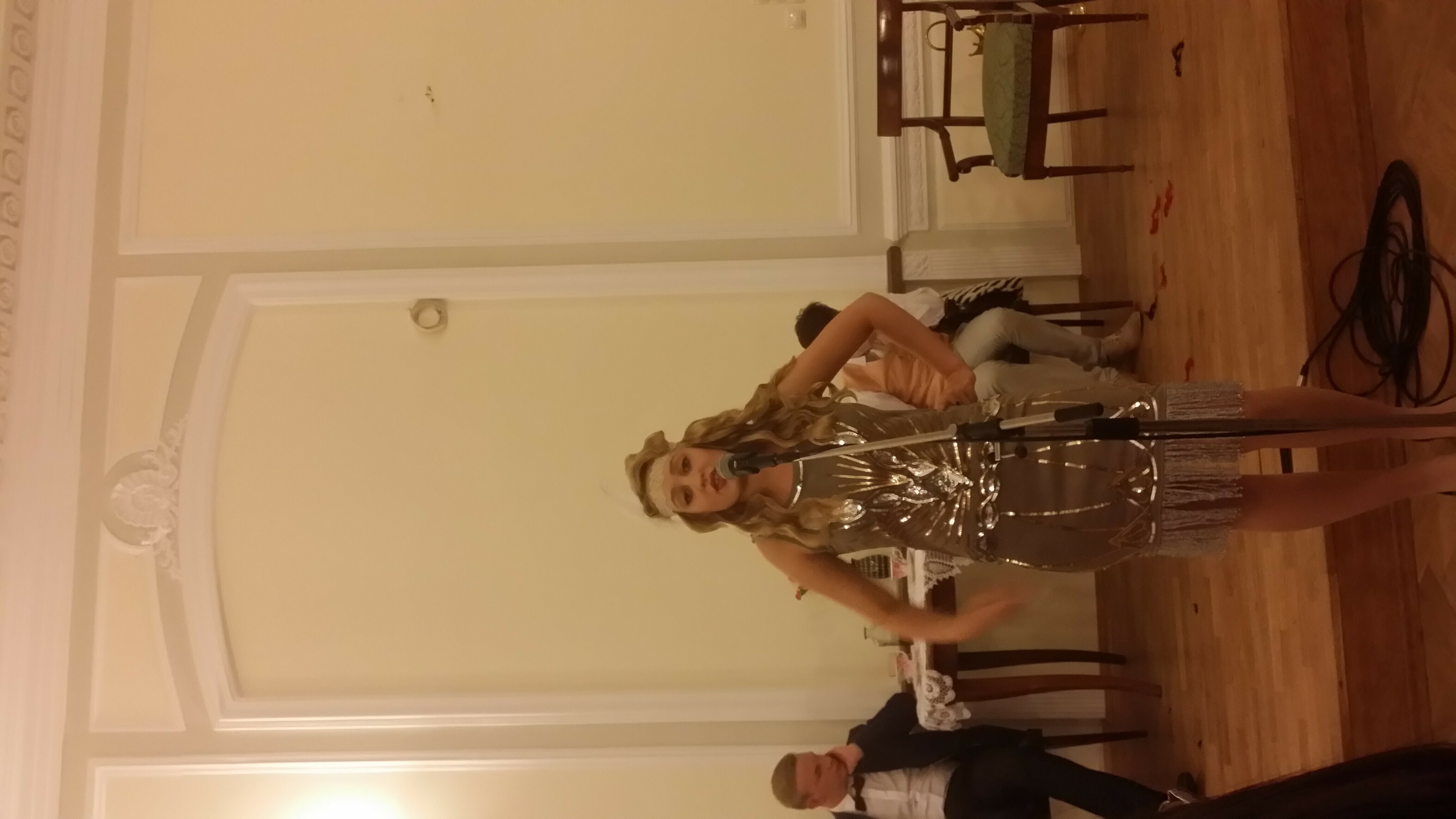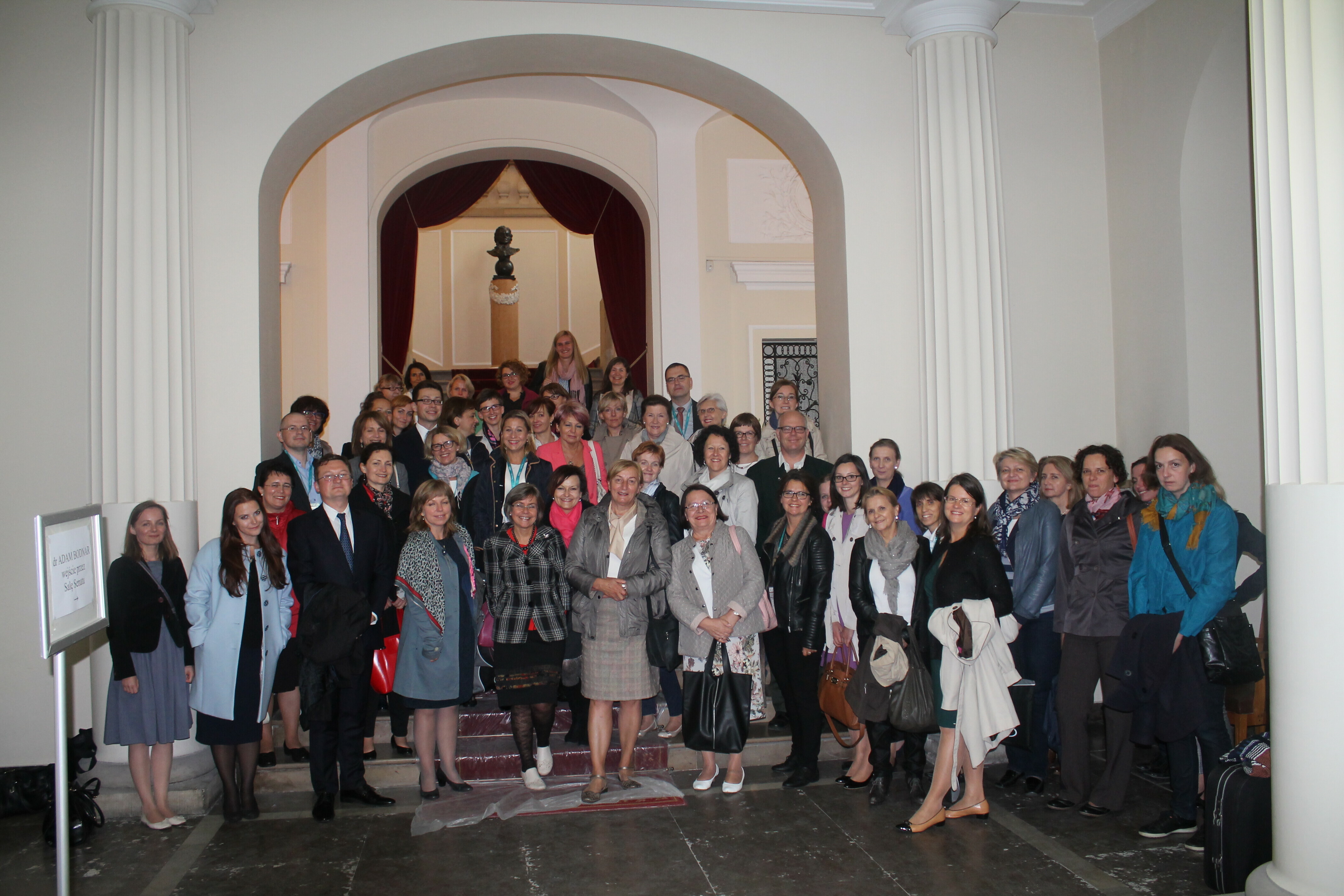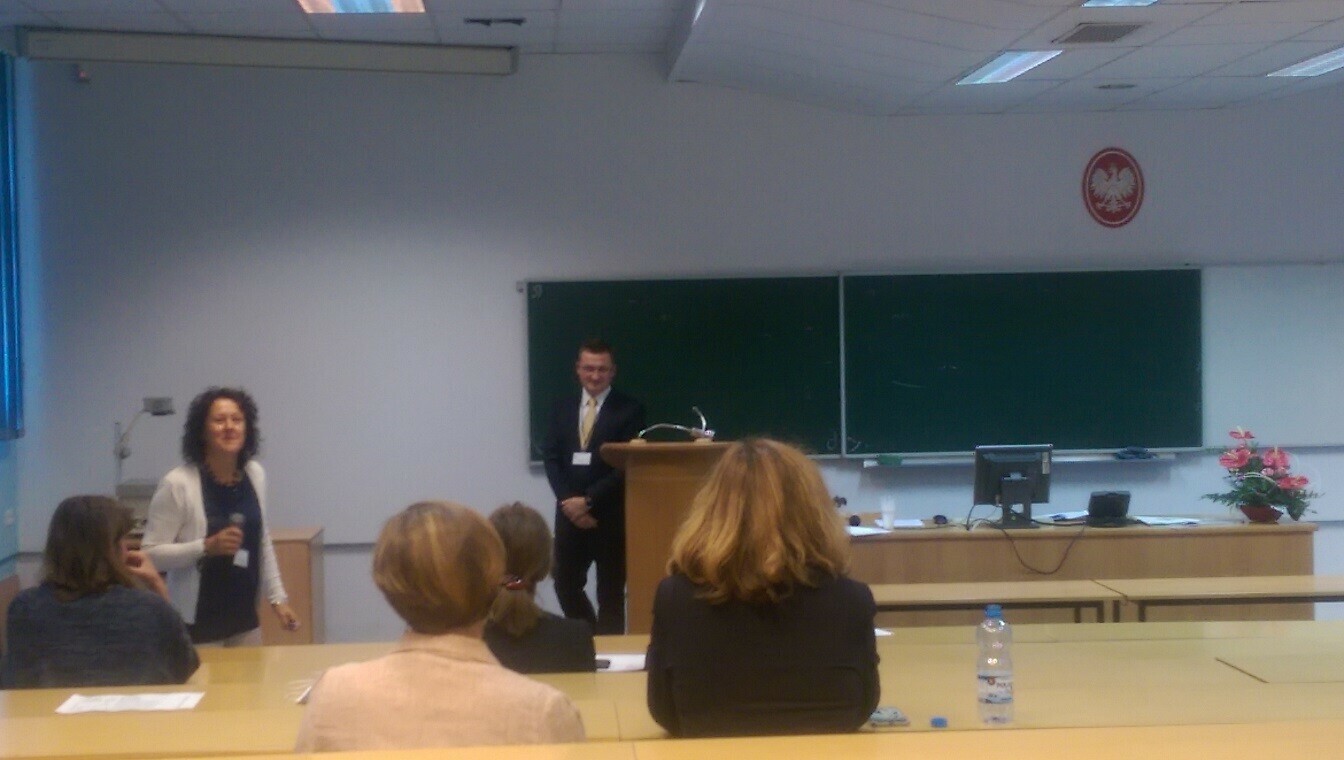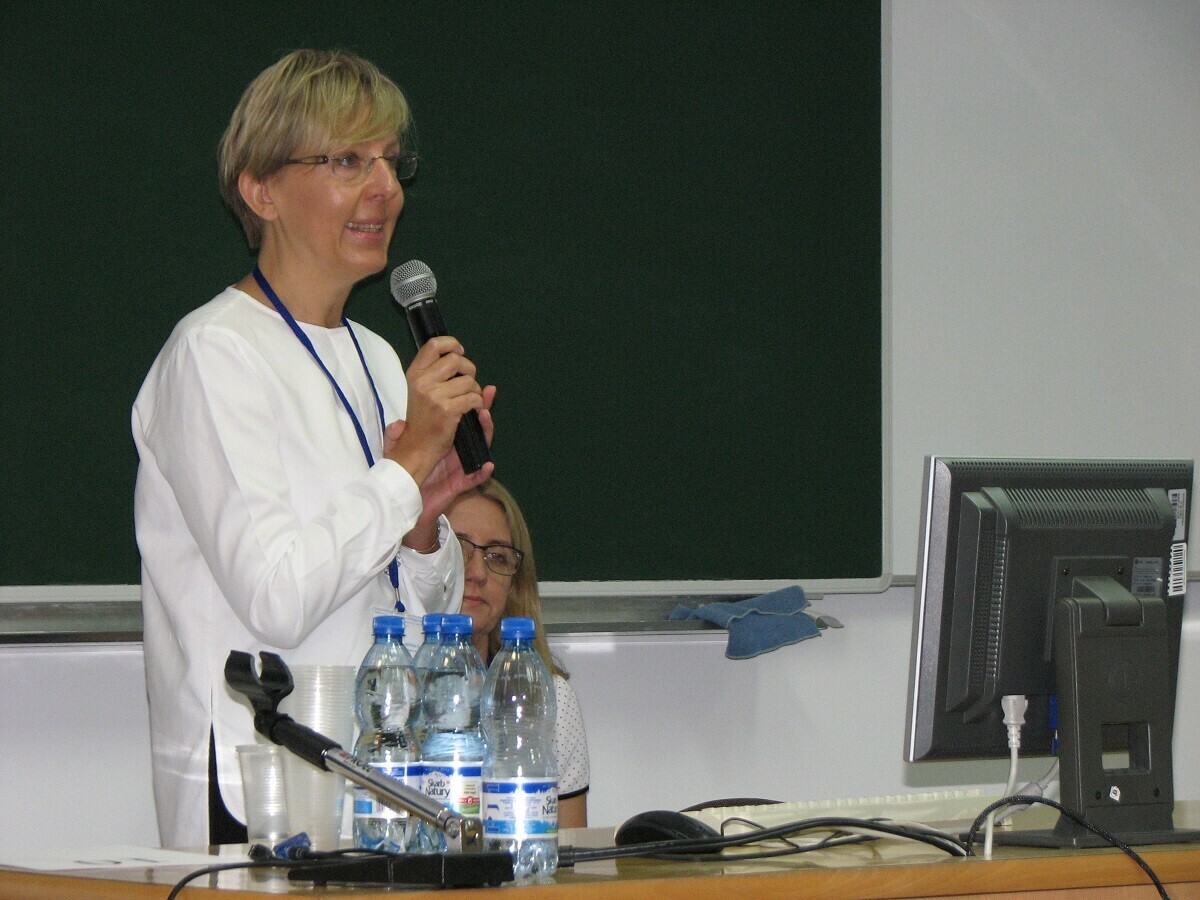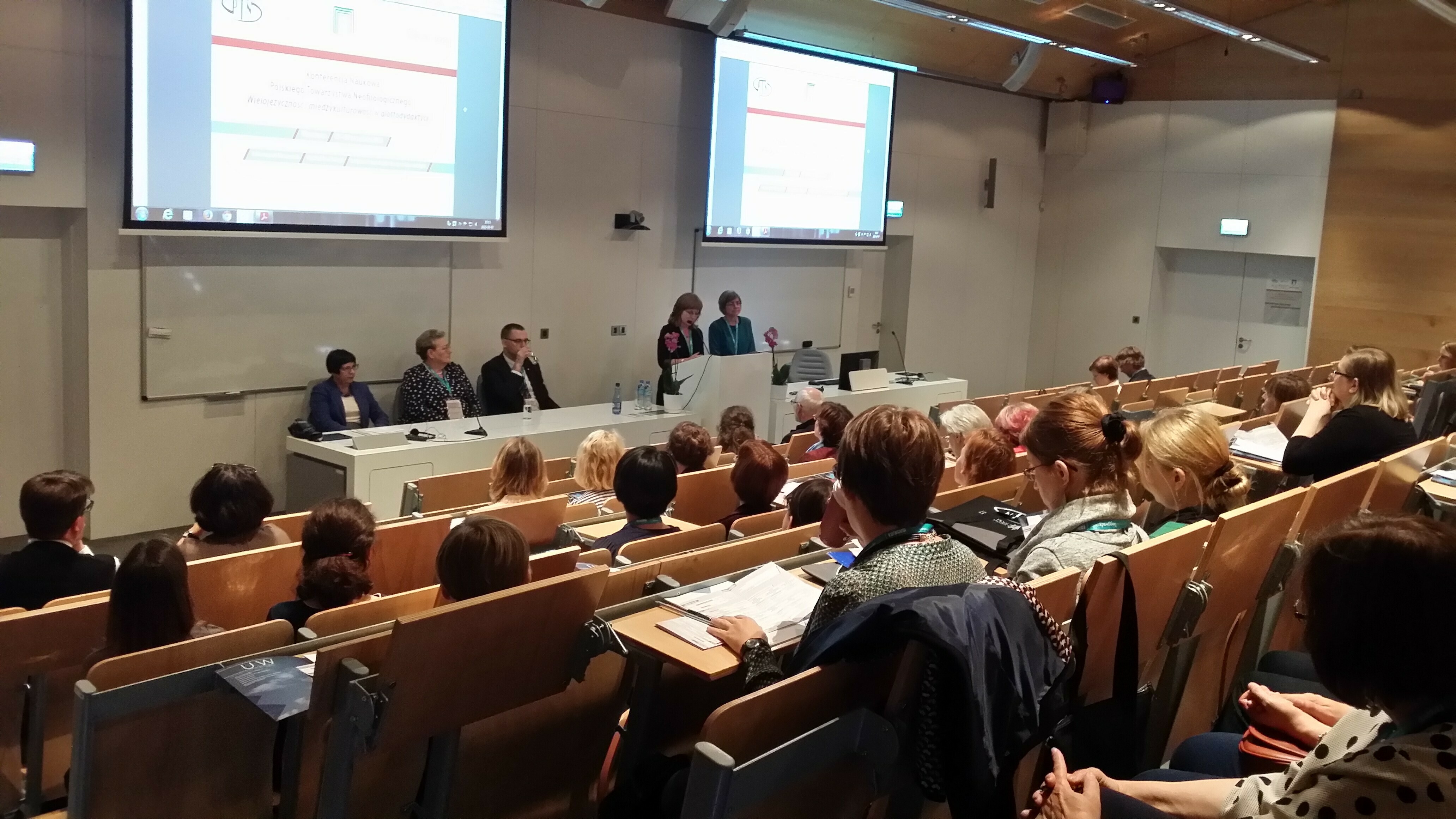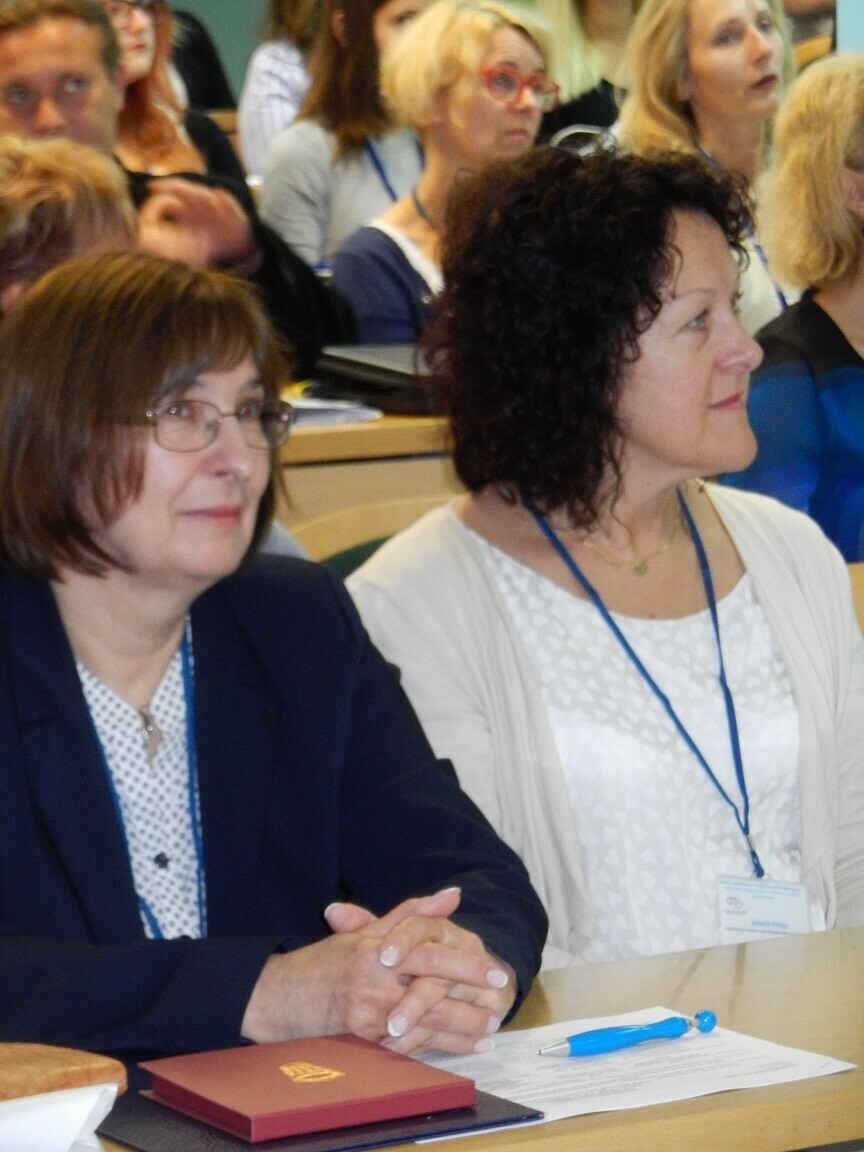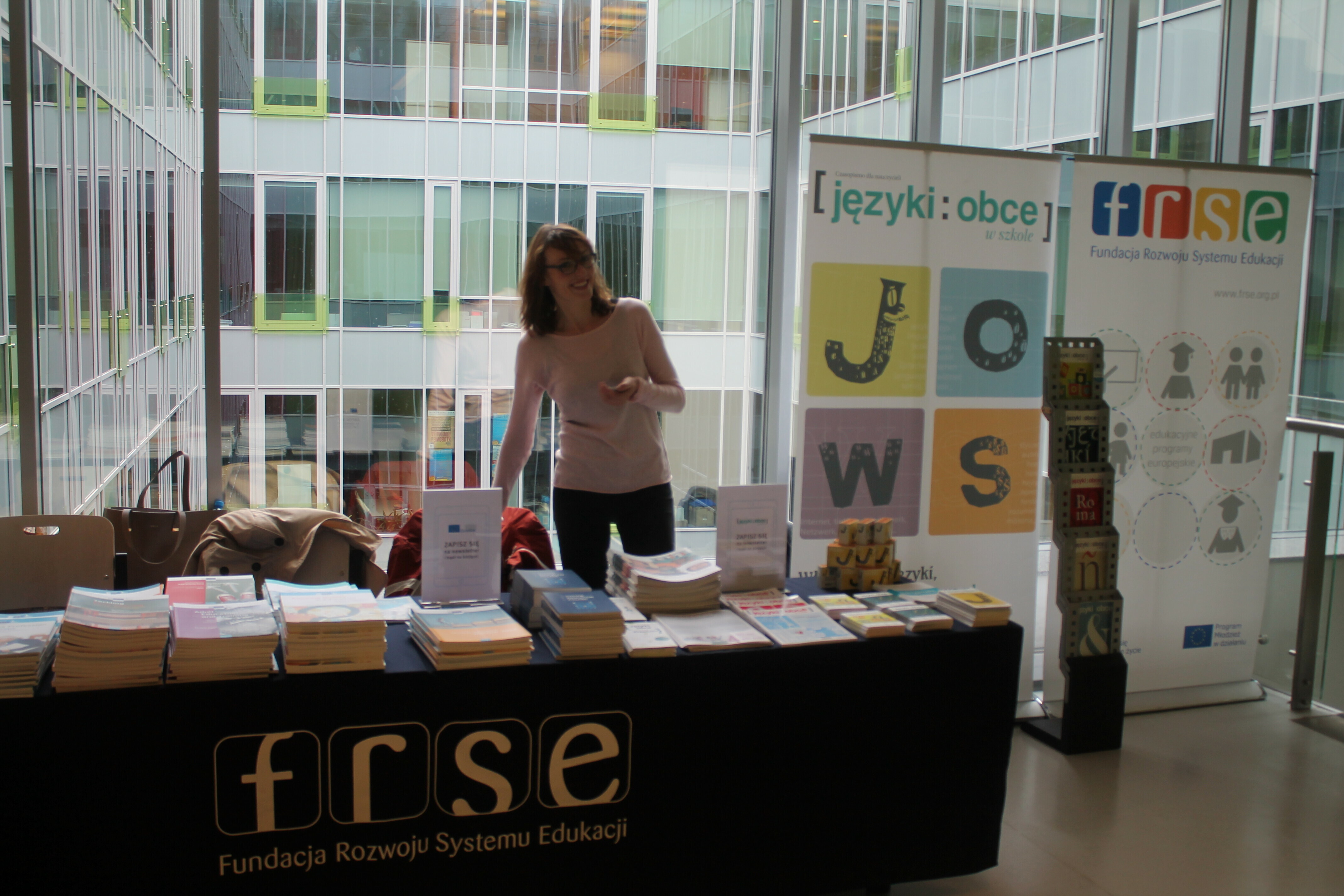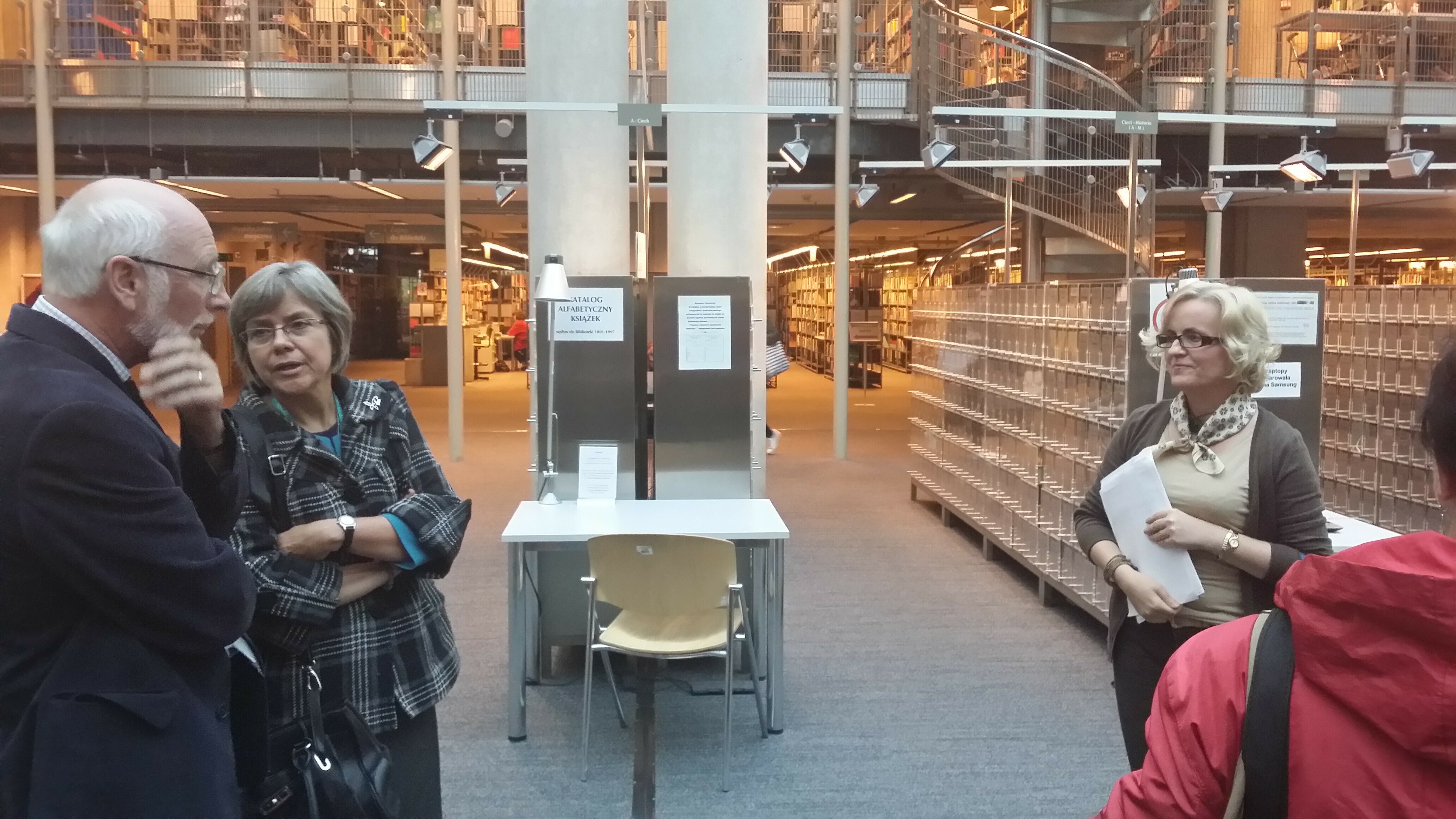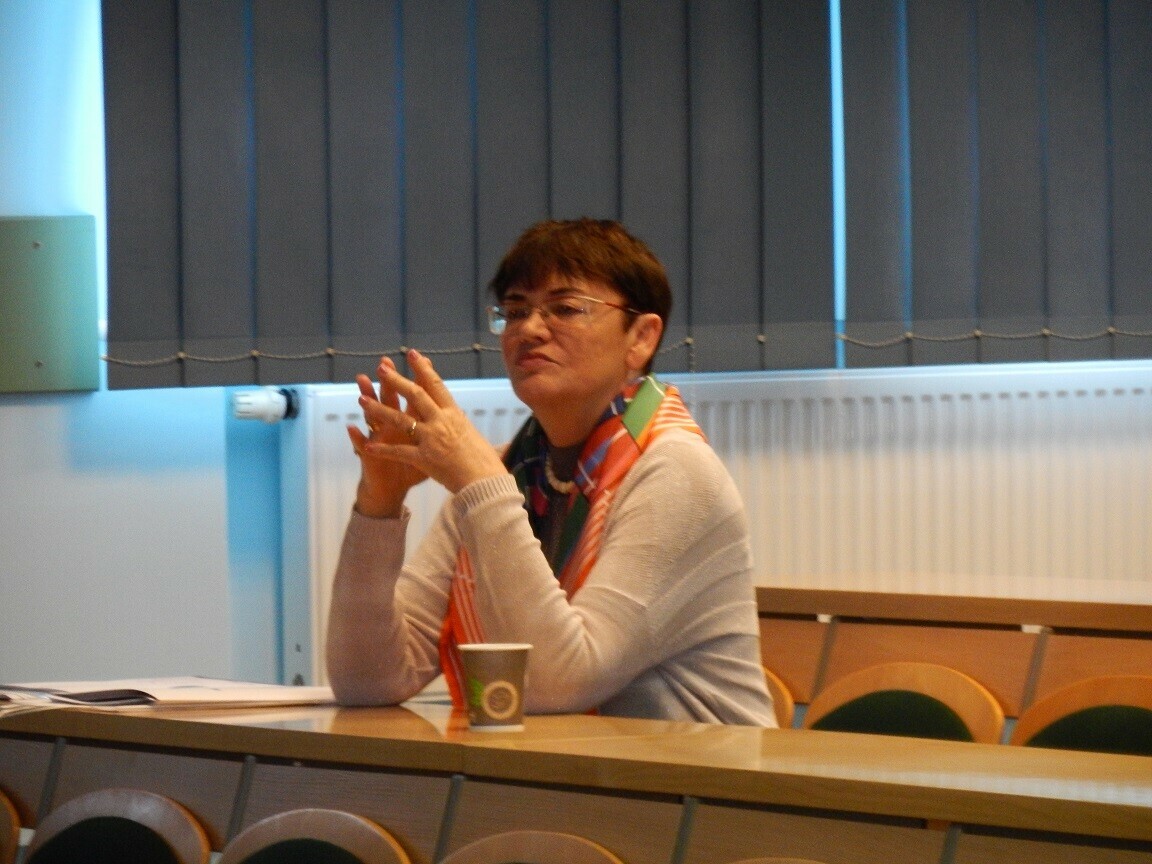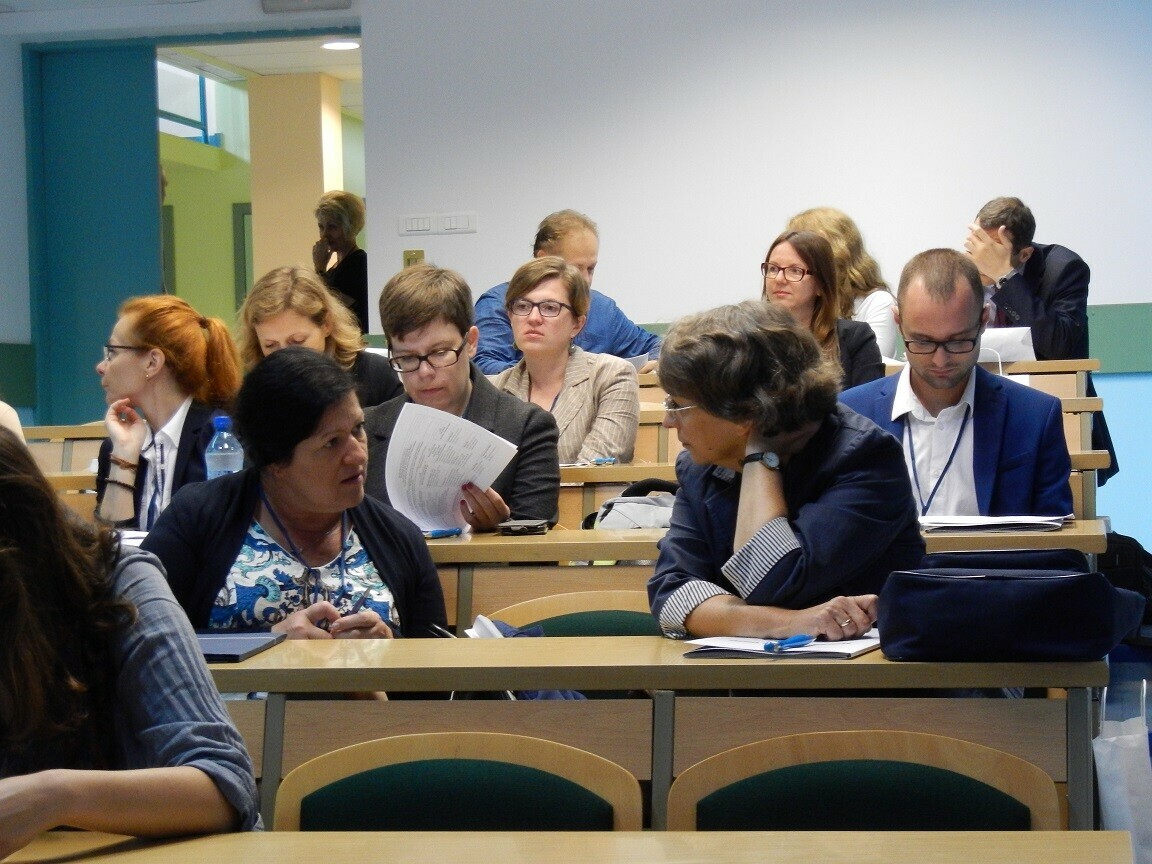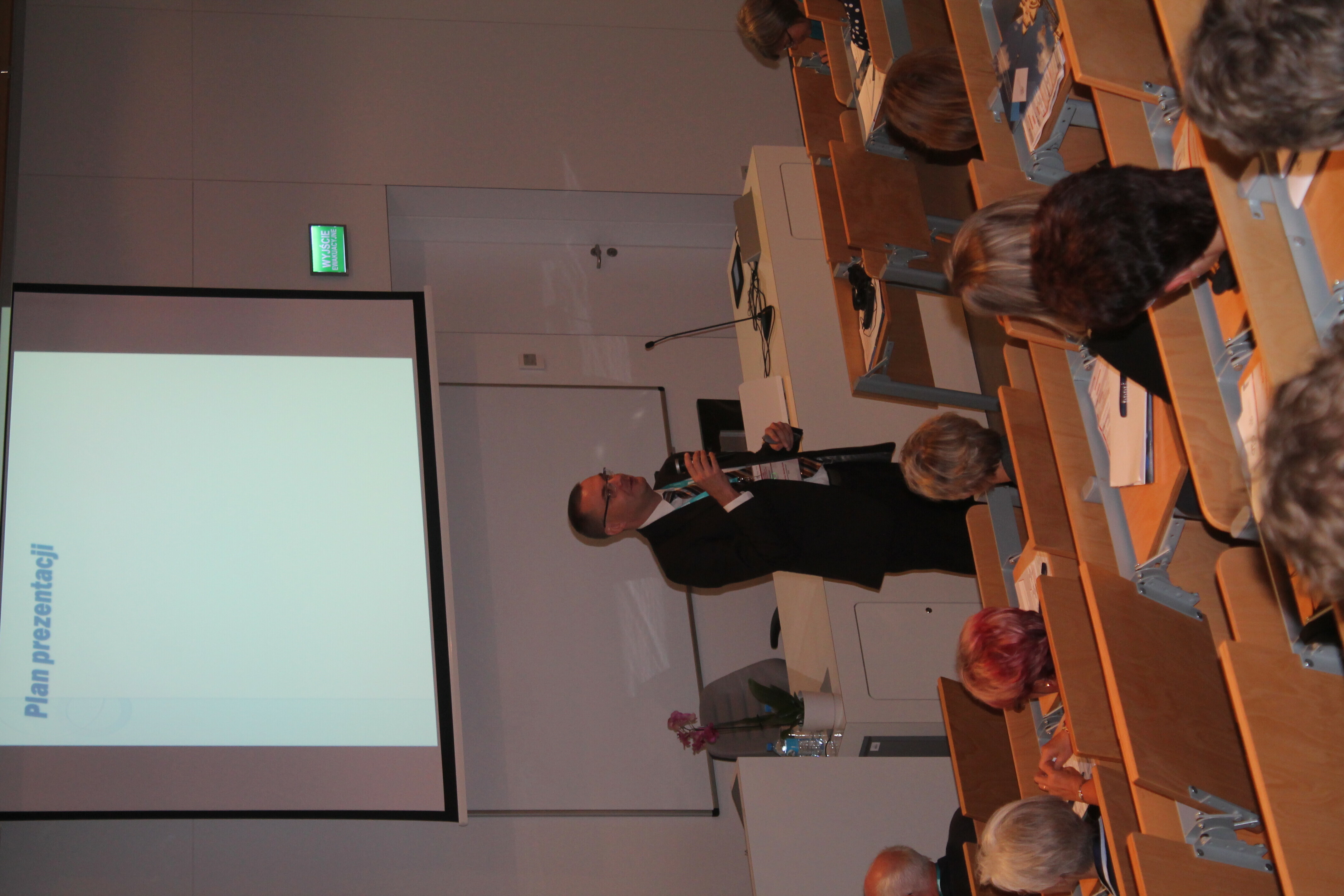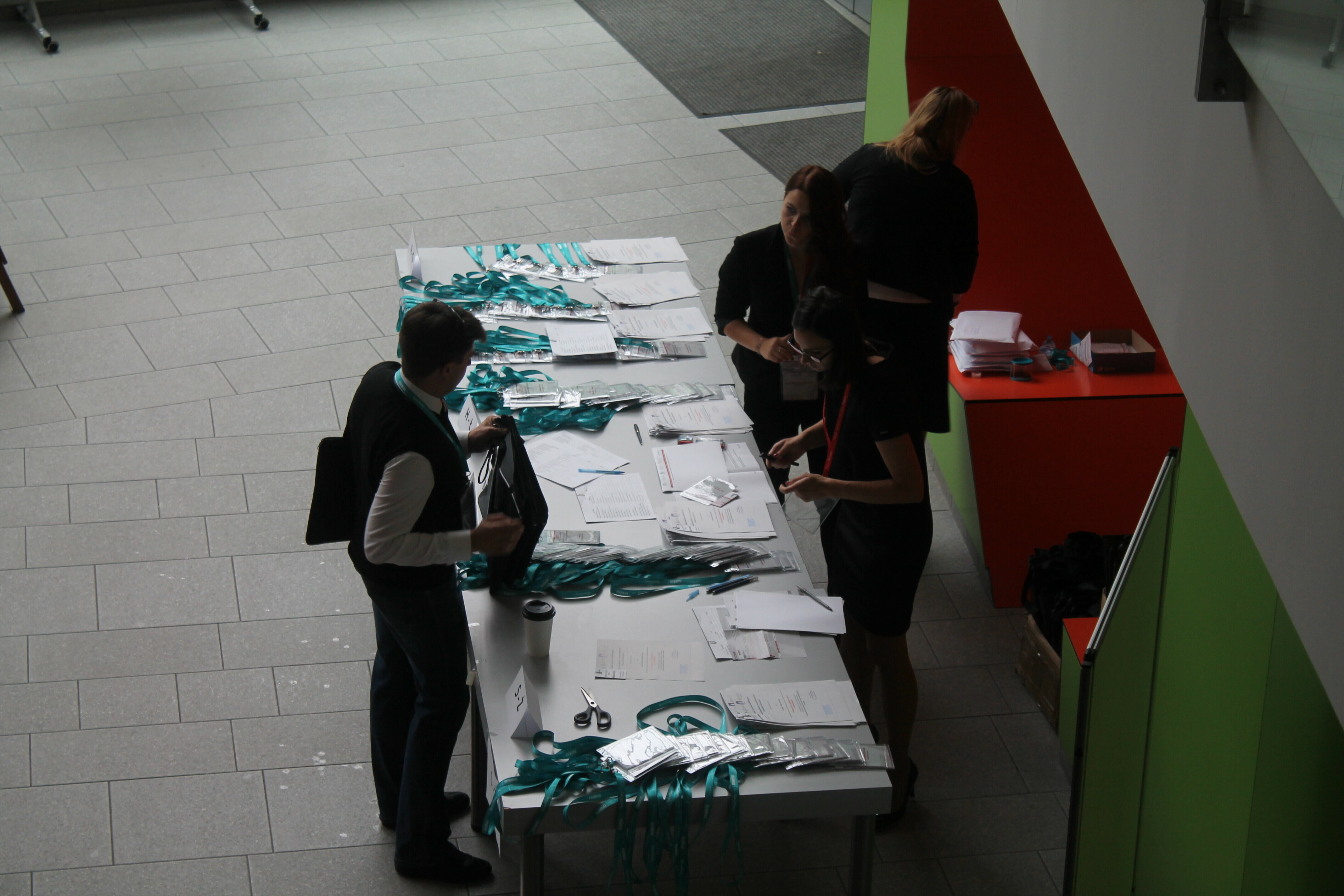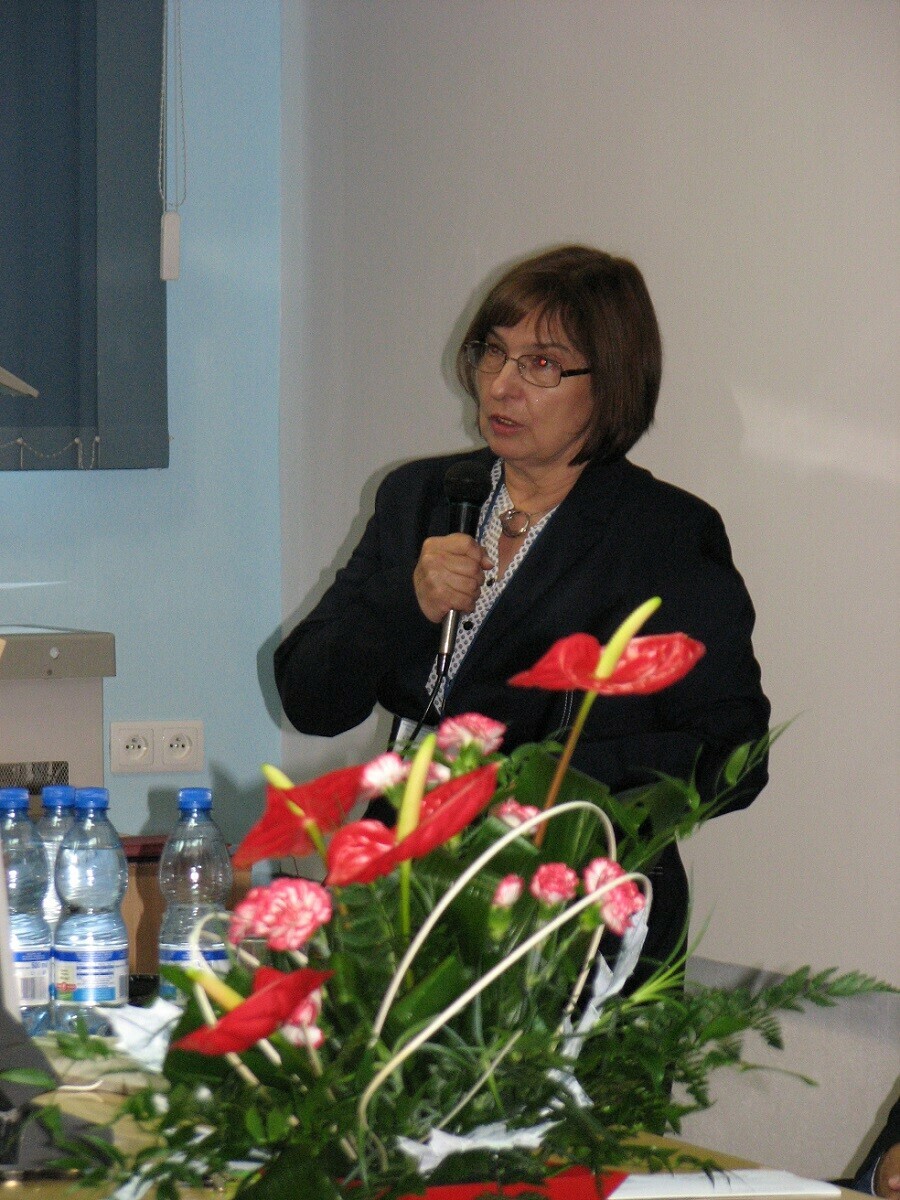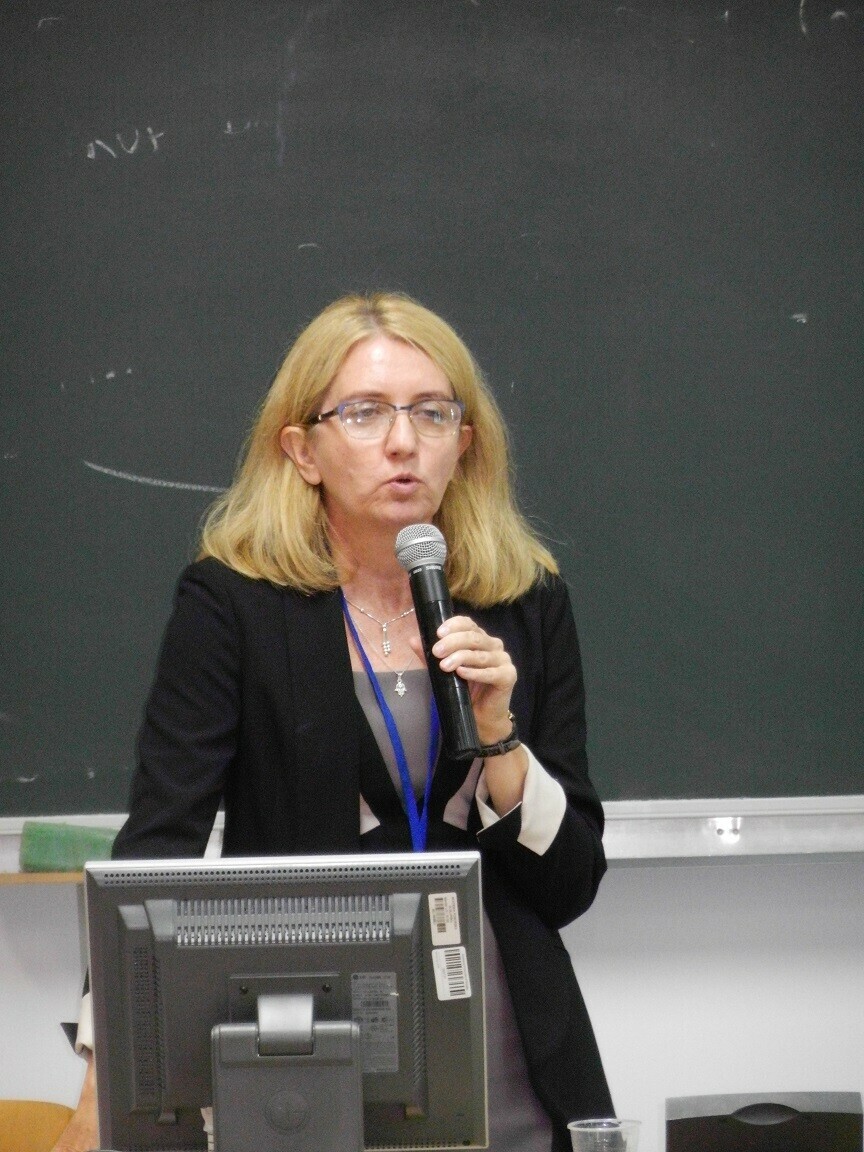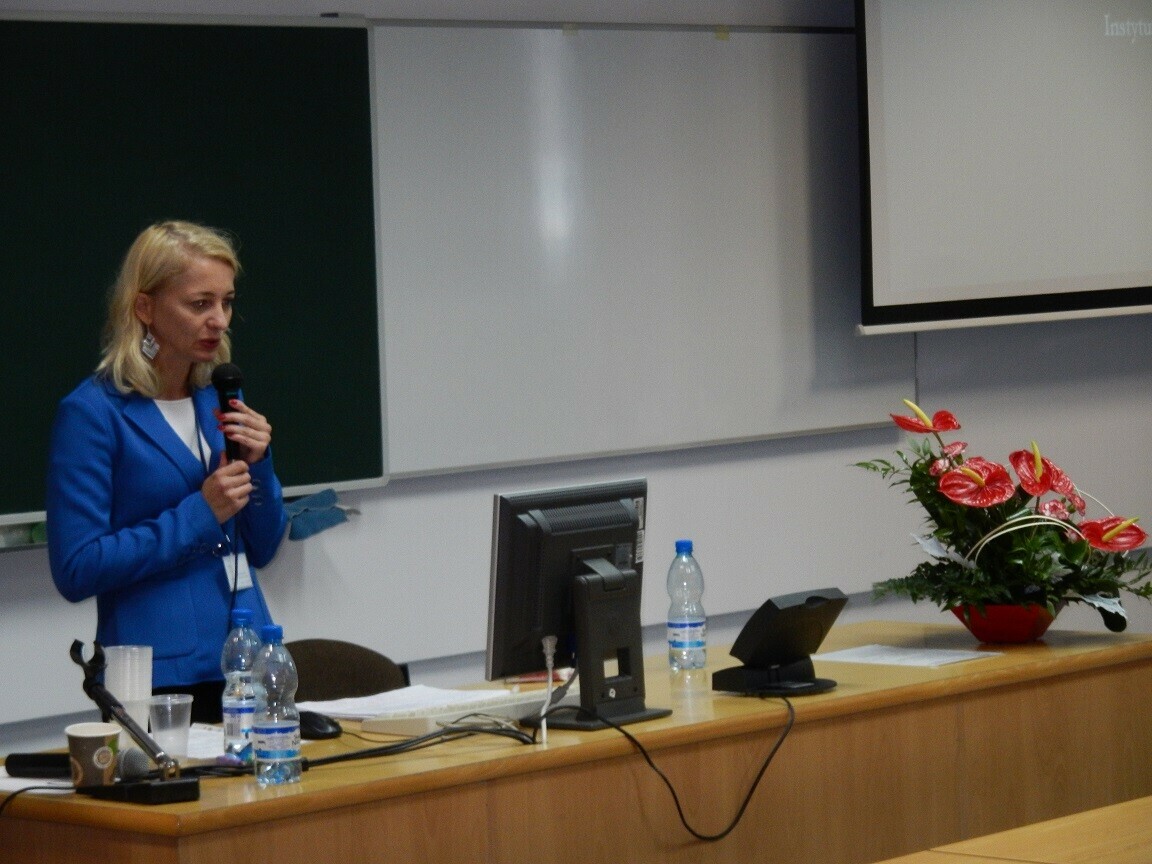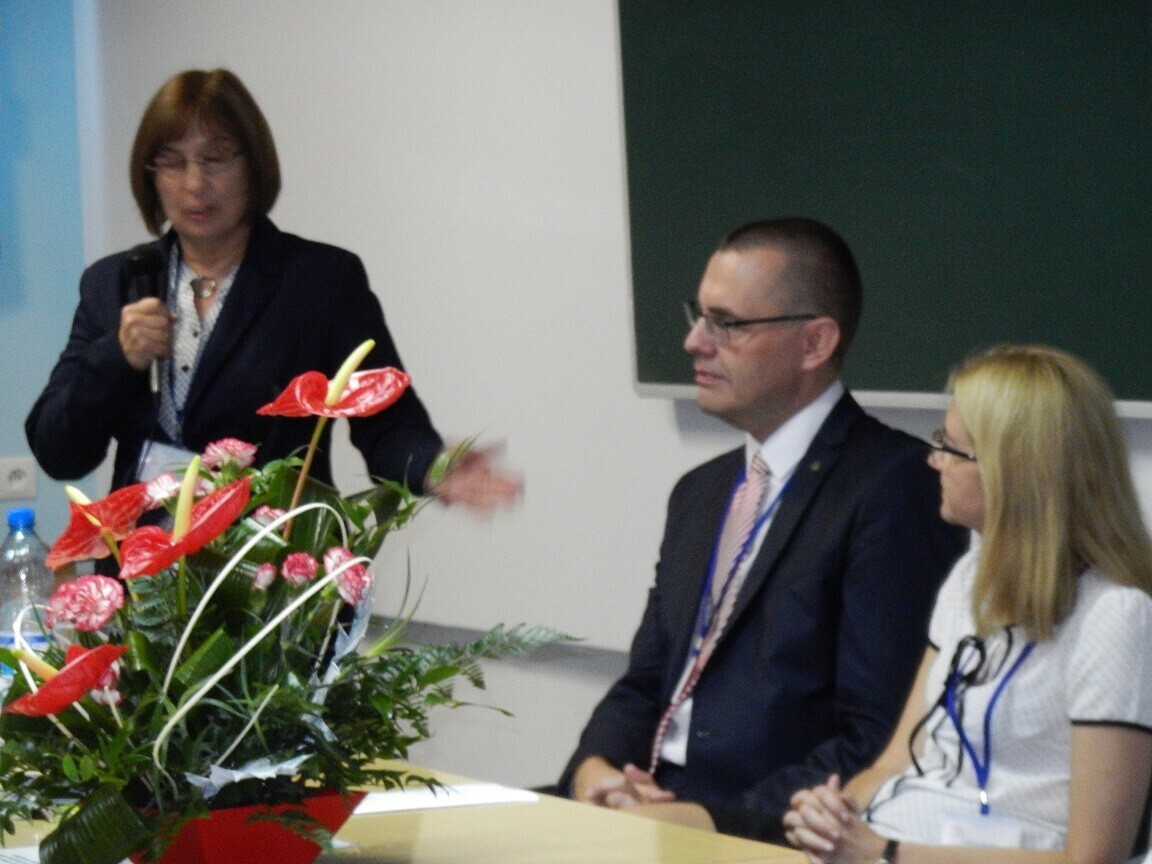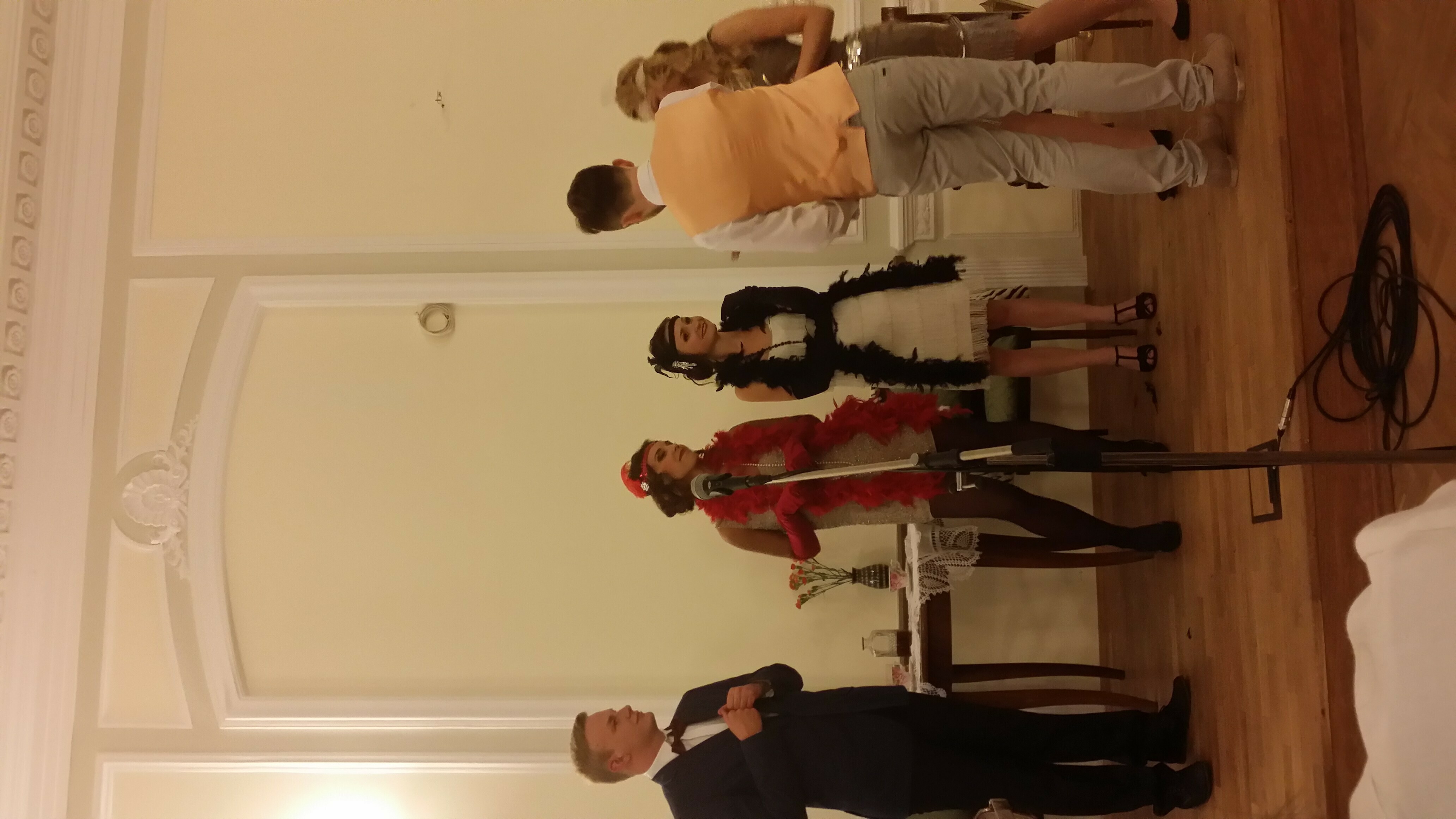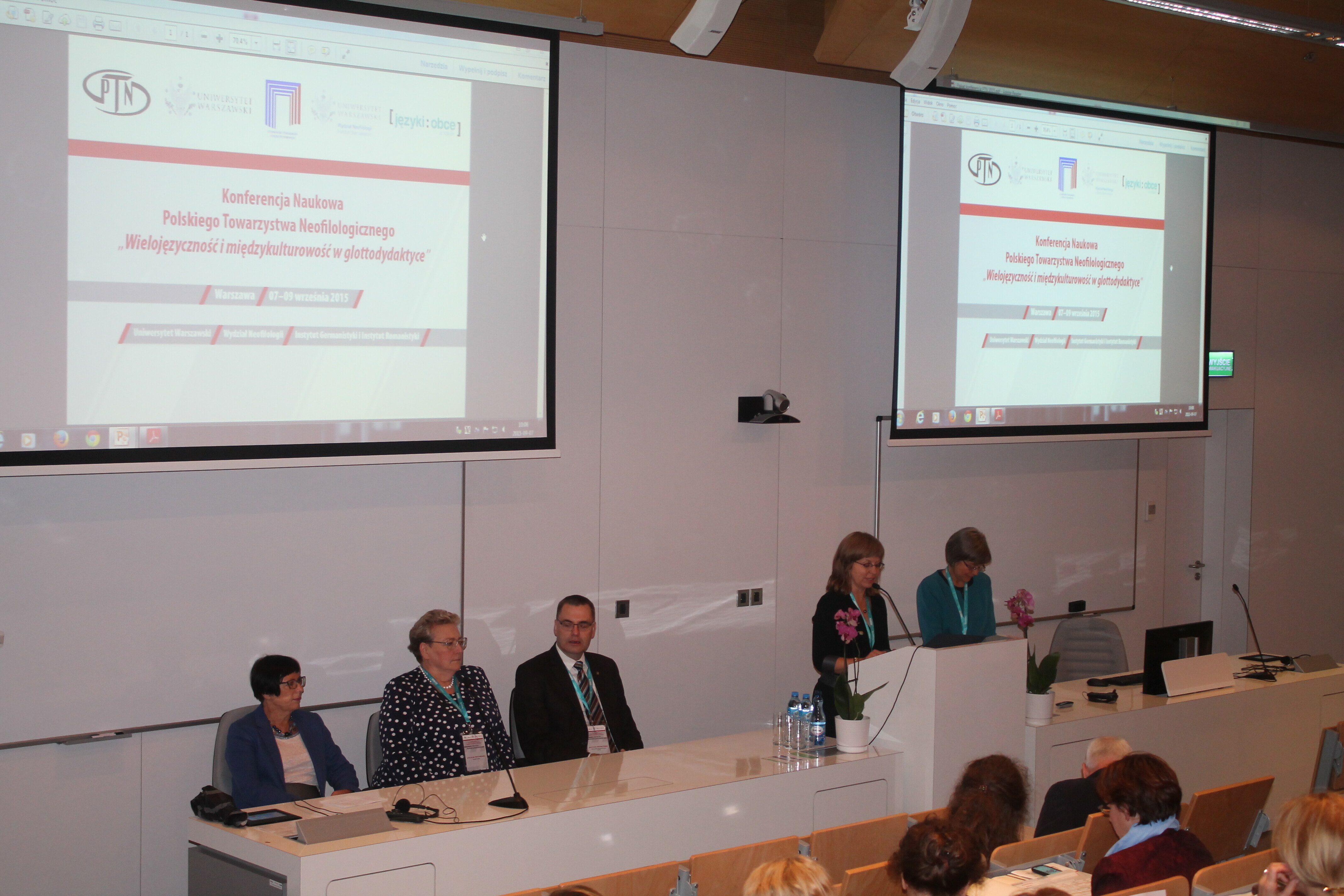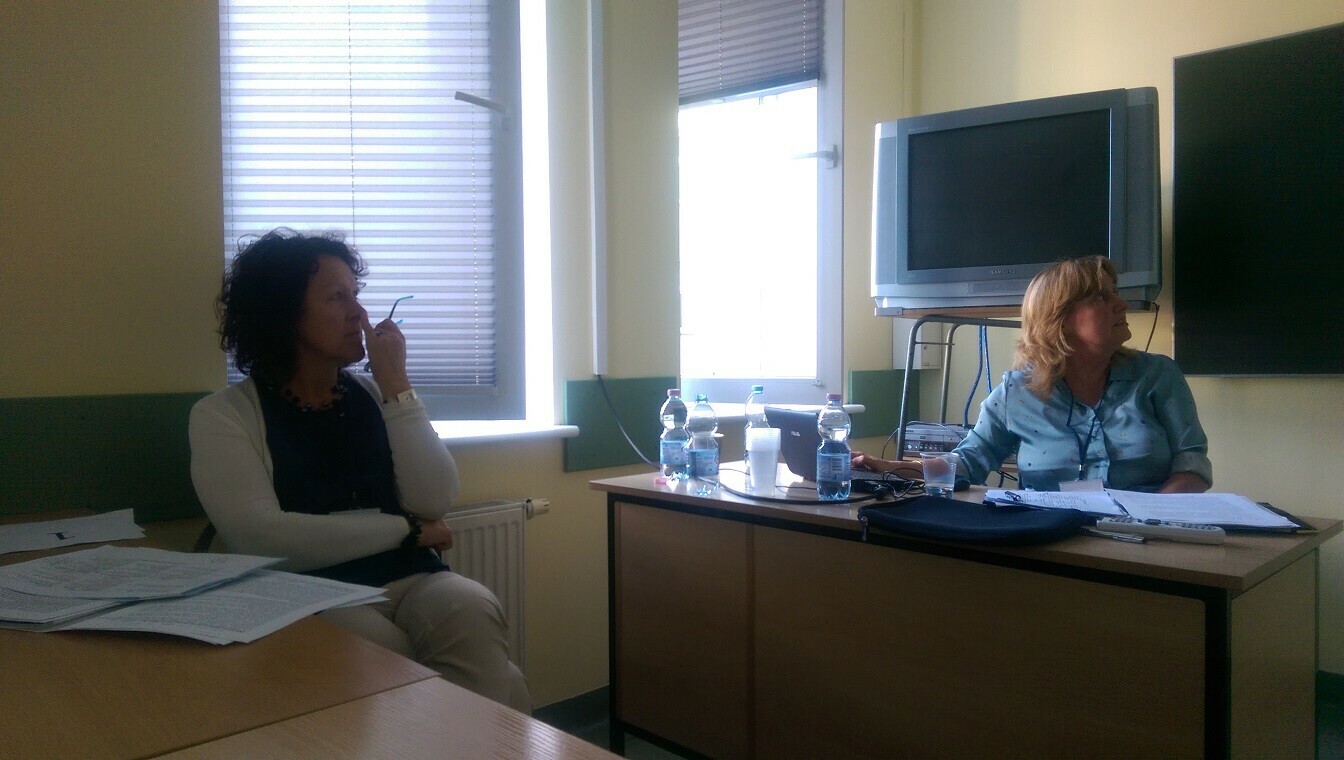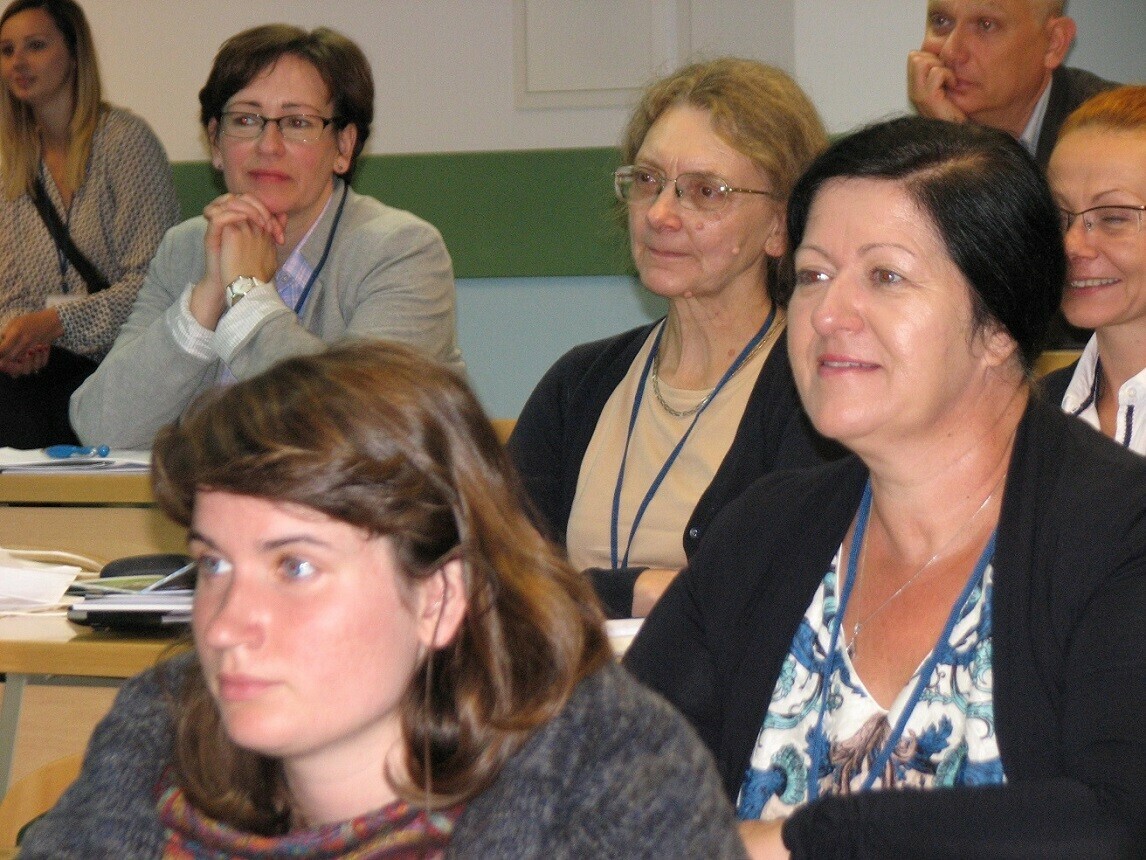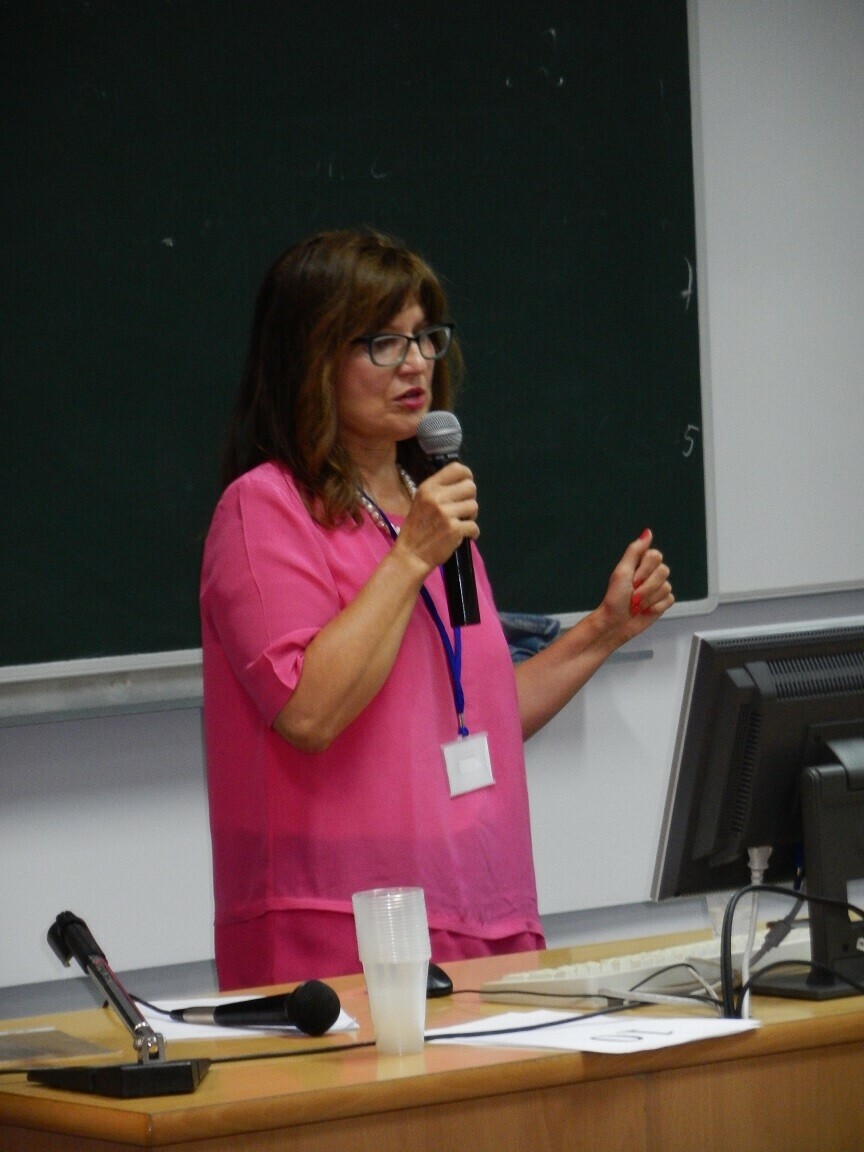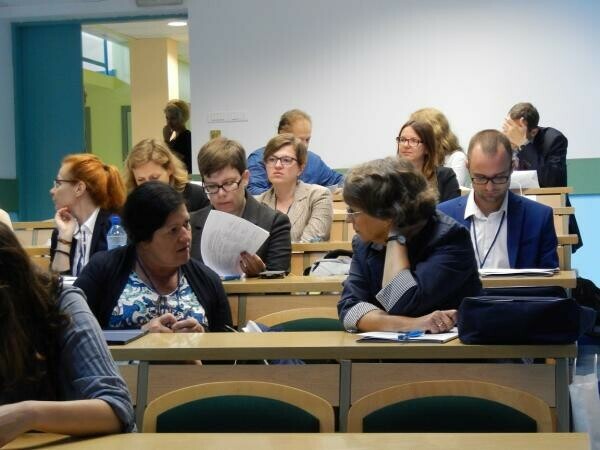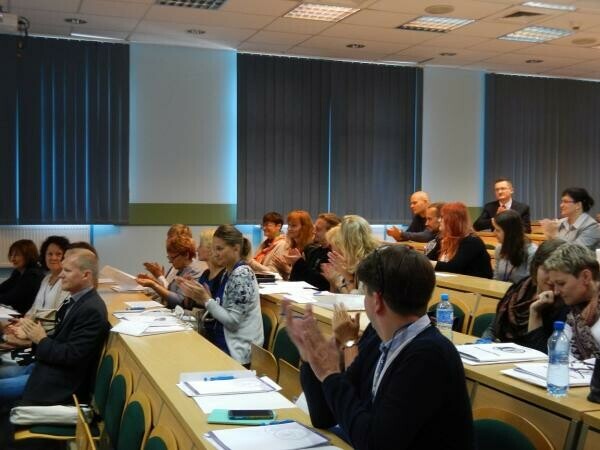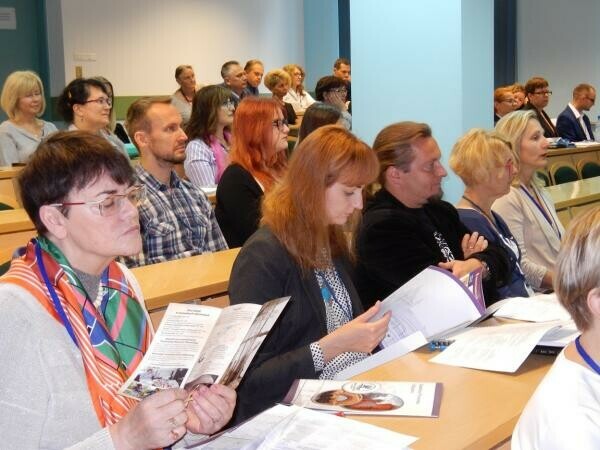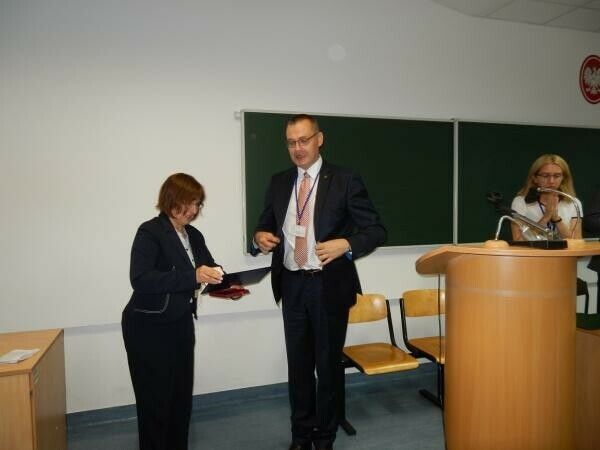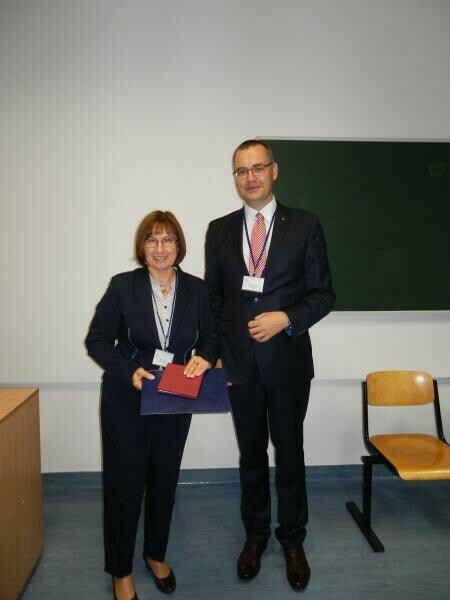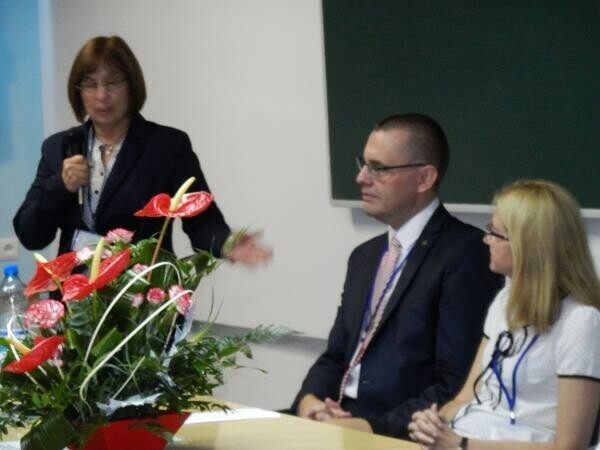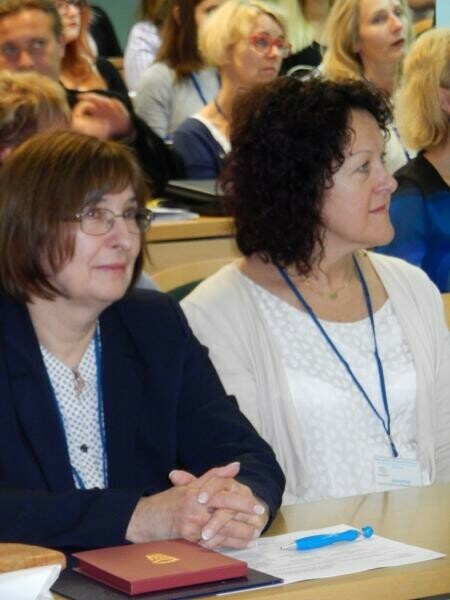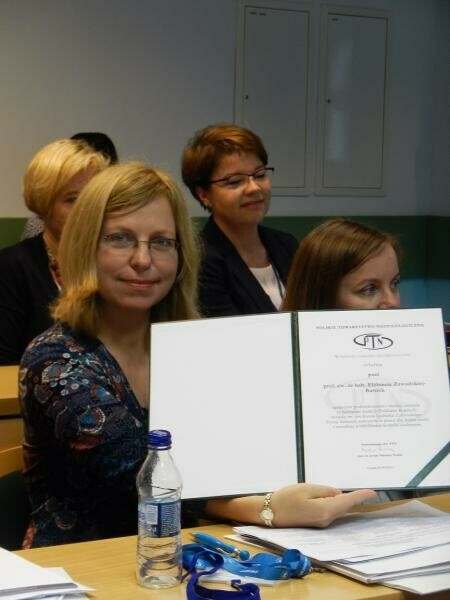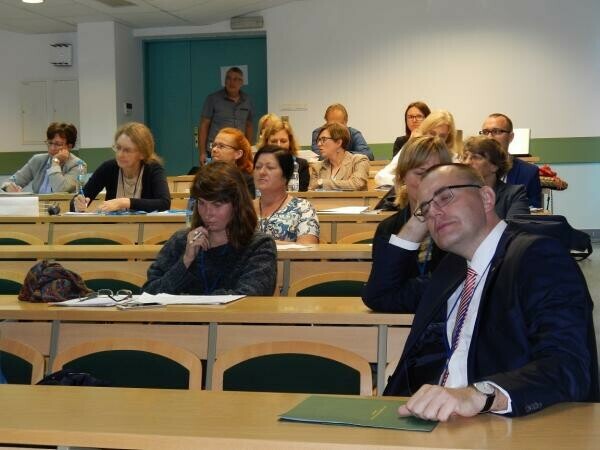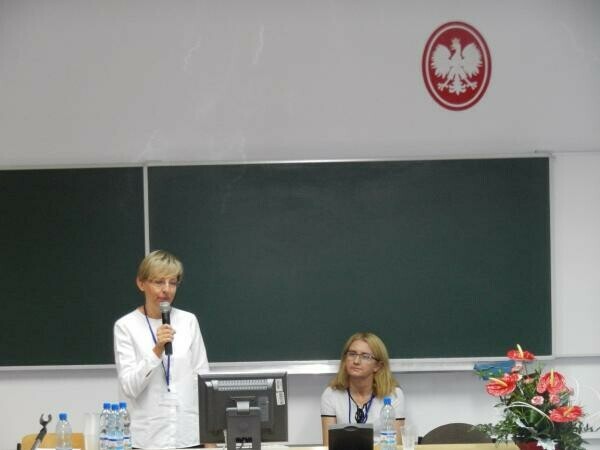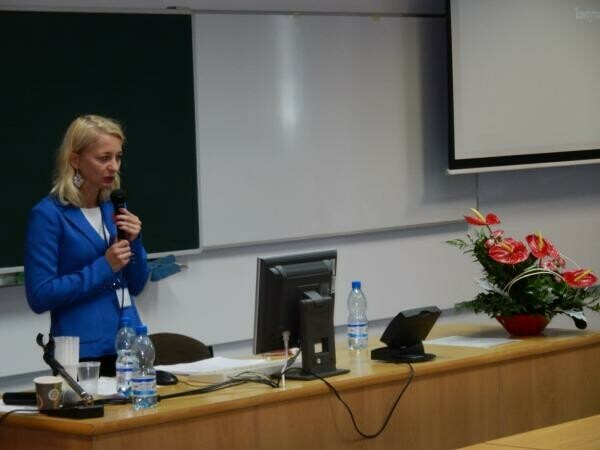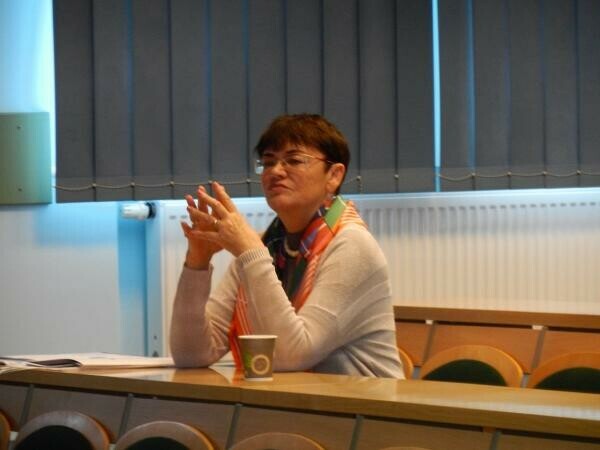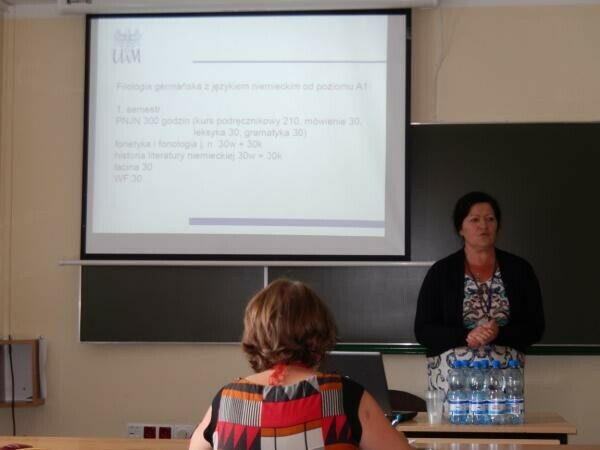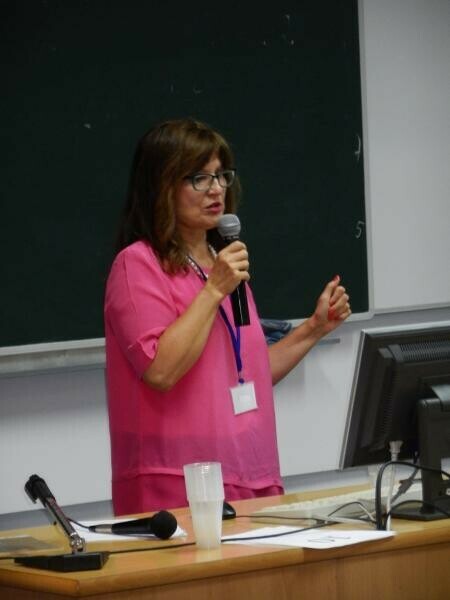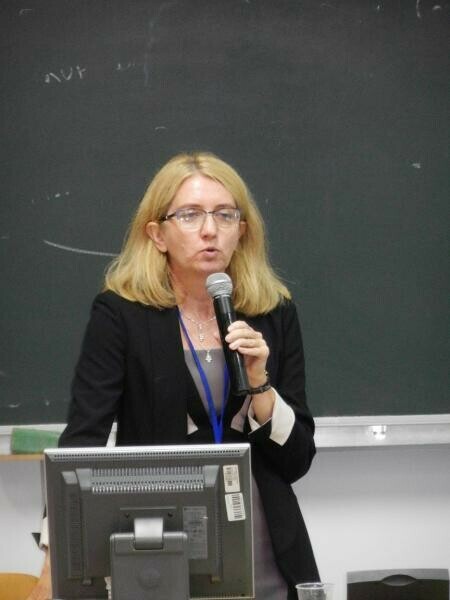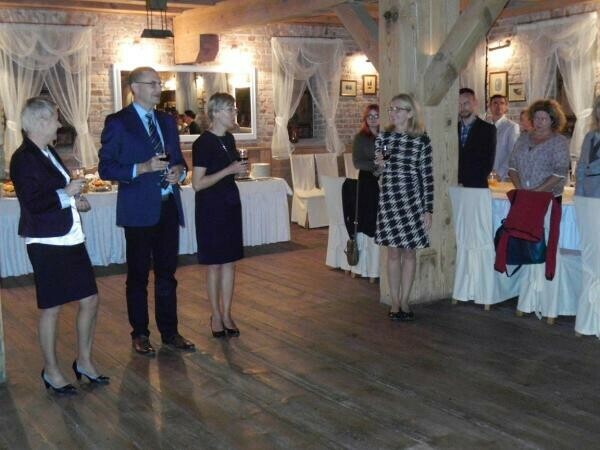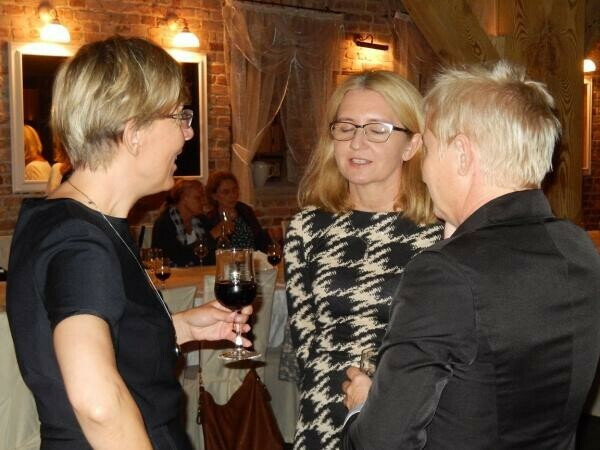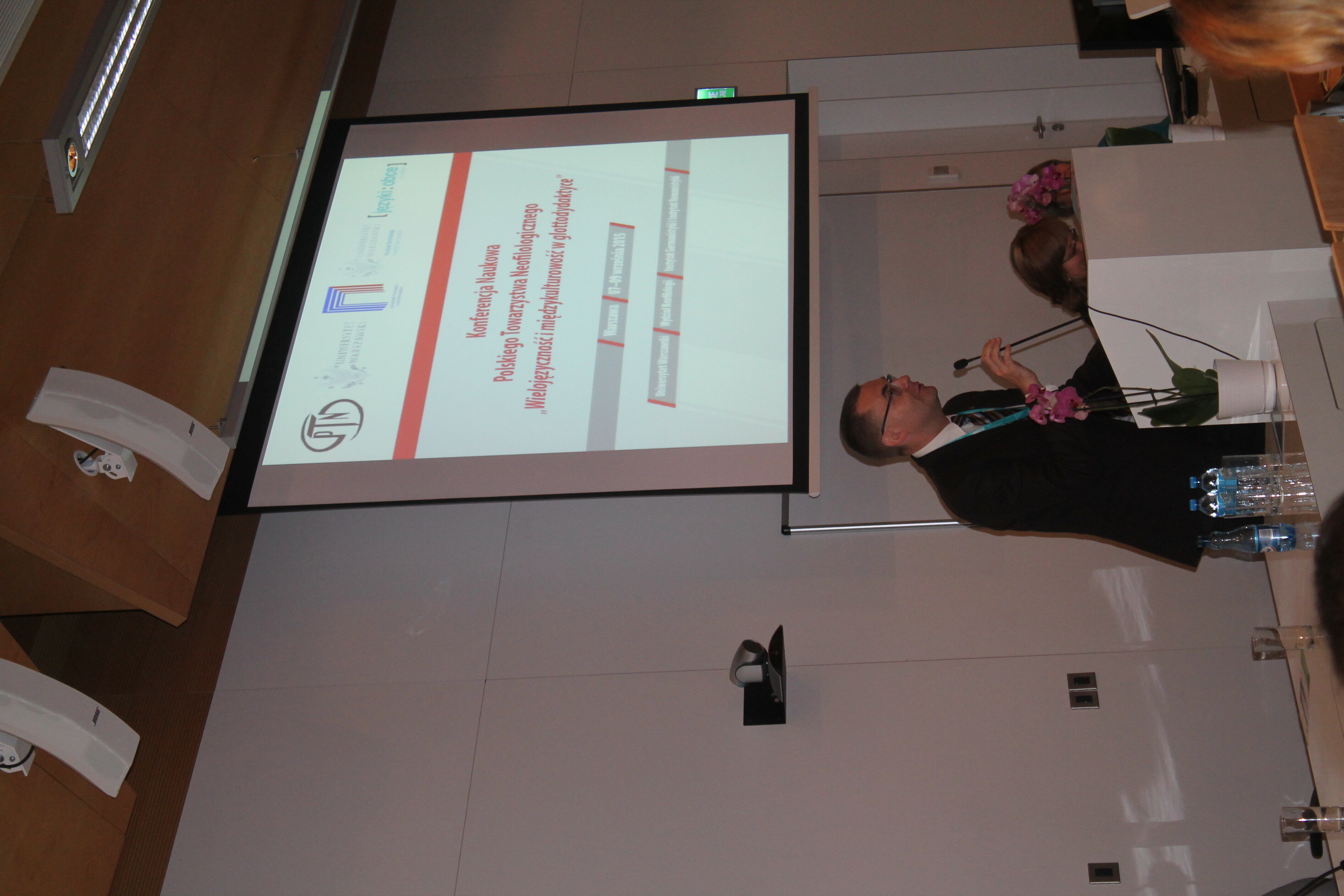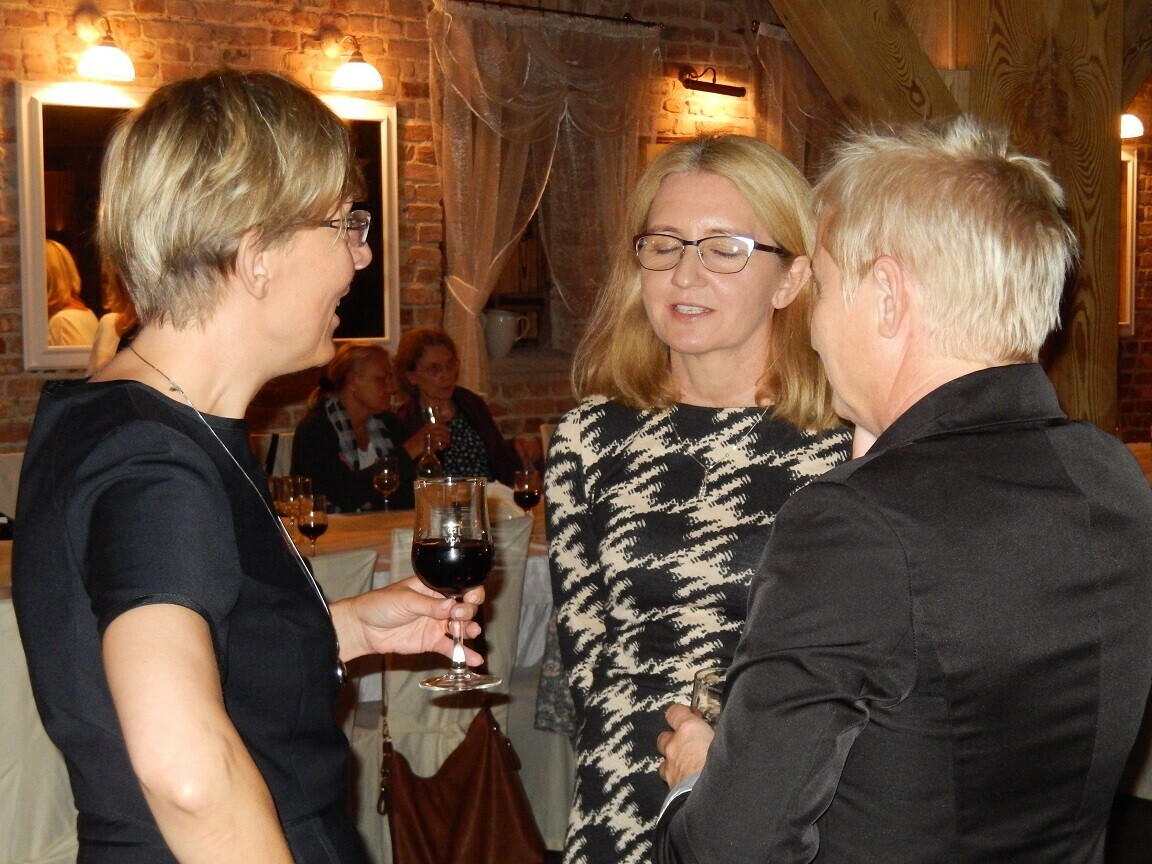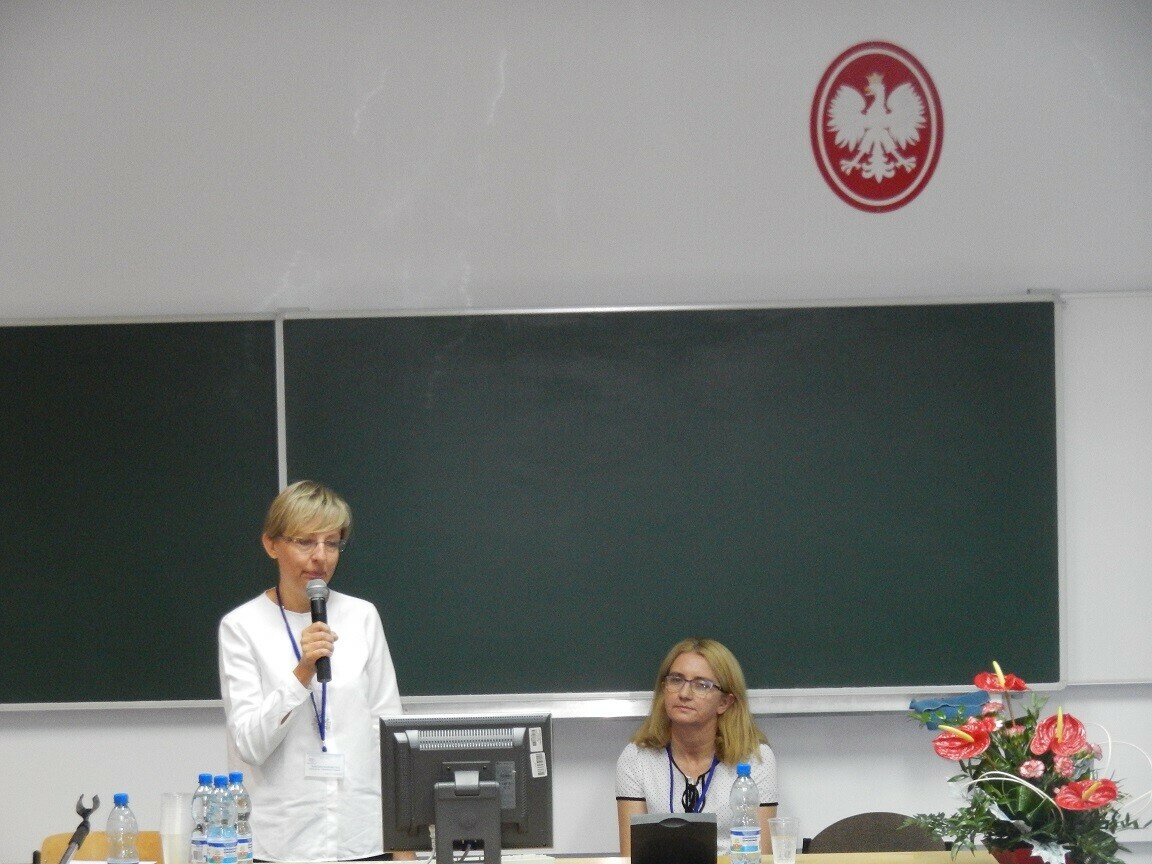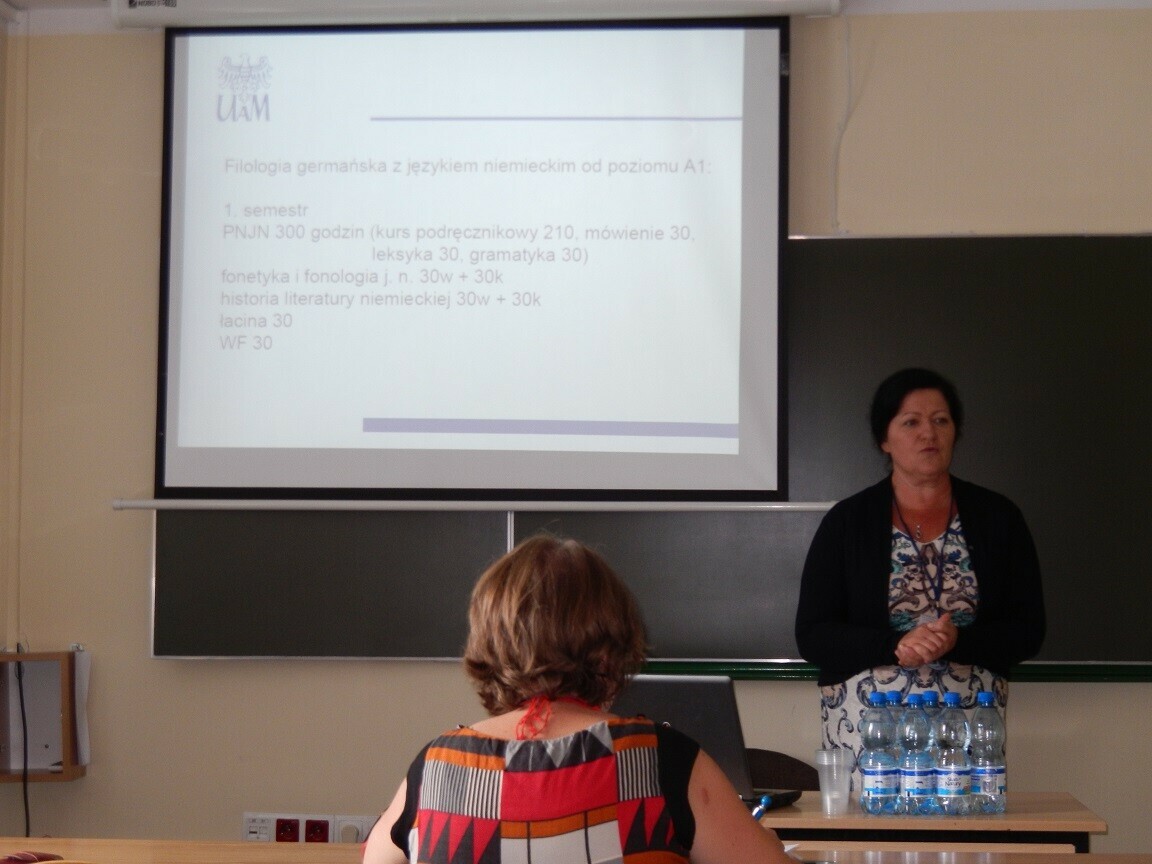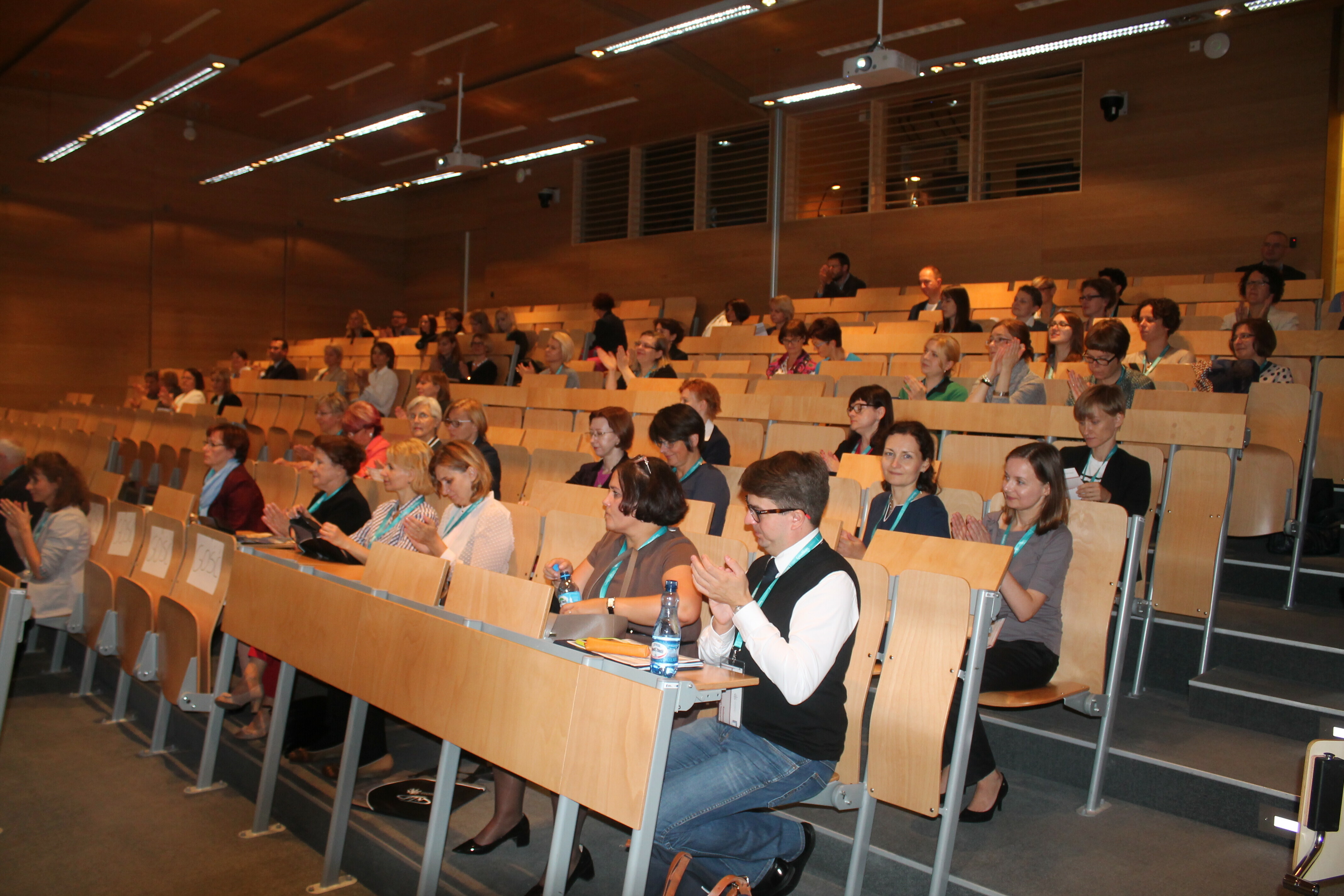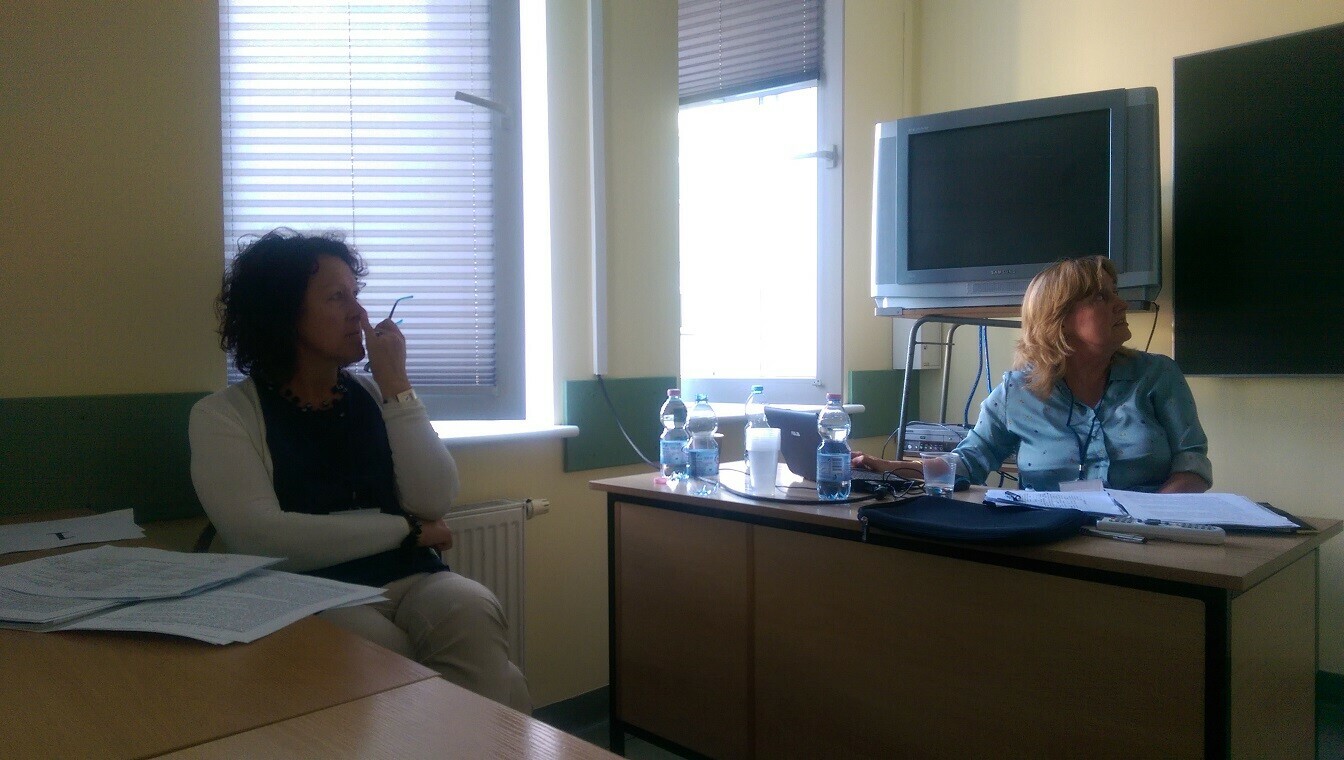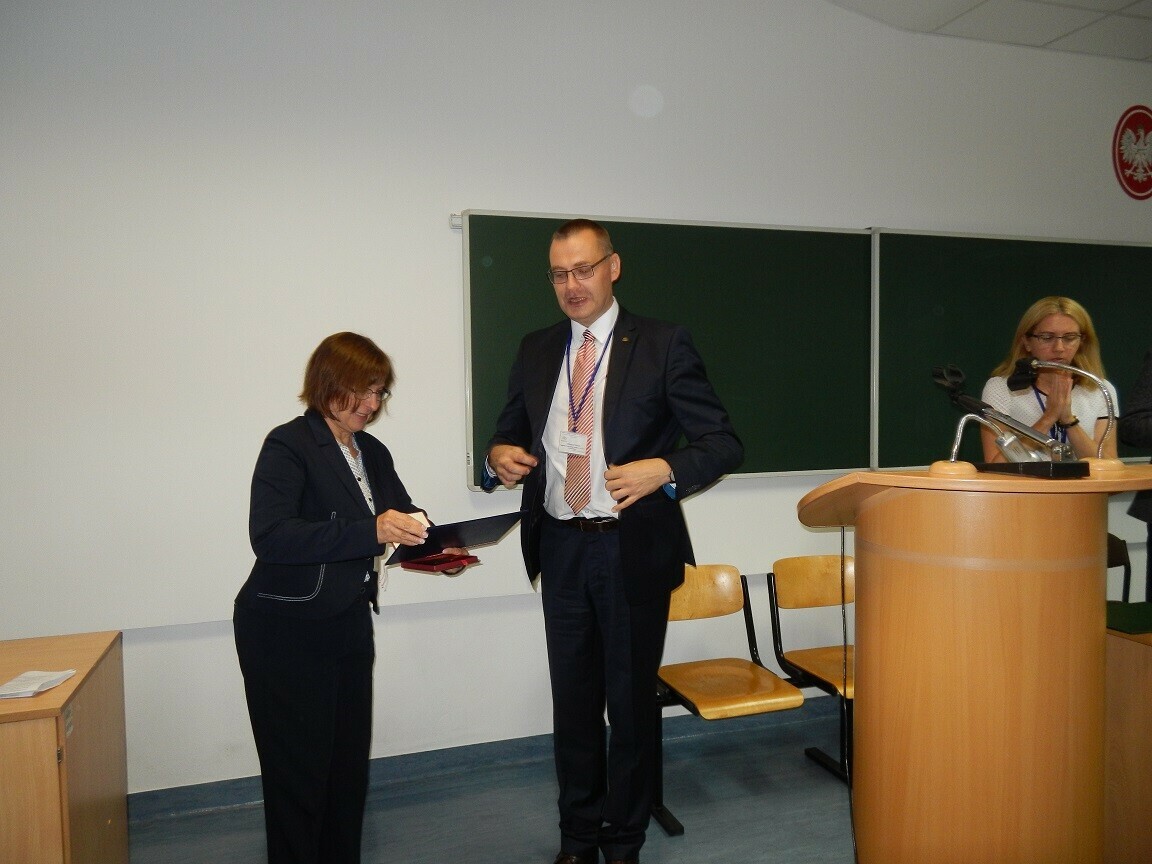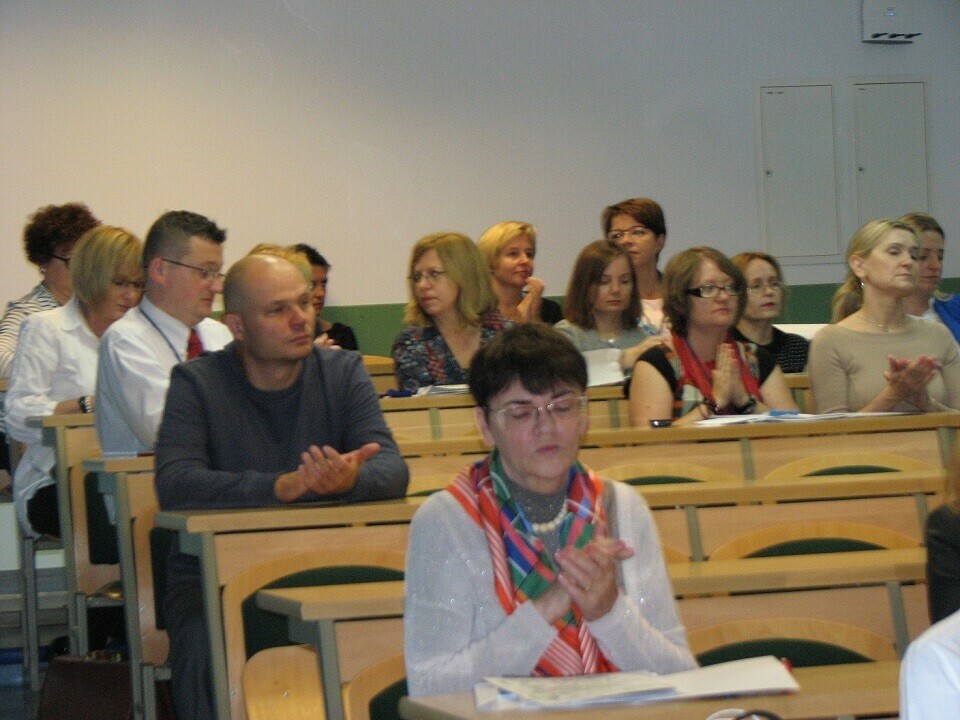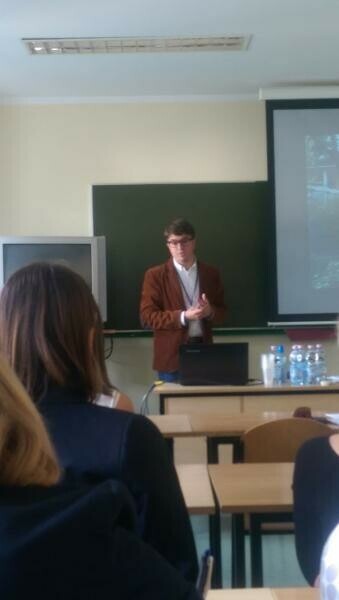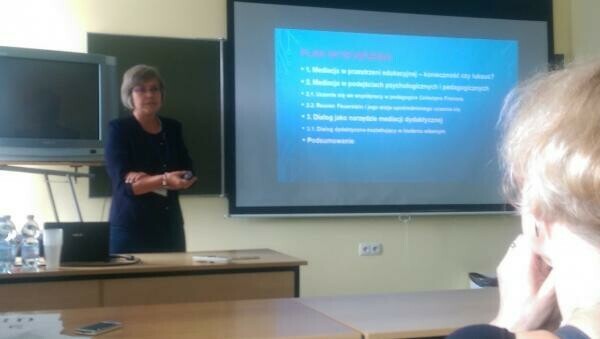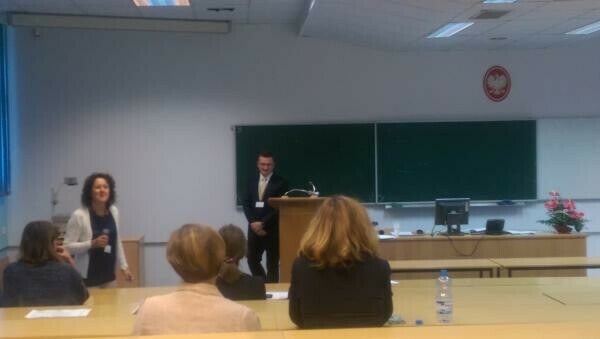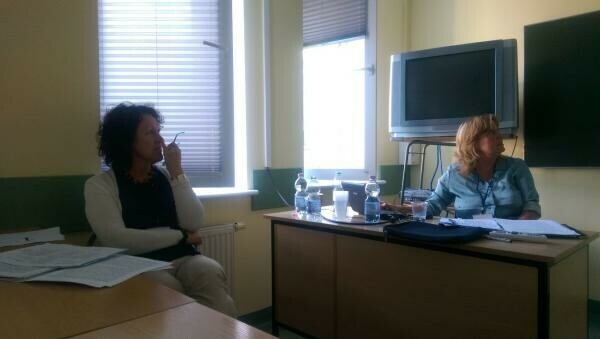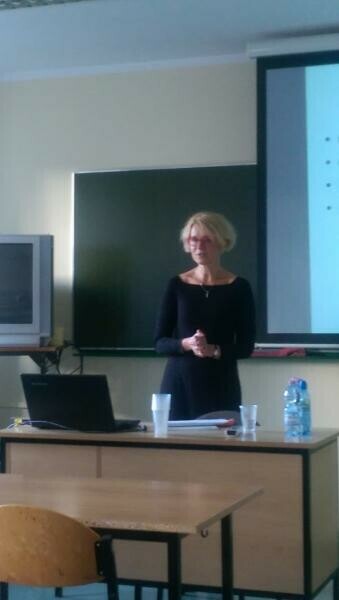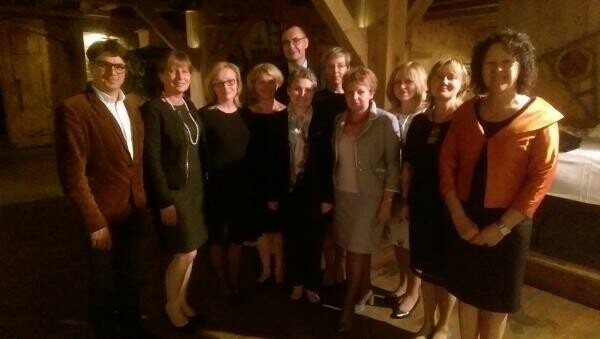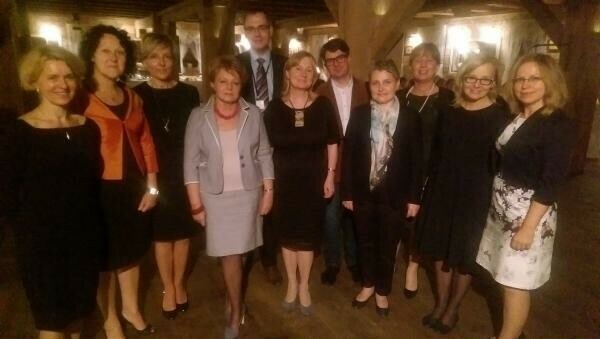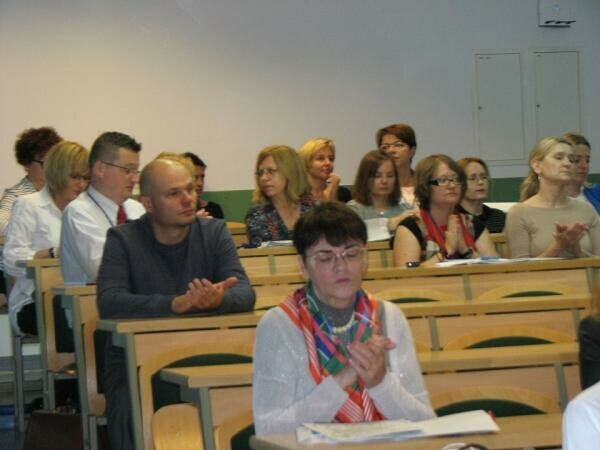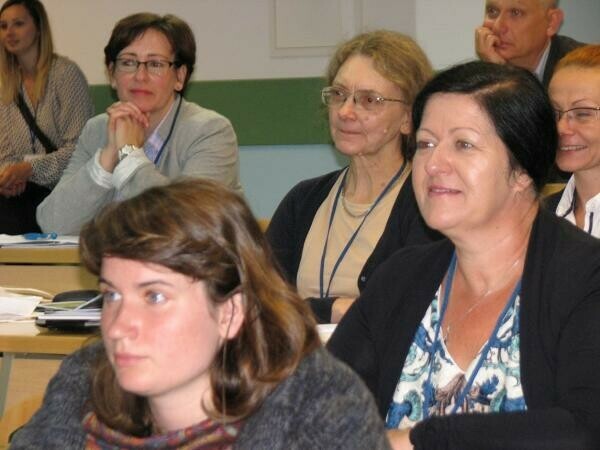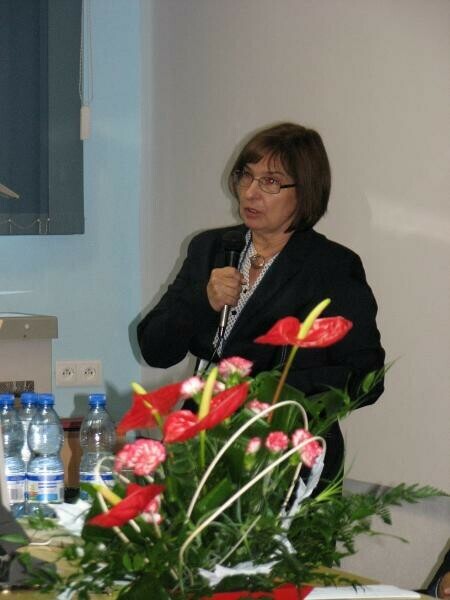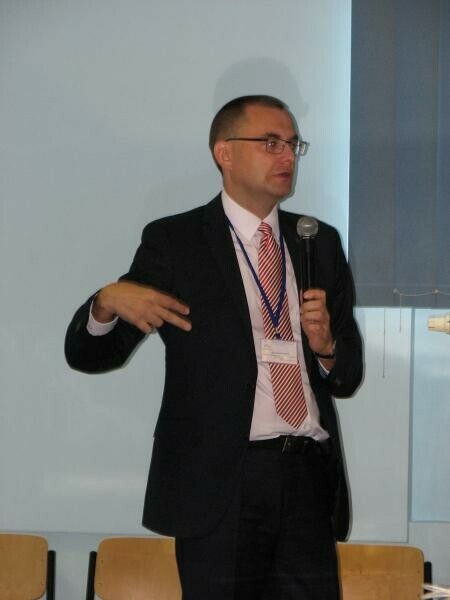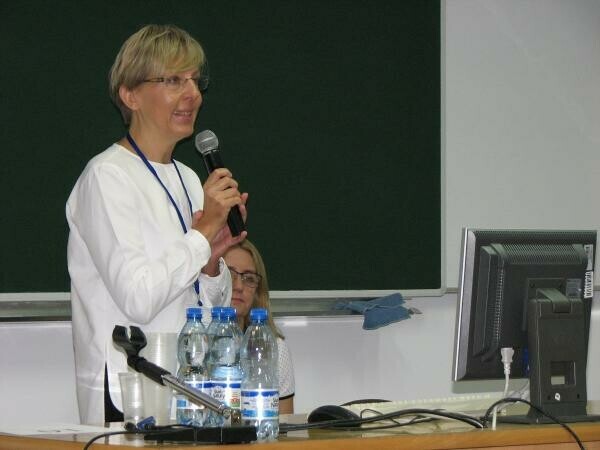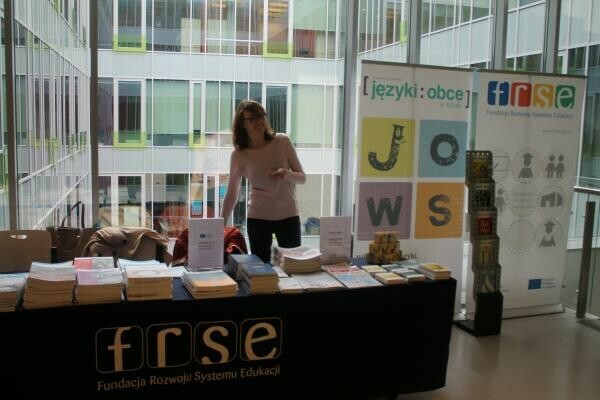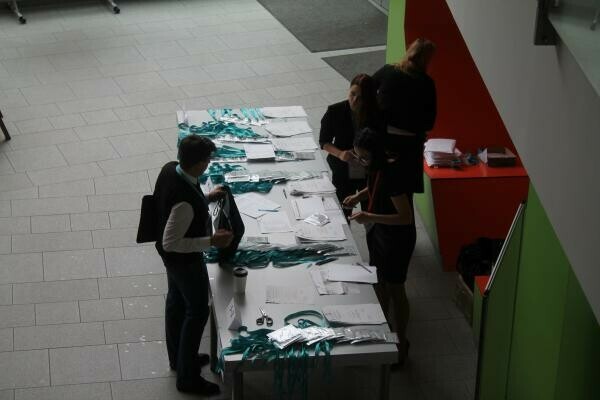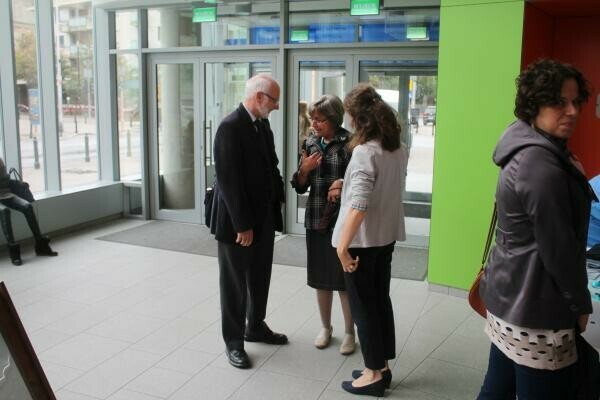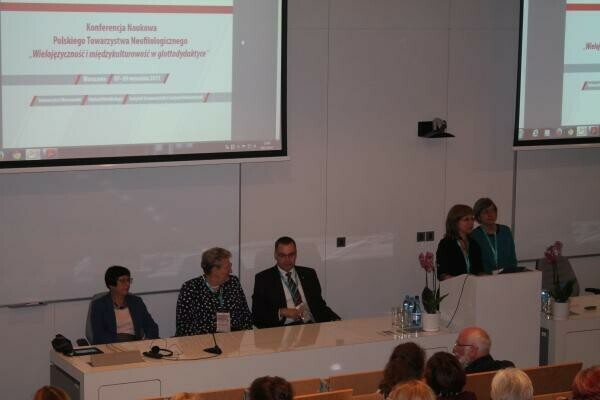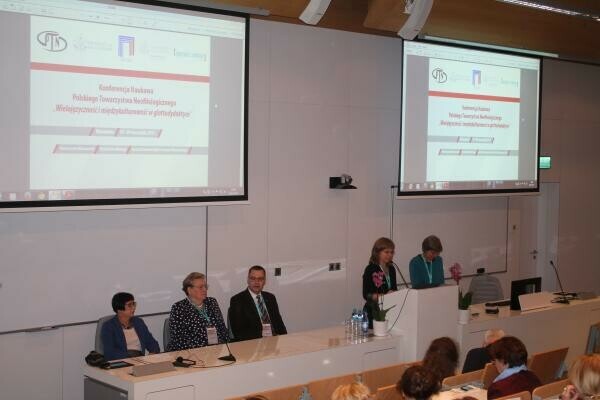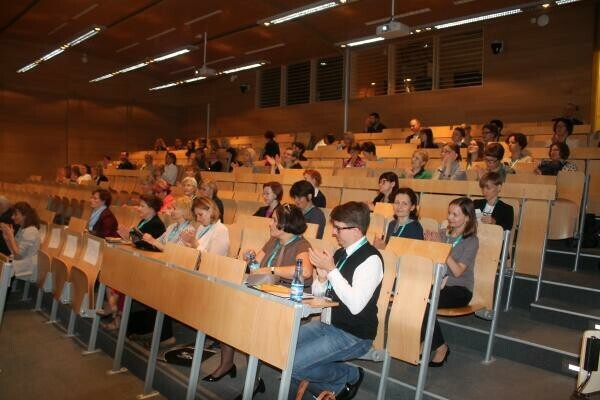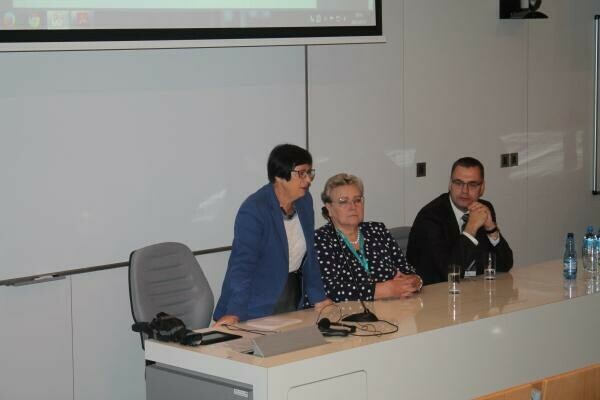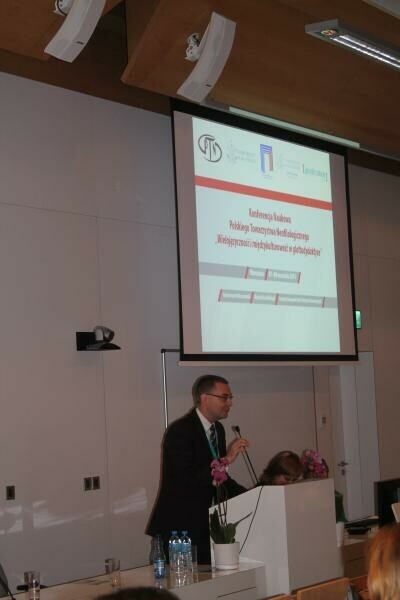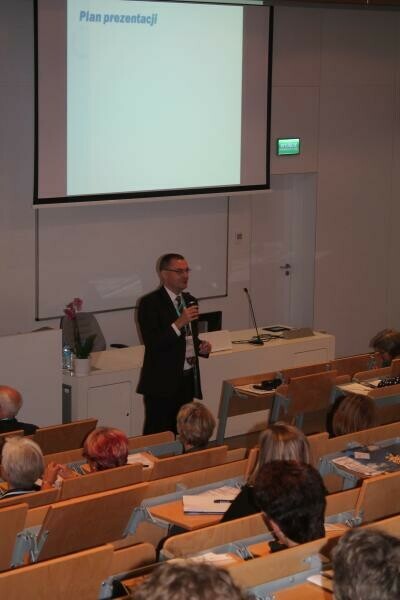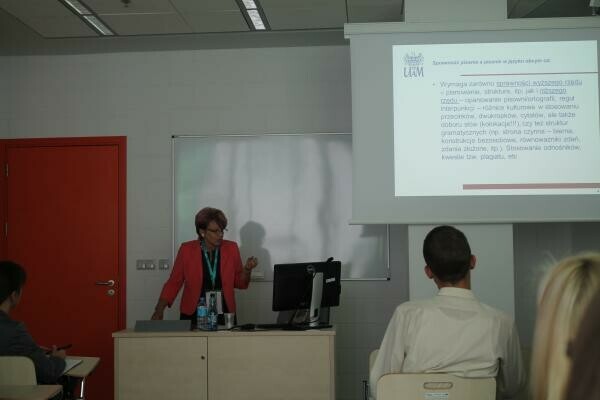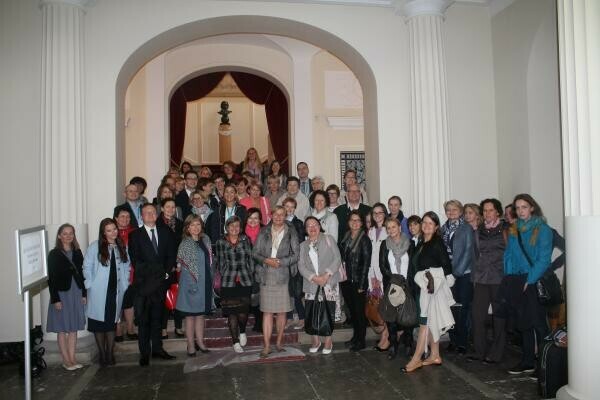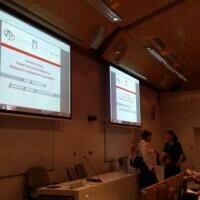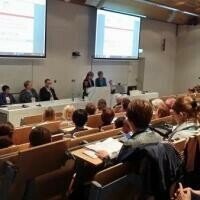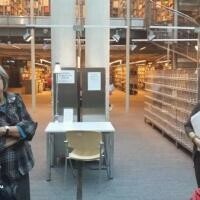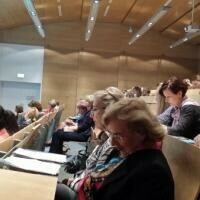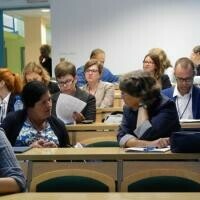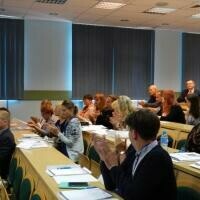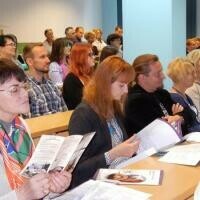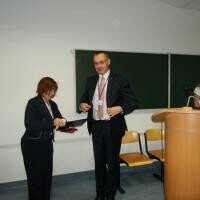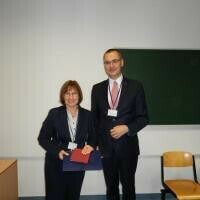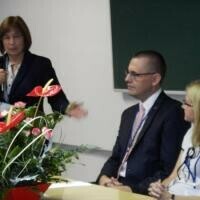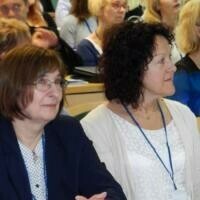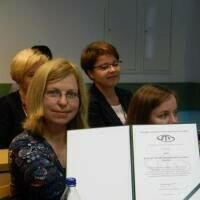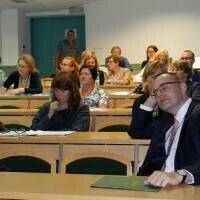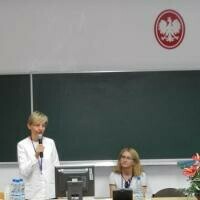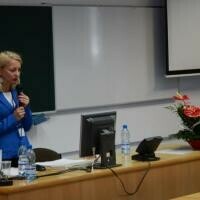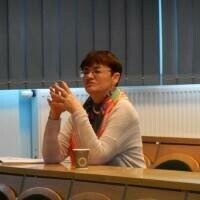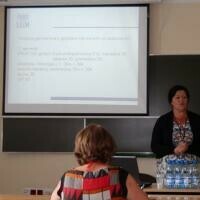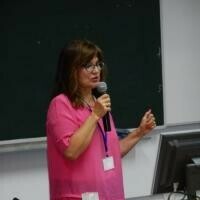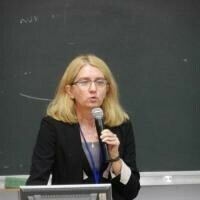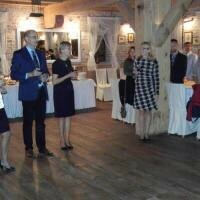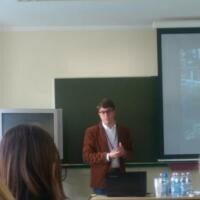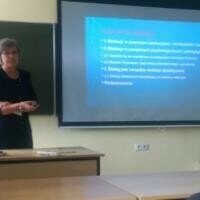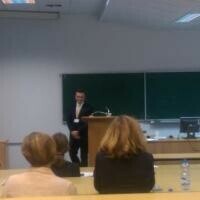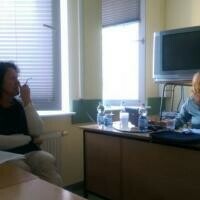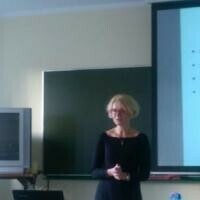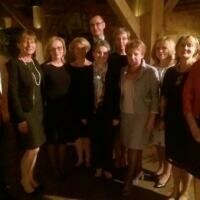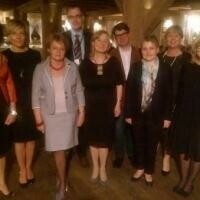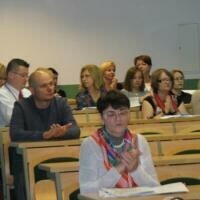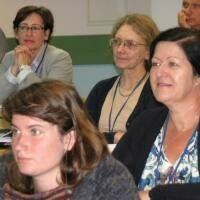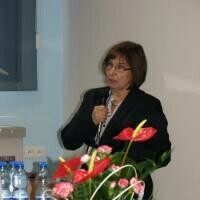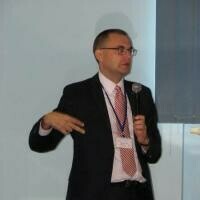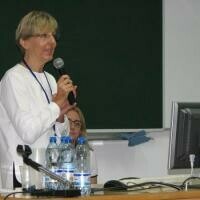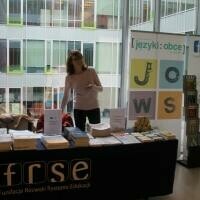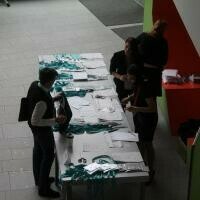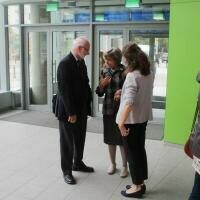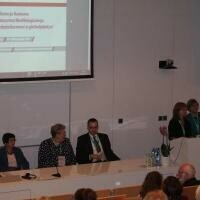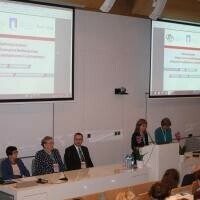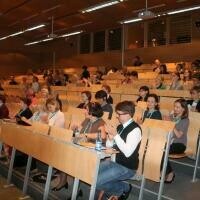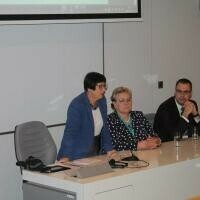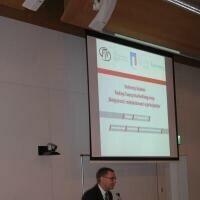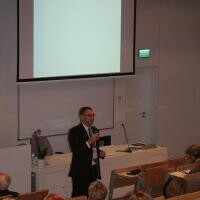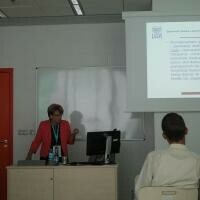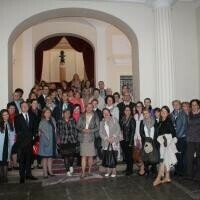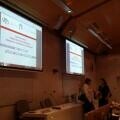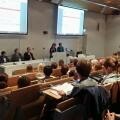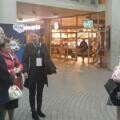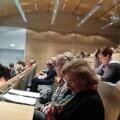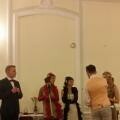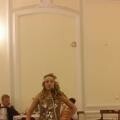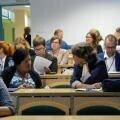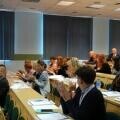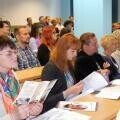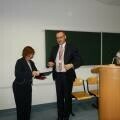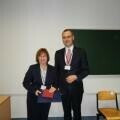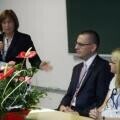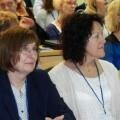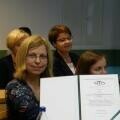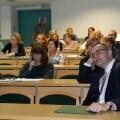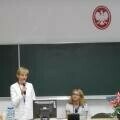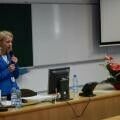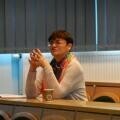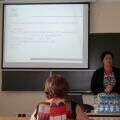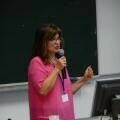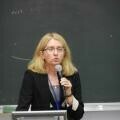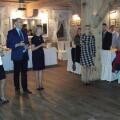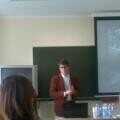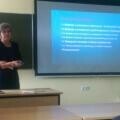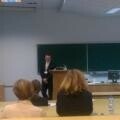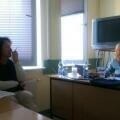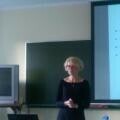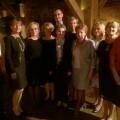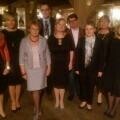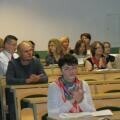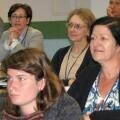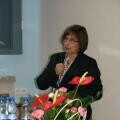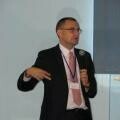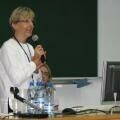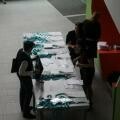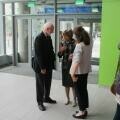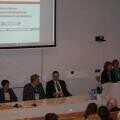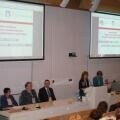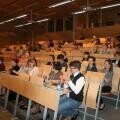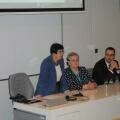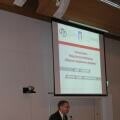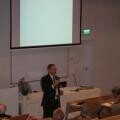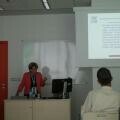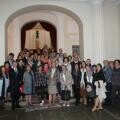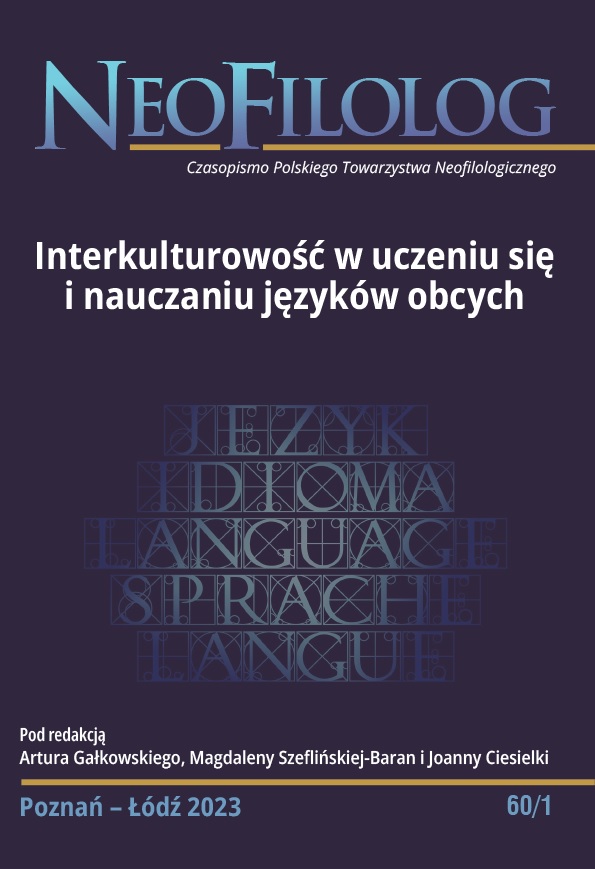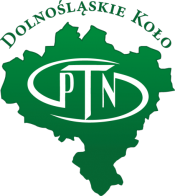Neofilolog nr 36 (2011)
Neofilolog nr 36 (2011)
SŁOWO WSTĘPNE
Z prawdziwą satysfakcją oddajemy do Państwa rąk kolejny tematyczny numer Neofilologa, tym razem poświecony indywidualnym potrzebom edukacyjnym w nauce języków obcych. Publikacja jest wyjątkowa: rzadko bowiem zdarza się, aby tej tematyce były poświecone opracowania zwarte, w których na dodatek partycypują specjaliści z różnych dziedzin: pedagogiki specjalnej, językoznawstwa, dydaktyki językowej i pedagogiki ogólnej. Było to możliwe dzięki spotkaniu na dorocznej konferencji Polskiego Towarzystwa Neofilologicznego, która odbyła się w Lublinie we wrześniu 2010 roku (sprawozdanie z konferencji zamieszczamy na końcu numeru).
Tom został podzielony na cztery części, z których pierwsza nosi tytuł Wyzwania dla edukacji w różnorodności. Część tę otwiera artykuł Elżbiety Zawadzkiej-Bartnik Różnorodność cechą współczesnego świata. Artykuł podnosi kwestię tolerancji w relacjach międzyludzkich i jej znaczenia w kształtowaniu u młodzieży postawy otwartości wobec osób, których szeroko rozumiana odmienność łatwo może stawać się przyczyną uprzedzeń. Kolejne artykuły w tej części poświecone są kolejno: indywidualizacji w polskiej dydaktyce języków obcych (ten historyczny aspekt omawia Anna Maria Harbig), efektywności nauczania/uczenia się języków obcych w zależności od środowiska społecznego i szkolnego (Monika Janicka) i efektywności nauczania w zależności od płci (Agnieszka Rumianowska).
Druga, najbardziej obszerna część tomu podejmuje kwestie nauczania języków obcych uczniów z różnymi rodzajami niepełnosprawności. Otwierający tę cześć artykuł podnosi problem realizacji nowoczesnego modelu szkolnej integracji w świetle poglądów nauczycieli języka obcego, mających doświadczenie w pracy z uczniami z niepełnosprawnością (Katarzyna Karpińska-Szaj). Następnie przedstawione są zagadnienia związane z nauczaniem uczniów z uszkodzeniami słuchu (Kazimiera Krakowiak i Ewa Domagała-Zyśk), uczniów niewidomych (Anita Buczek-Zawiła) oraz uczniów z niepełnosprawnością intelektualną w stopniu lekkim (Małgorzata Burzyńska i Anna Płaskej). W części tej znalazły się także teksty opisujące studium przypadku: uczeń z mózgowym porażeniem dziecięcym (Małgorzata Bielicka) oraz uczeń z zespołem Aspergera autorstwa Tomasza Roga, którego tekst poprzedza artykuł Małgorzaty Kolery wprowadzający w to zagadnienie.
Trzecia część podejmuje temat dysleksji w kontekście nauczania języków obcych. W artykułach omówione zostały kolejno: zagadnienia współwystępowania zaburzeń o charakterze dyslektycznym ze specyficznymi zdolnościami (Grażyna Krasowicz-Kupis), wybrane wyniki projektu badawczego, dotyczącego sprawności grafomotorycznych dzieci w wieku szkolnym (Aneta Domagała i Urszula Mirecka), wiedza nauczycieli języków obcych na temat dysleksji oraz umiejętności dostosowywania przez nich technik nauczania do potrzeb uczniów z dysleksją (Teresa Siek-Piskozub). Część tę zamykają teksty Katarzyny Jaworskiej-Biskup i Marioli Jaworskiej. W pierwszym z nich autorka stara się prześledzić zagadnienie dysleksji z różnych perspektyw: psychologicznej, językoznawczej jak i perspektywy związanej z nauczaniem języka obcego, a w drugim Mariola Jaworska przybliża aktualny stan prawny dotyczący nauczania dzieci i młodzieży ze specyficznymi trudnościami w uczeniu się, odnosząc się jednocześnie do rzeczywistej organizacji pomocy specjalistycznej i wsparcia uczniów z tymi problemami.
Ostatnia, czwarta część tomu poświecona jest stymulowaniu zdolności językowych. Otwiera ją Barbara Sadownik przedstawiając zdolności językowe w świetle modularnej teorii umysłu. Następnie Mirosław Pawlak omawia propozycje sposobów dostosowania założeń autonomicznego podejścia do nauki języka obcego do różnych poziomów zaawansowania językowego oraz indywidualnych cech i zdolności uczniów. Maria Cichoń kontynuuje ten wątek starając się odpowiedzieć na pytanie jak rozwijać skuteczne strategie uczenia się na lekcji języka obcego.
Pragnę bardzo serdecznie podziękować prof. Nawoi Mikołajczak-Matyi za sporządzenie recenzji tekstów zaproponowanych do numeru oraz prof. Mirosławowi Pawlakowi za weryfikację streszczeń w języku angielskim. Mamy nadzieję, że 36. numer Neofilologa poświecony niezwykłemu uczniowi spotka się z Państwa zainteresowaniem.
|
SPIS TREŚCI |
||
|
|
||
|
SŁOWO WSTĘPNE: Katarzyna Karpińska-Szaj |
5 | |
|
Elżbieta Zawadzka-Bartnik - Różnorodność cechą współczesnego świata |
9 | |
| Anna Maria Harbig - Indywidualizacja w polskiej dydaktyce języków obcych okresu 1919-1939 | 19 | |
|
Monika Janicka - Środowisko społeczne i szkolne ucznia a efektywność procesu nauczania i uczenia się języków obcych |
49 | |
|
Katarzyna Karpińska-Szaj - Uczniowie z niepełnosprawnością w szkołach ogólnodostępnych: nauczanie języków obcych |
59 | |
|
Kazimiera Krakowiak - Głuchoniemi czy wielojęzyczni? Problemy osób z uszkodzonym słuchem w przyswajaniu języka |
73 | |
|
Ewa Domagała-Zyśk - Kompetencje uczniów niesłyszących i słabosłyszących w zakresie posługiwania się językiem angielskim w szkołach podstawowych, gimnazjach i szkołach ponadgimnazjalnych |
91 | |
|
Anita Buczek-Zawiła - Niewidomy student anglistyki i jego wykładowca: potrzeby, wyzwania, techniki |
111 | |
|
Małgorzata Burzyńska - Terapeutyczne aspekty nauczania języka obcego dzieci ze specjalnymi potrzebami edukacyjnymi (na przykładzie uczniów zniepełnosprawnością intelektualną w stopniu lekkim) |
125 | |
|
Anna Płaksej - Rola biostymulacji mózgu w uczeniu się języka angielskiego przez nastolatków z niepełnosprawnością intelektualną w stopni lekkim |
145 | |
|
Małgorzata Bielicka - Droga ucznia niepełnosprawnego do poznania języka obcego - studium przypadku ucznia z mózgowym porażeniem dziecięcym |
159 | |
| Iwona Janowska - Profil dorosłego uczącego się języka polskiego jako obcego, czyli kto, gdzie, dlaczego i w jaki sposób uczy się języka polskiego w naszym kraju | 75 | |
| Małgorzata Kolera - Nauczanie języków obcych uczniów z zespołem Aspergera | 171 | |
|
Tomasz Róg - Rozwijanie kompetencji komunikacyjnej u ucznia z zespołem Aspergera |
187 | |
|
Grażyna Krasowicz-Kupis - Młody Leonardo - czyli co naprawdę wiadomo o słabych i mocnych stronach uczniów z dysleksją rozwojową |
199 | |
|
Aneta Domagała i Urszula Mirecka - Trudności grafomotoryczne ucznia wyzwaniem dla nauczycieli języka obcego |
209 | |
| Teresa Siek-Piskozub - Uczeń dyslektyczny: czy nauczyciele są na niego przygotowani | 221 | |
| Katarzyna Jaworska-Biskup - Dysleksja rozwojowa w kontekście edukacji obcojęzycznej - perspektywa interdyscyplinarna | 231 | |
|
Mariola Jaworska - Uczeń ze specyficznymi trudnościami w uczeniu się w procesie uczenia się i nauczania języków obcych w Polsce |
245 | |
|
Barbara Sadownik - Zdolności językowe w świetle modularnej teorii umysłu - implikacje glottodydaktyczne |
257 | |
|
Mirosław Pawlak - Rozwijanie autonomii ucznia w pracy z uczniem niezwykłym |
275 | |
|
Maria Cichoń - Zdolny uczeń - autonomiczny uczeń: jak rozwijać skuteczne strategie uczenia się na lekcji języka obcego |
293 | |
|
RECENZJE |
303 | |
|
SPRAWOZDANIA I KOMUNIKATY |
STRESZCZENIA
Elżbieta Zawadzka-Bartnik
Uniwersytet Warszawski
Diversity as an attribute of the present world
This paper deals with cultural, ethnic, religious, physical and mental diversity as well with different preferences of value systems, lifestyles, etc. dominating in contemporary societies and presents the resulting educational implications. Because of the specificity of social perception, every single case of variation/strangeness triggers off the process of stigmatization/labelling, manifesting itself in intolerant, discriminating or even hostile behaviour. The paper indicates the negative influence of the so-called „hidden programme" of the school and emphasizes the need for increased educational efforts aimed at the formation of tolerant attitudes among students.
Anna Maria Harbig
Uniwersytet w Białymstoku
Individualisation in the Polish Didactics for Foreign Languages during the Period of 1919-1939
Attempts at individualisation in teaching appeared in the Polish didactics for foreign languages during the interwar period following the influence of the „new school" concept, as propagated by the reformation movements in American and European education. On the basis of teaching curriculums, practical reports and theoretical contemplations from the years 1919-1939, the article shows the way the then contemporary teachers of foreign languages understood the notion of individualisation, their arguments for its necessity and also the ways the were trying to adapt the new individualising methods of work and forms of organising lessons for their home environment.
Monika Janicka
Uniwersytet im. Marii Curie-Skłodowskiej, Lublin
Nauczycielskie Kolegium Języków Obcych, Chełm
Students social and school environment and the efficiency of learning foreign languages
The paper is aimed at the identification of the environmental factors which have the most significant impact on the level of teenagers' competence in foreign languages. The main goal is to determine whether school is capable of reducing the impact of adverse social background on achievement in learning a foreign language. The first part of the article is focused on the theoretical aspects of socialization related to the process of learning and provides an overview of research connected with the subject. The second part presents the tools, procedures and findings of the author's own research project.
Agnieszka Rumianowska
Państwowa Wyższa Szkoła Zawodowa, Płock
Gender differences in context of foreign language learning and teaching
The paper is an appendix to gender studies and foreign language teaching. The author presents the interrelationships between gender differences and interaction in language classroom, motivation, achievements and learning strategies of boys and girls. She shows the complexity of these problems when she describes biological and social factors influencing the female and male behaviour and development of the pupils' cognitive skills. The assumption that underlies the basis of the text says, that Gender Studies should be considered in various fields of language education.
Katarzyna Karpińska-Szaj
Uniwersytet im. Adama Mickiewicza, Poznań
Pupils with specific learning difficulties in public schools: Teaching foreign languages
At present the main purpose of school integration is the pursuit of dialogue and ways of ensuring integration which concerns both disabled learners and the ones who do not exhibit special educational needs. In this paper, the issue will be incorporated into the framework of teaching foreign languages to disabled pupils attending public schools. The present author will depict L2 teaching goals in relation to education shared by pupils with and without specific learning difficulties as well as to problems with implementing the idea of integration in foreign language classroom. These questions will be discussed with reference to the opinions of gleaned from public school teachers with experience in working with disabled learners.
Kazimiera Krakowiak
Katolicki Uniwersytet Lubelski Jana Pawła II
Deaf-mute or multilingual? Problems with language acquisition of individuals with hearing impairment
The author aims at presenting in a synthetic way the most important problems appearing in the process of language and speech acquisition and education of children with hearing impairment on the basis of contemporary knowledge of audiophonology, speech therapy and pedagogy of the deaf. The aim of the paper is to present the possibilities and ways of overcoming the difficulties in communication with such children and creating conditions facilitating their language acquisition and education of this group of students in the environment of integrative and mainstream school.
Ewa Domagała-Zyśk
Katolicki Uniwersytet Lubelski Jana Pawła II
Deaf and hard of hearing students' competencies in using English as a foreign language in primary, low secondary and secondary schools
Teaching foreign languages to the deaf formally started in Poland in 2001 so it still can be treated as a relatively new educational phenomenon that needs to be thoroughly researched. So far there have been only several works in the literature that would present the approaches, methods and techniques that the teachers might use. However, there is not a single study that would touch upon the problem of the effectiveness of the teaching programs. The aim of the paper is to explore the linguistic competencies of the deaf students of Polish primary, low secondary (gymnasium) and secondary schools as far as their reading comprehension, vocabulary and grammar competencies and communicative skills are concerned. On the basis of these analyses and contemporary knowledge about the principles of teaching foreign languages to the deaf (cf. Domagała-Zysk 2001, 2003, 2010 and others) a document is presented, Linguistic competences of the hearing-impaired students in the foreign language classroom, that might serve as a significant contribution to our knowledge about the effectiveness of foreign language education for deaf students.
Anita Buczek-Zawiła
Uniwersytet Pedagogiczny, Kraków
A blind student of English Philology: needs, challenges, techniques
It is generally postulated that visually-impaired students should be involved in mainstream study programs, along their sighted co-students. In the context of English Philology, this means that lecturers need to adapt their tutorials, their teaching aids, their techniques and general attitude. It is advocated here that it can be done even when lecturers are not trained in the field of SEN. The success of their students depends largely on the lecturers resourcefulness and creativity, as well as on their willingness to devote extra time to meeting the needs of such students.
Małgorzata Burzyńska
Specjalny Ośrodek Szkolno-Wychowawczy im. Marii Grzegorzewskiej, Piła
Therapeutic aspects of teaching a foreign language to children with special educational needs taking as an example learners with mild intellectual disability
The paper is an attempt to present an overall approach to special educational needs as revealed by children with mild intellectual disability in the course of learning a foreign language. It presents the results of an action research study conducted among primary special school pupils. The research aimed at identifying the possible range of basic skills involved in learning a foreign language, and in addition, determining the degree to which the foreign language stimulates the use of the mother tongue by those children. The paper also presents the limitations on the therapeutic aspects of teaching foreign languages to learners afflicted by intellectual disability.
Anna Płaksej
Uniwersytet Wrocławski
The role of brain bio-stimulation in learning English by mildly retarded teenagers
The 21st century is the time of dynamic development of advanced technologies as well as creating and improving equal opportunities for those who have not had them so far. The appropriate and well adjusted education of people who are mentally retarded may turn out to be one of the most important ways to prepare them to live independently in their societies. In every Polish school at least one foreign language is taught and mostly it is English. Even though the idea of teaching English to mildly retarded students has always been controversial, the Ministry of Education in Poland decided to put it into practice. Consequently, since 2009 the junior high school graduation exam has included a component devoted to testing a foreign language. These changes made it necessary to increase the effectiveness of foreign language pedagogy.
A lower intelligence quotient, psycho-motor hyperactivity or emotional disturbance are factors that make the English language learning process more difficult for the mildly retarded students; however, they do not prevent it. The process may be facilitated by adjusting the teaching techniques and, thanks to new technologies, by diminishing hyperactivity and problems with concentration. The research conducted by the author showed that in case of mildly retarded students brain stimulation with the use of EEG Biofeedback influenced positively their learning English. The article describes in more detail the problems mentioned above and aims to present evidence supporting the assumption that brain bio-stimulation may have a positive impact on vocabulary retention in learning English by mildly retarded teenagers.
Małgorzata Bielicka
Uniwersytet im. Adama Mickiewicza, Poznań
How a disabled student learns a foreign language. A case study of an FL student with Celebral Palcy
The paper is a case study of a disabled student (cerebral palsy). The information about the student was obtained from the interviews with him as well as his parents and teachers, school documents and a narration study which involved three psychologists. The main research questions focused on the difficulties which disabled students come across during their education. The research also addressed such issues as the role of the surroundings in the education of the disabled as well as the reasons behind the choice of philological studies by a disabled person.
Małgorzata Kolera
Uniwersytet Warszawski
Teaching foreign languages to pupils with Asperger syndrome
The paper presents an overview of issues pertaining to teaching foreign languages to pupils with Asperger syndrome at school. Following a brief background to the impairments, it proceeds to discuss the significance of learning foreign languages by pupils with Asperger syndrome as it can lead to beneficial effects on their overall development. The article also analyses the profile of attitudes, knowledge and skills of foreign language teachers working with Asperger syndrome learners. The paper finishes with an attempt to depict the main difficulties that Asperger syndrome pupils and their teachers face during foreign language classes and to present strategies for intervention.
Tomasz Róg
Państwowa Wyższa Szkoła Zawodowa, Piła
Developing communicative competence in a learner with Asperger's Syndrome
The paper reports the findings of a study that the author conducted in order to investigate the possibility of developing communicative competence in a learner with Asperger's Syndrome. Information about the disorder is followed by enquiry into the notion of the theory of mind which is said to determine the ability to communicate effectively. Since patients with Asperger's Syndrome do not demonstrate theory of mind, it is believed they are unable to develop communicative competence. However, the literature in the field points to the therapeutic aspects of foreign language teaching and therefore the author explored the possibility of improving communicative skills in the case of a 13-year-old boy diagnosed with Asperger's Syndrome.
Grażyna Krasowicz-Kupis
Uniwersytet Marii Curie Skłodowskiej, Lublin
Young Leonardo: what we really know about the gifts and deficits of dyslexic individuals
The paper focuses on the issue of special gifts of individuals with dyslexia. Many authors suggest that specific learning disabilities, like dyslexia, are connected with talents. Most often they point to the high level of visual and spatial abilities. Unfortunately, the analysis of the findings of the available research shows that there is insufficient evidence that dyslexics are more creative and gifted than other people.
Aneta Domagała
Urszula Mirecka
Uniwersytet Marii Curie-Skłodowskiej, Lublin
Learners' graphomotor difficulties as a challenge to foreign language teachers
The paper presents the results of studies on graphomotor skills and indicates the phenomena that may adversely affect the acquisition of knowledge and school skills, including learning a foreign language. In the context of teaching foreign languages, graphomotor difficulties were related to the skill of writing and in particular to the graphic level of handwriting. Emphasis was also laid on graphic problems discovered in the course of qualitative analysis, which can be found also at the level of spelling, since their occurrence may especially hinder learning a new language.
Teresa Siek-Piskozub
Uniwersytet im. Adama Mickiewicza, Poznań
Dyslexic learner: are teachers prepared for him?
The present paper deals with the problem of teaching dyslexic learners in EFL classroom. A brief discussion about the nature of the learning problems of dyslexic learners is followed by a report of a survey carried out among 26 EFL teachers of different teaching experience. The questionnaire addressed such issues as contacts of the EFL teachers with learners diagnosed as dyslexic, their awareness of the problems such learners encounter while learning another language, ways of treating dyslexic learners to enhance learning and an availability of the professional advice in that matter etc. The data show that not all of the surveyed EFL teachers feel prepared to the problems emerging from teaching dyslexic learners; some of the ways they choose to overcome the problem are controversial. Many do not know related literature. However, majority of them can rely on the assistance of a school pedagogue or psychologist. Yet, the fact that less than half of the respondents had training in teaching learners with dyslexia during their professional education, whereas at the same time they all report having dyslexic learners in their class, points to the need of introducing the topic to the professional training of foreign language teachers as an obligatory component.
Katarzyna Jaworska-Biskup
Uniwersytet Szczeciński
Developmental dyslexia and foreign language teaching: An interdisciplinary perspective
Many branches of science and academic disciplines such as psychology, linguistics or medicine fuel interest in developmental dyslexia by proposing a variety of theories attempting to determine what causes dyslexia and how dyslexia influences the acquisition of a foreign. For this particular reason, a foreign language teacher must not only be equipped with a sound methodological knowledge but also familiar with current approaches to dyslexia. The main tenet of this article is that dyslexia-related difficulties have a tremendous impact on second language learning, which necessitates the inclusion of specially adapted techniques and instruction.
Mariola Jaworska
Uniwersytet Warmińsko-Mazurski, Olsztyn
Learners with specific learning difficulties in the process of learning and teaching foreign languages in Poland
The article addresses the problem of teaching foreign languages to children and adolescents with particular learning difficulties, which require specialized help from the state and the school as an institution. The discussion includes the analysis of the current legal situation as well as the analysis of the organization and functioning of schools and psychological-pedagogical counseling service.
Barbara Sadownik
Uniwersytet Marii Curie-Skłodowskiej, Lublin
Language abilities in a modular perspective: Implications for foreign language learning and teaching
The article is devoted to the problem of the nature and structure of the human language capacity. The author addresses the fundamental questions of the place and role language plays among other cognitive faculties, such as perception, thinking, memory, attitude, etc. She first emphasizes the multidisciplinary character to the research programs dealing with specific and unique attributes of human cognitive system, its structure and function. Current models of the human mind happen to be typically based on divergent methodological, epistemological, and ontological assumptions. How useful they prove to be in the end comes with their heuristic value, which is how much inspiration they bring about theoretically as well empirically. It is modular models of the mind that the author subjects to scrutiny and claims to be the basis for further methodological discussion on human capacity for language placed in the context of mono-, bi-, and multilingualism. What makes the author opt for modular conceptions in particular is their theoretical relevance, originality, and convergence with latest findings in cognitive neuroscience. The latter is the reason why she takes the cognitive and the neurobiological aspects of language capacity to be complementary to each other. Any and all attempts at relating cognitive neuroscience to modularity theories are, then, said to be interesting and have practical implications. So do neurolinguistic experiments and models of the mind that stem from both neurobiological and modular considerations.
Mirosław Pawlak
Uniwersytet im. Adama Mickiewicza
Zakład Filologii Angielskiej, Kalisz
Fostering autonomy and the exceptional language learner
Fostering learner autonomy is undoubtedly one of the most important goals of foreign language education in Poland, which is evidenced by the fact that it has been included in the current national curriculum, it figures prominently in virtually all available syllabi, and modern coursebooks include numerous elements intended to assist its implementation. It should be made clear, however, that the development of an autonomous approach to language learning is by no means an easy task, the success of which is to a large extent dependent on a particular student. Thus, the aim of the present paper is to demonstrate how autonomy can be effectively promoted in the case of exceptional learners, both such who are successful and such for whom learning a foreign language poses a formidable challenge.
Maria Cichoń
Uniwersytet Marii Curie-Skłodowskiej, Lublin
Gifted learner - autonomous learner: How to develop effective strategies for classroom language learning
The paper is devoted to the learner's capacity for autonomous foreign language learning, as well as to the role of the teacher in shaping cognitive, metacognitive and socioaffective strategies, which can contribute to effective language education in particular ways. Nowadays teachers cannot neglect skills falling into the „learn to learn" category, which are included in the university teacher training and handbooks only to a very limited degree. The need to focus on such skills is illustrated by the results of surveys conducted among foreign language students, demonstrating their very limited awareness of language learning strategies.


